Shows
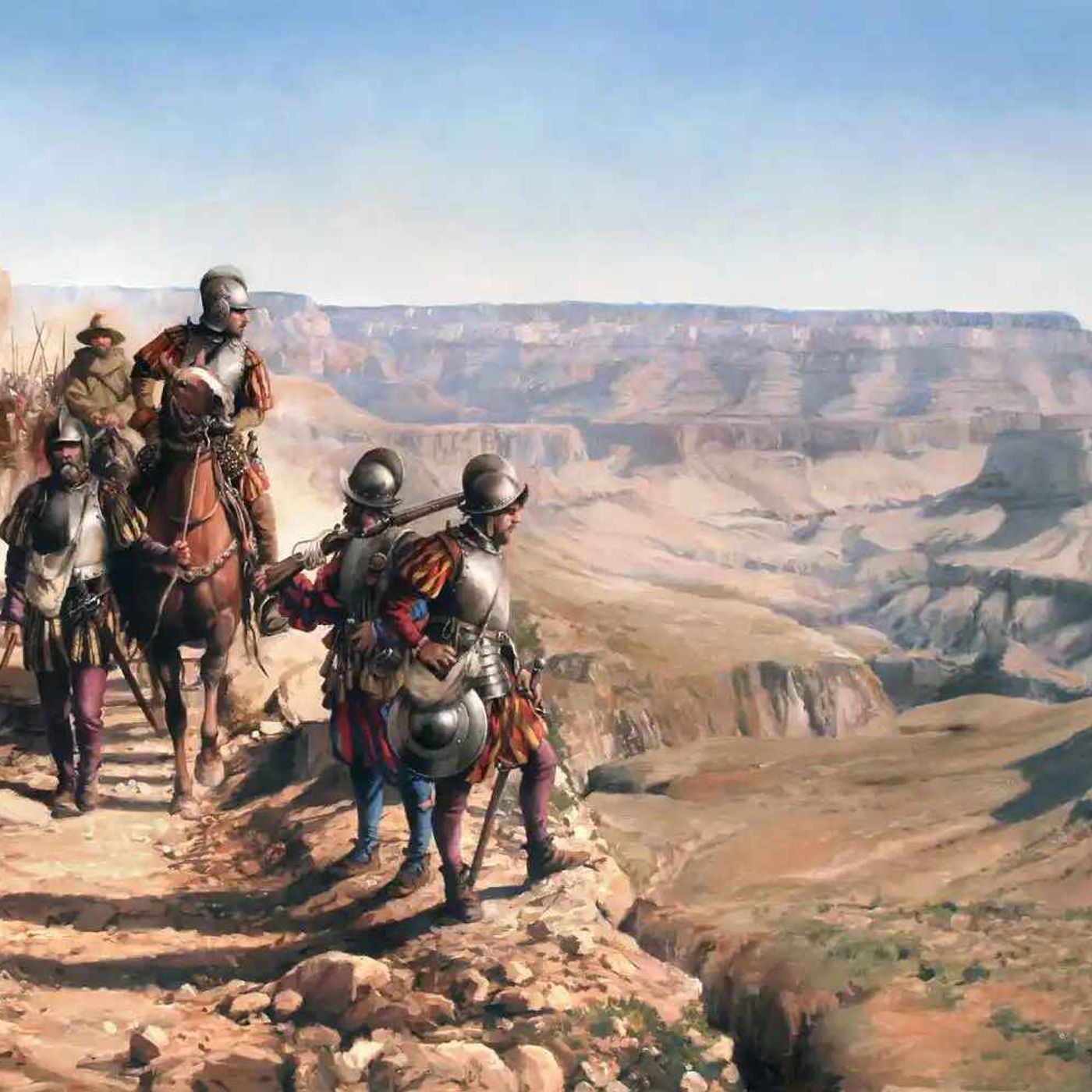
XIKOOVA EnglishTristán de Luna y Arellano: shipwrecks, deceptions and failure in La Florida (1559)The failed expedition of Tristán de Luna to Florida in 1559 demonstrated the limits of viceregal power, the complexity of the indigenous peoples of the southeast and the fragility of imperial plans in unknown territories.See the complete article here:Tristán de Luna y Arellano: shipwrecks, deceptions and failure in La Florida (1559) | XIKOOVA
2025-08-1305 min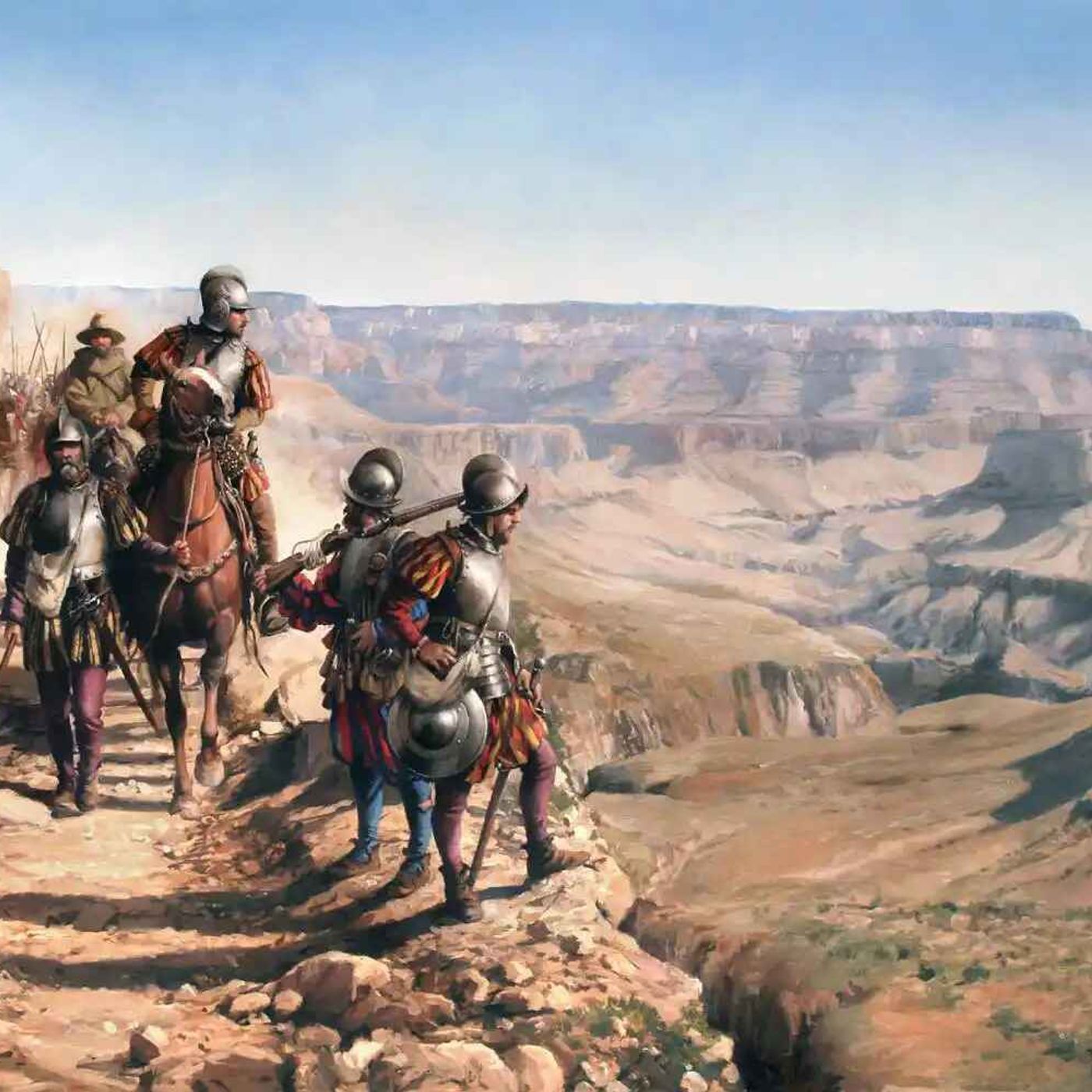
XIKOOVATristán de Luna y Arellano: naufragios, engaños y el fracaso en La Florida (1559)La fallida expedición de Tristán de Luna a La Florida en 1559 evidenció los límites del poder virreinal, la complejidad de los pueblos indígenas del sureste y la fragilidad de los planes imperiales en territorios desconocidos.Ver el articulo completo aquí:Tristán de Luna y Arellano: naufragios, engaños y el fracaso en La Florida (1559) | XIKOOVA
2025-08-1304 min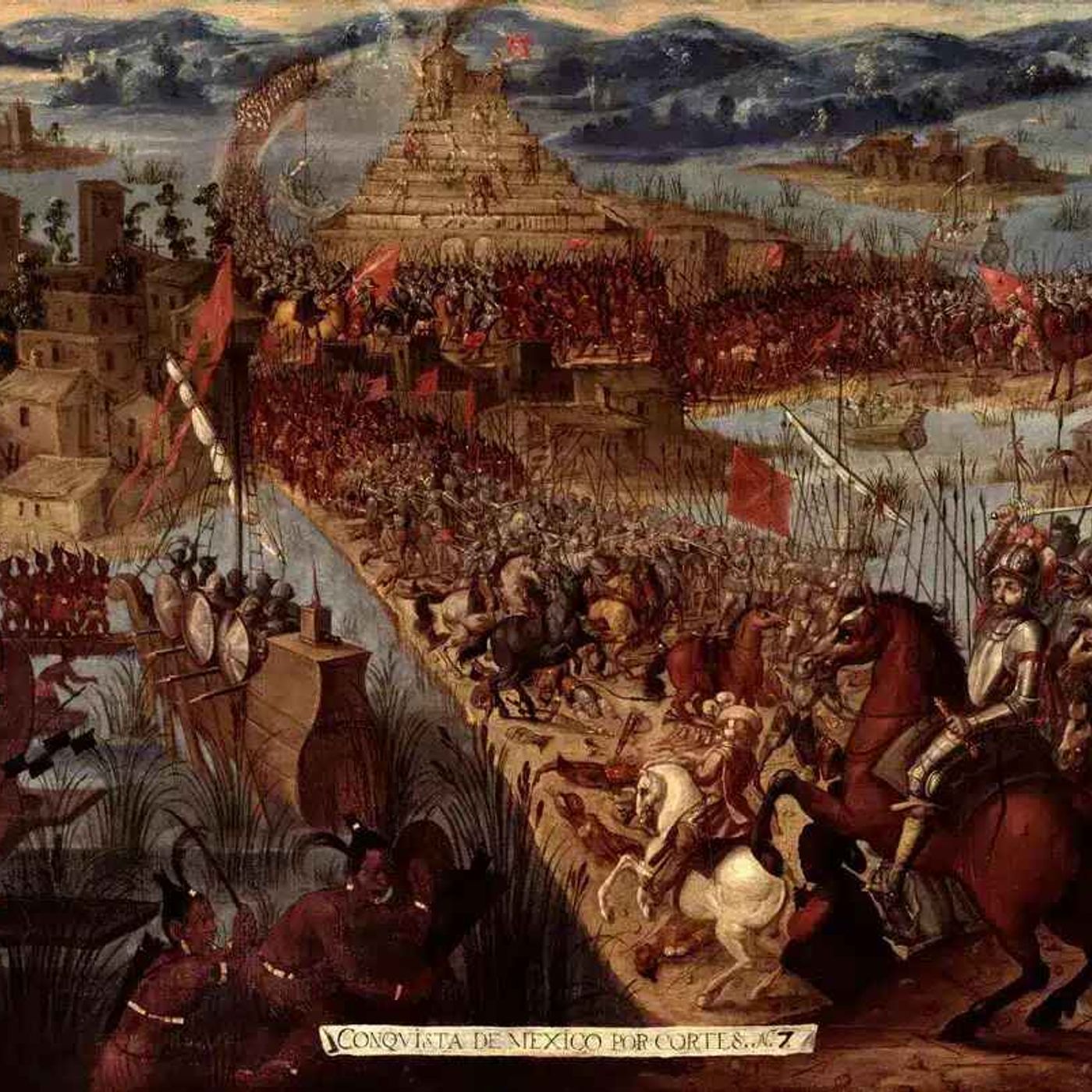
XIKOOVA EnglishTerritorial expansion in the origins of New Spain: alliances, exploration, and resistanceThe territorial expansion that gave rise to New Spain combined exploration routes, rivalries between figures such as Cortés and Guzmán, and alliances with indigenous peoples such as the Tlaxcaltecs, Huejotzings, and Totonacs. But upon reaching the north, resistance from nomadic peoples completely transformed the strategies of the viceroyalty in formation. See the complete article here:Territorial expansion in the origins of New Spain: alliances, exploration, and resistance | XIKOOVA
2025-08-1314 min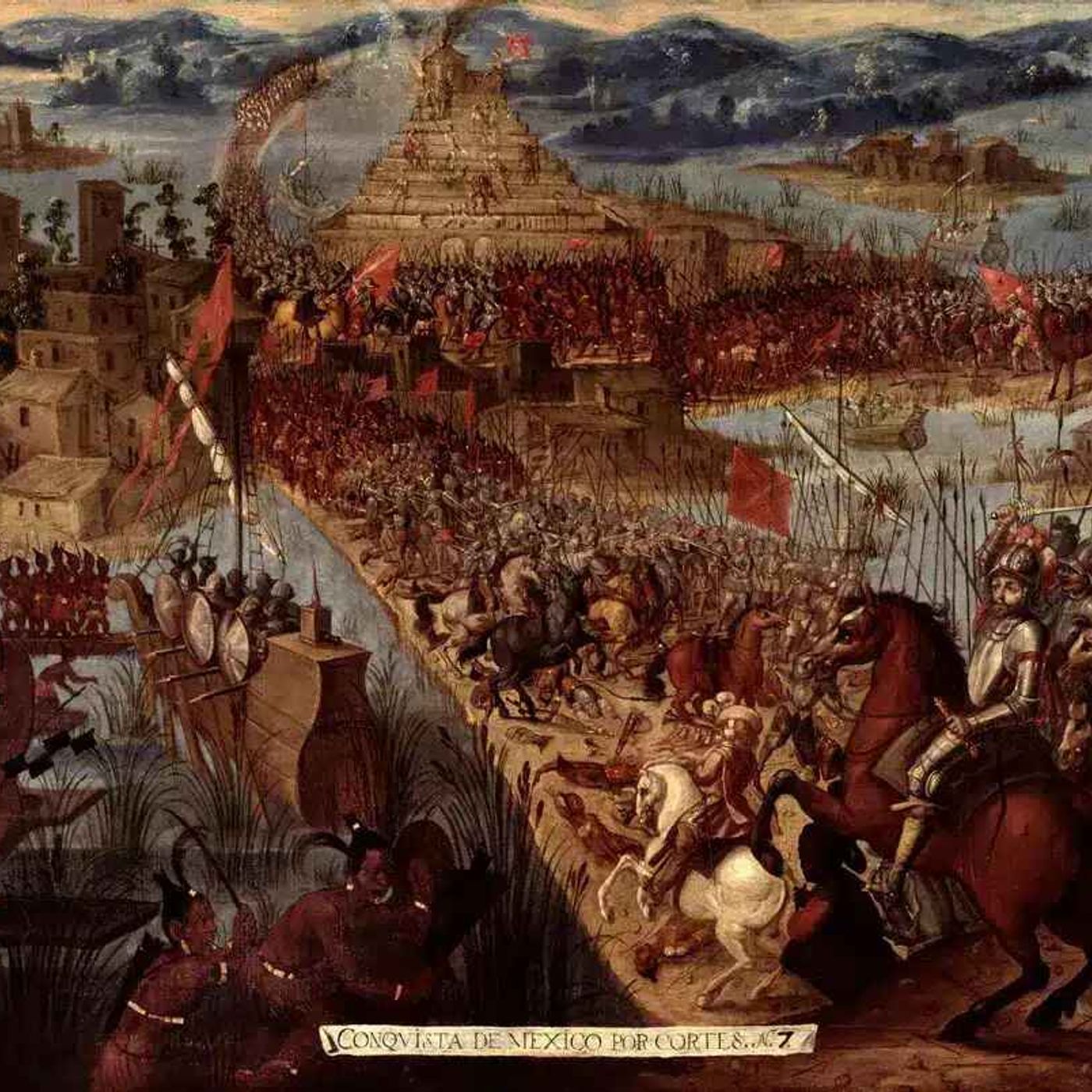
XIKOOVALa expansión territorial en los orígenes de la Nueva España: alianzas, exploración y resistenciaLa expansión territorial que dio origen a la Nueva España combinó rutas de exploración, rivalidades entre figuras como Cortés y Guzmán, y alianzas con pueblos indígenas como tlaxcaltecas, huejotzingas y totonacos. Pero al llegar al norte, la resistencia de los pueblos nómadas transformó por completo las estrategias del virreinato en formación.Ver el articulo completo aquí:La expansión territorial en los orígenes de la Nueva España: alianzas, exploración y resistencia | XIKOOVA
2025-08-1307 min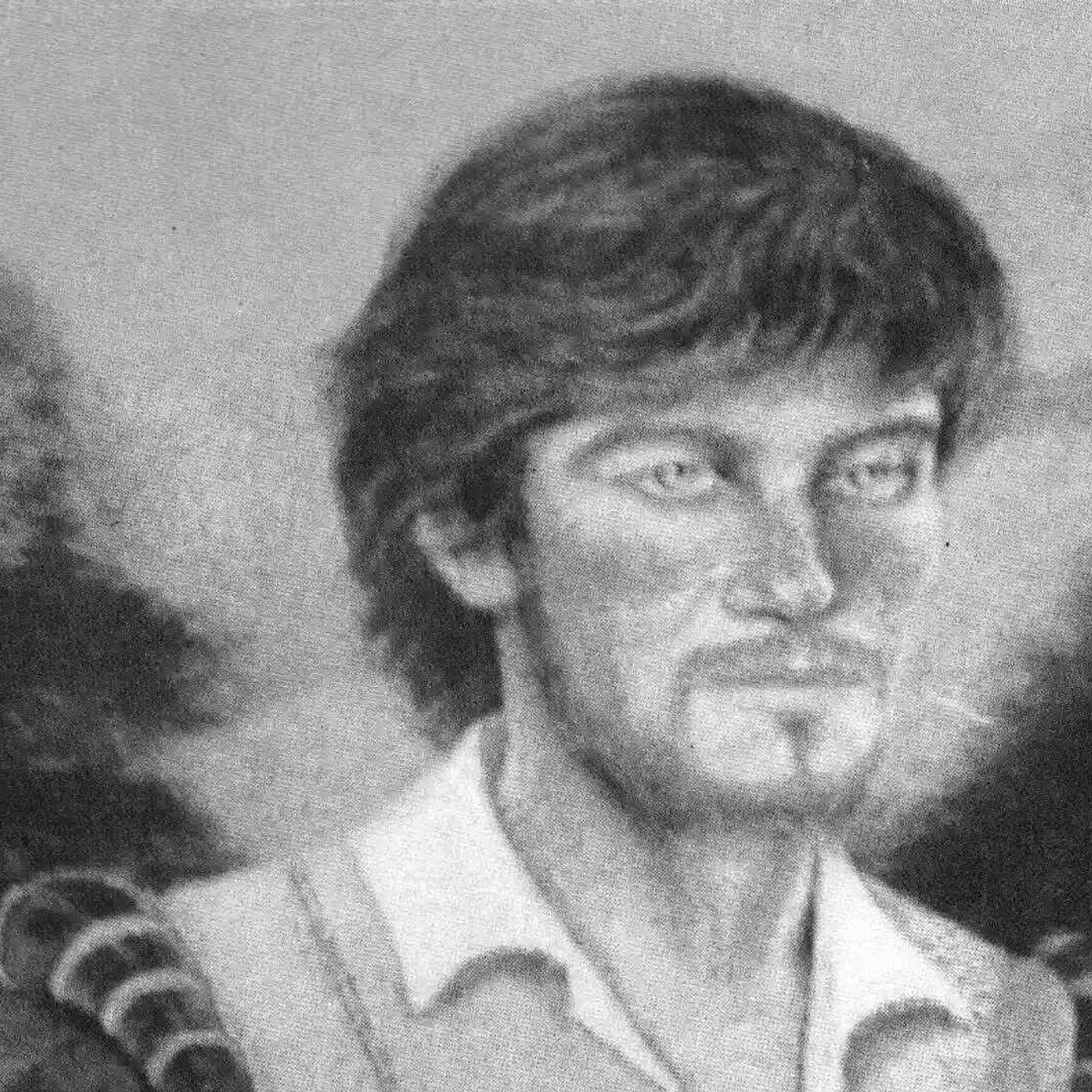
XIKOOVA EnglishFrancisco de Ibarra; foundations, mines and lawsuits in Nueva VizcayaExplorer and governor, Francisco de Ibarra led the founding of Durango, the discovery of mines and the territorial expansion of Nueva Vizcaya in the midst of jurisdictional disputes and myths about New Mexico.See the complete article here:Francisco de Ibarra: foundations, mines and lawsuits in Nueva Vizcaya | XIKOOVA
2025-08-1305 min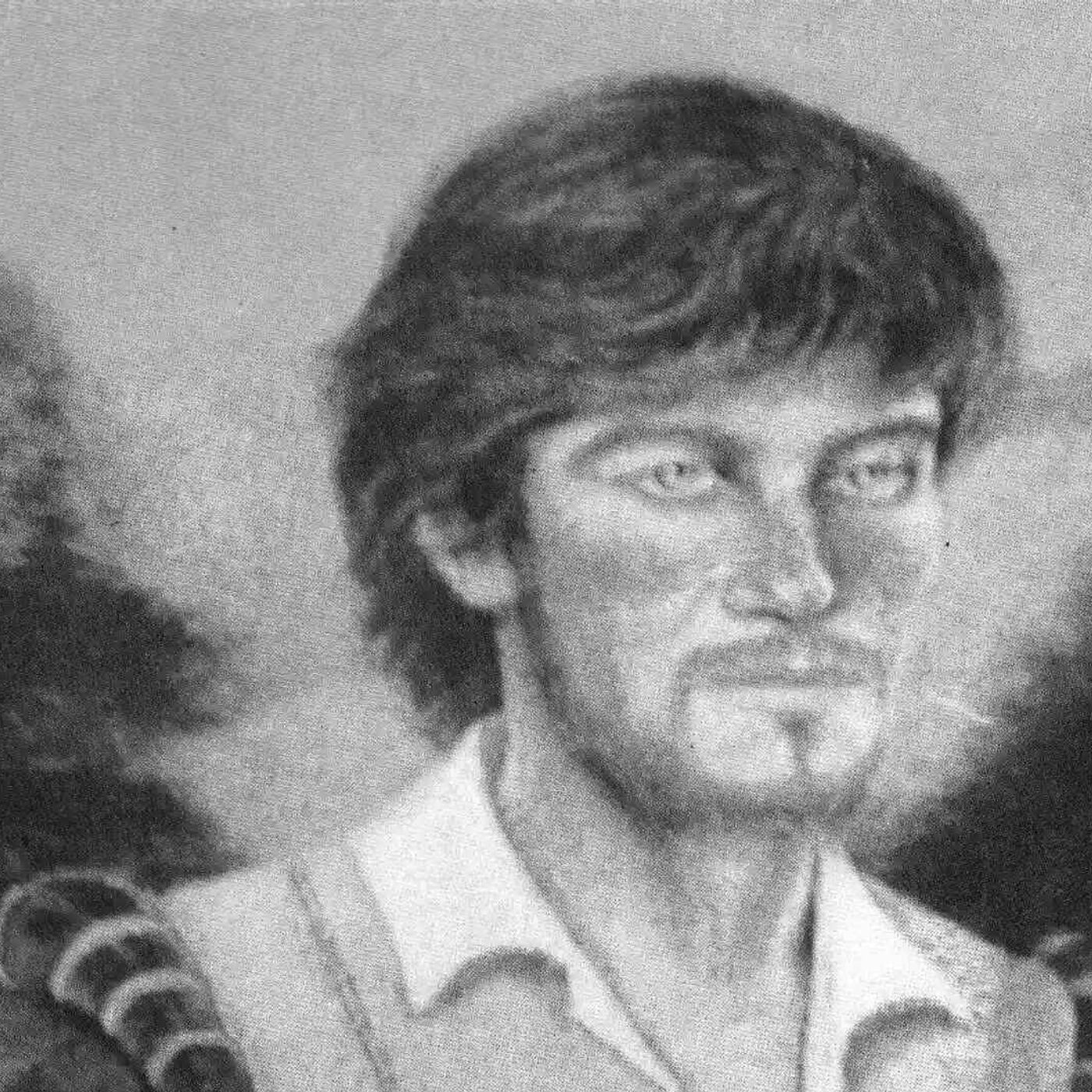
XIKOOVAFrancisco de Ibarra: fundaciones, minas y pleitos por la Nueva VizcayaExplorador y gobernador, Francisco de Ibarra lideró la fundación de Durango, el descubrimiento de minas y la expansión territorial de la Nueva Vizcaya en pleno siglo XVI, en medio de pleitos jurisdiccionales y mitos sobre el Nuevo México.Ver el articulo completo aquí:Francisco de Ibarra: fundaciones, minas y pleitos por la Nueva Vizcaya | XIKOOVA
2025-08-1304 min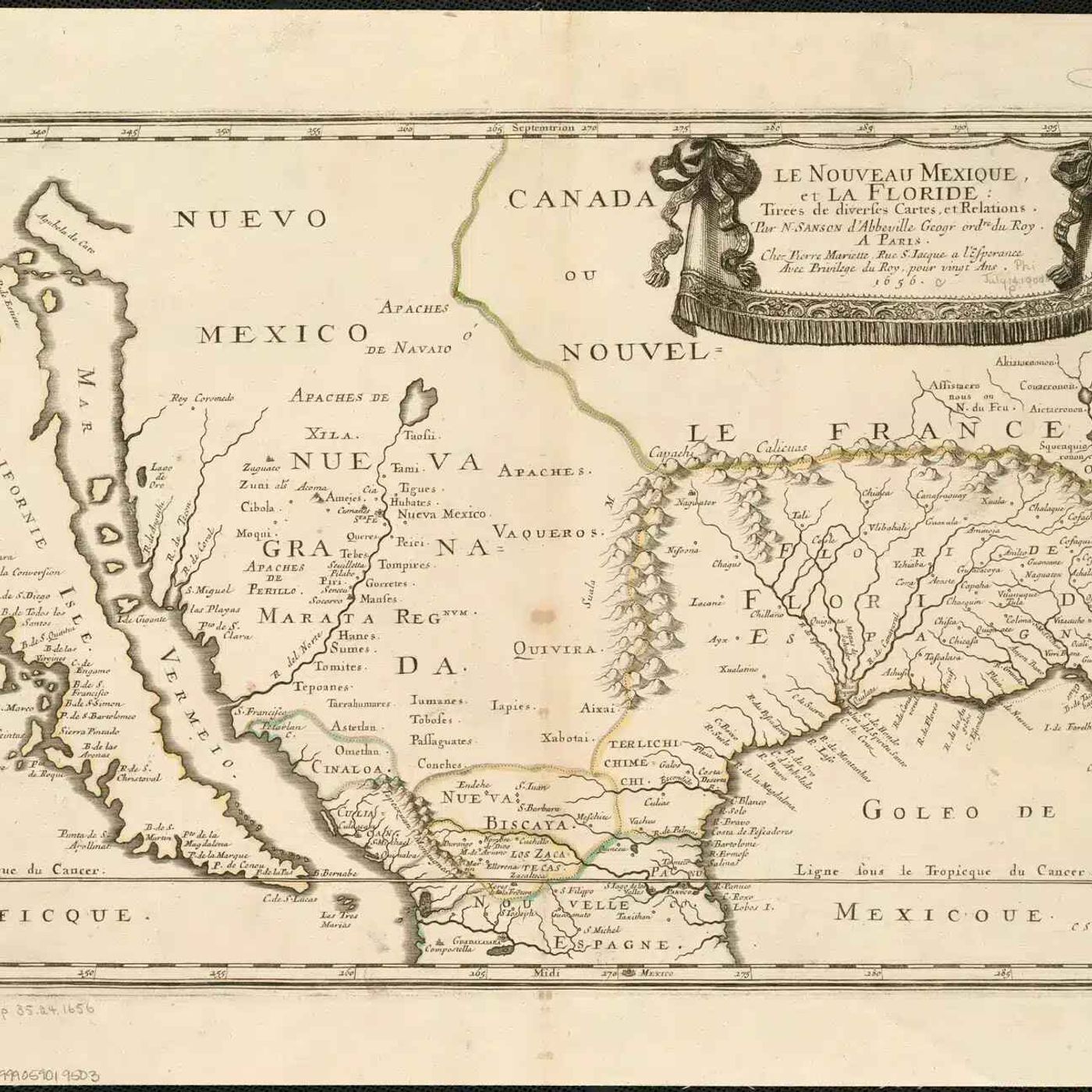
XIKOOVA EnglishThe Seven Cities of Gold: The Myth Born with Fray Marcos de Niza and the Exploration of the NorthThe myth of the seven cities of gold arose from the account of Fray Marcos de Niza in 1539. His vision of Cíbola, adorned with turquoise and stone houses, motivated one of the most ambitious expeditions of New Spain: that of Vázquez de Coronado. This article explores how a story between faith, desire, and exaggeration transformed the history of northern Mesoamerica. See the complete article here:The Seven Cities of Gold: The Myth Born with Fray Marcos de Niza and the Exploration of the North | XIKOOVA
2025-08-1304 min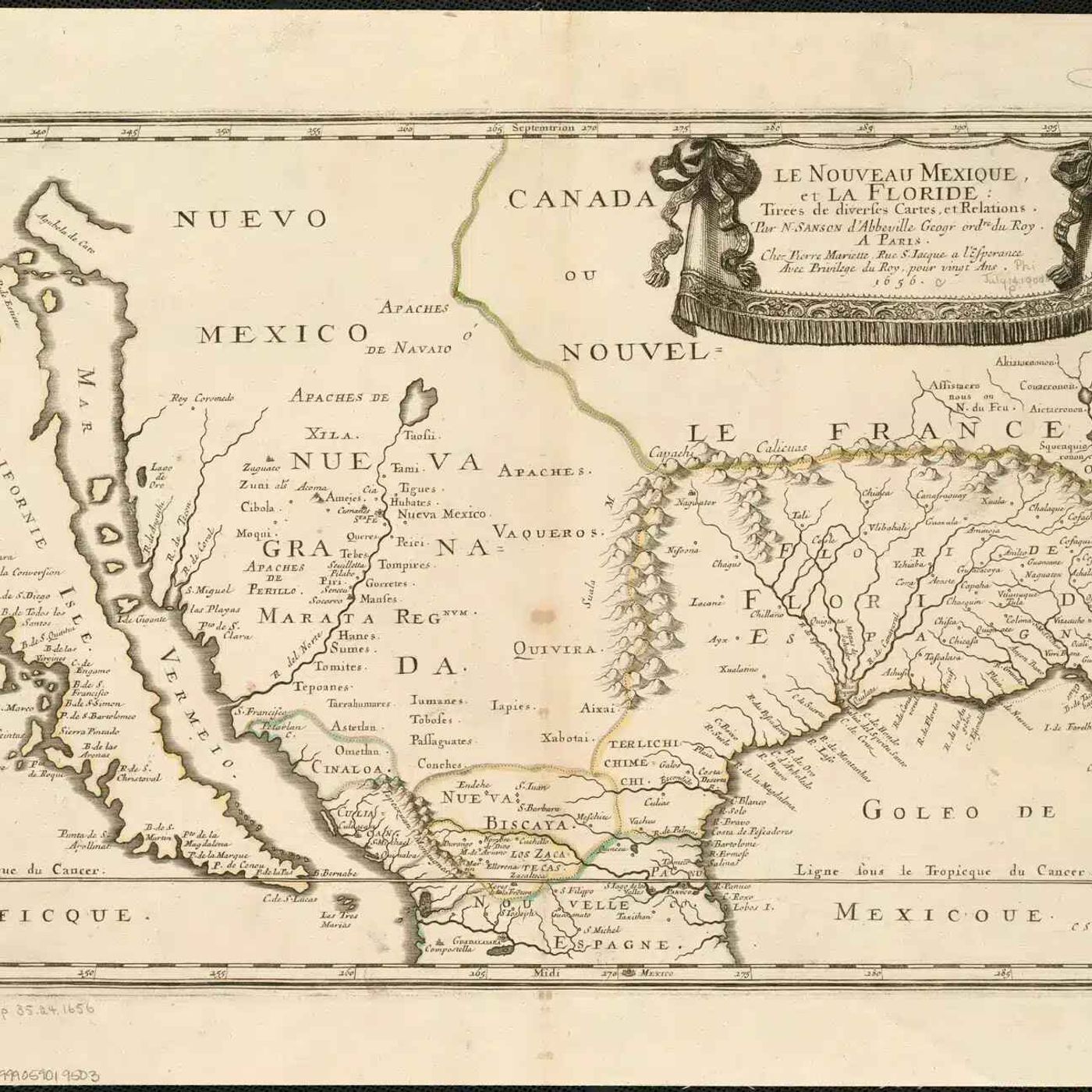
XIKOOVALas siete ciudades de oro: el mito que nació con fray Marcos de Niza y la exploración del norteEl mito de las siete ciudades de oro surgió del relato de fray Marcos de Niza en 1539. Su visión de Cíbola, adornada con turquesas y casas de piedra, motivó una de las expediciones más ambiciosas de la Nueva España: la de Vázquez de Coronado. Este artículo explora cómo un relato entre la fe, el deseo y la exageración transformó la historia del norte mesoamericano.See the complete article here:Las siete ciudades de oro: el mito que nació con fray Marcos de Niza y la exploración del norte | XIKOO...
2025-08-1304 min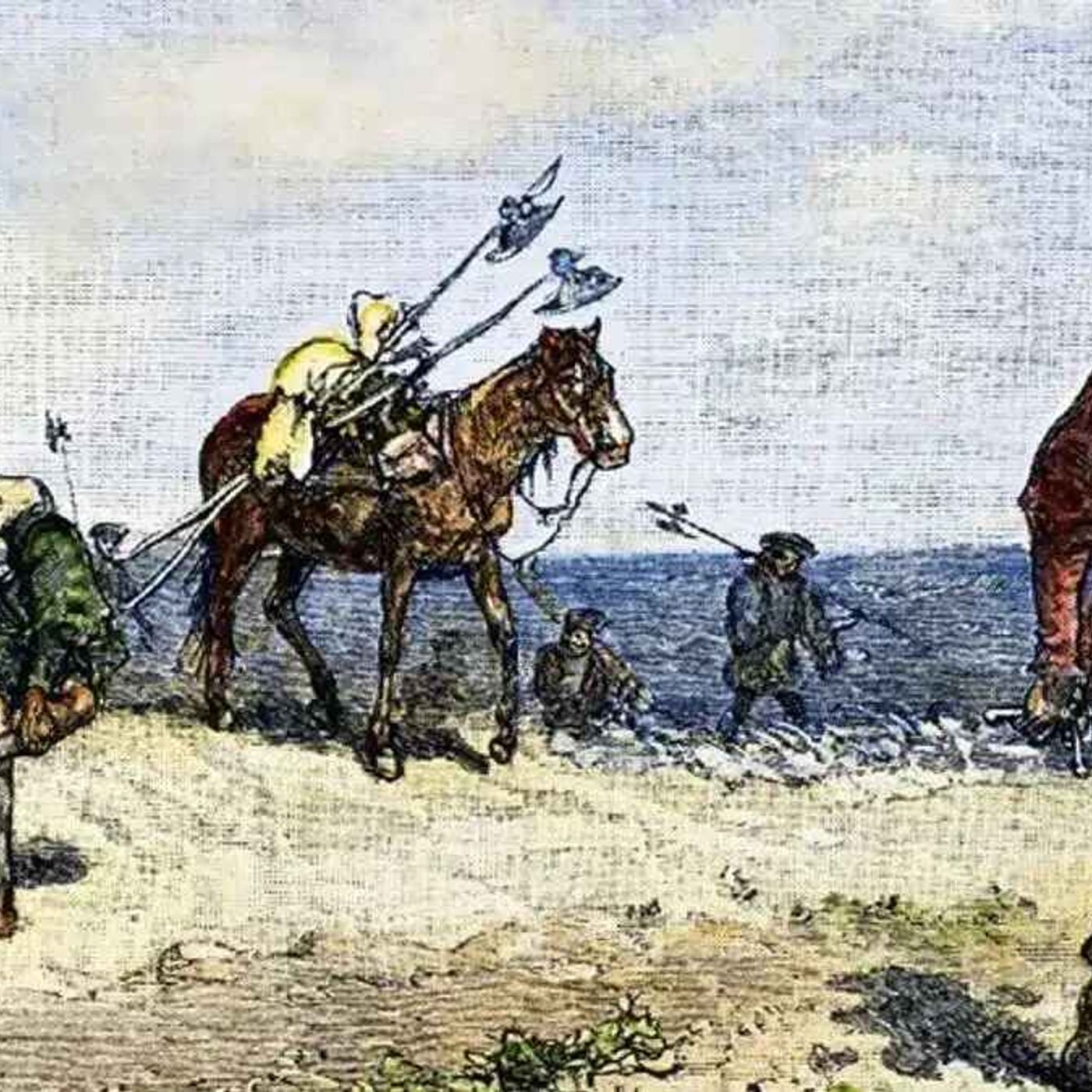
XIKOOVA EnglishÁlvar Núñez Cabeza de Vaca and the origin of new expeditions: between shipwrecks, healing, and survivalIn 1536, Álvar Núñez Cabeza de Vaca arrived in New Spain after an unexpected journey through the north of the continent. His account, full of encounters, shipwrecks, and healing rituals, aroused the interest of Viceroy Antonio de Mendoza and led to new expeditions in search of the regions he described. See the complete article here:Álvar Núñez Cabeza de Vaca and the origin of new expeditions: between shipwrecks, healing, and survival | XIKOOVA
2025-08-1305 min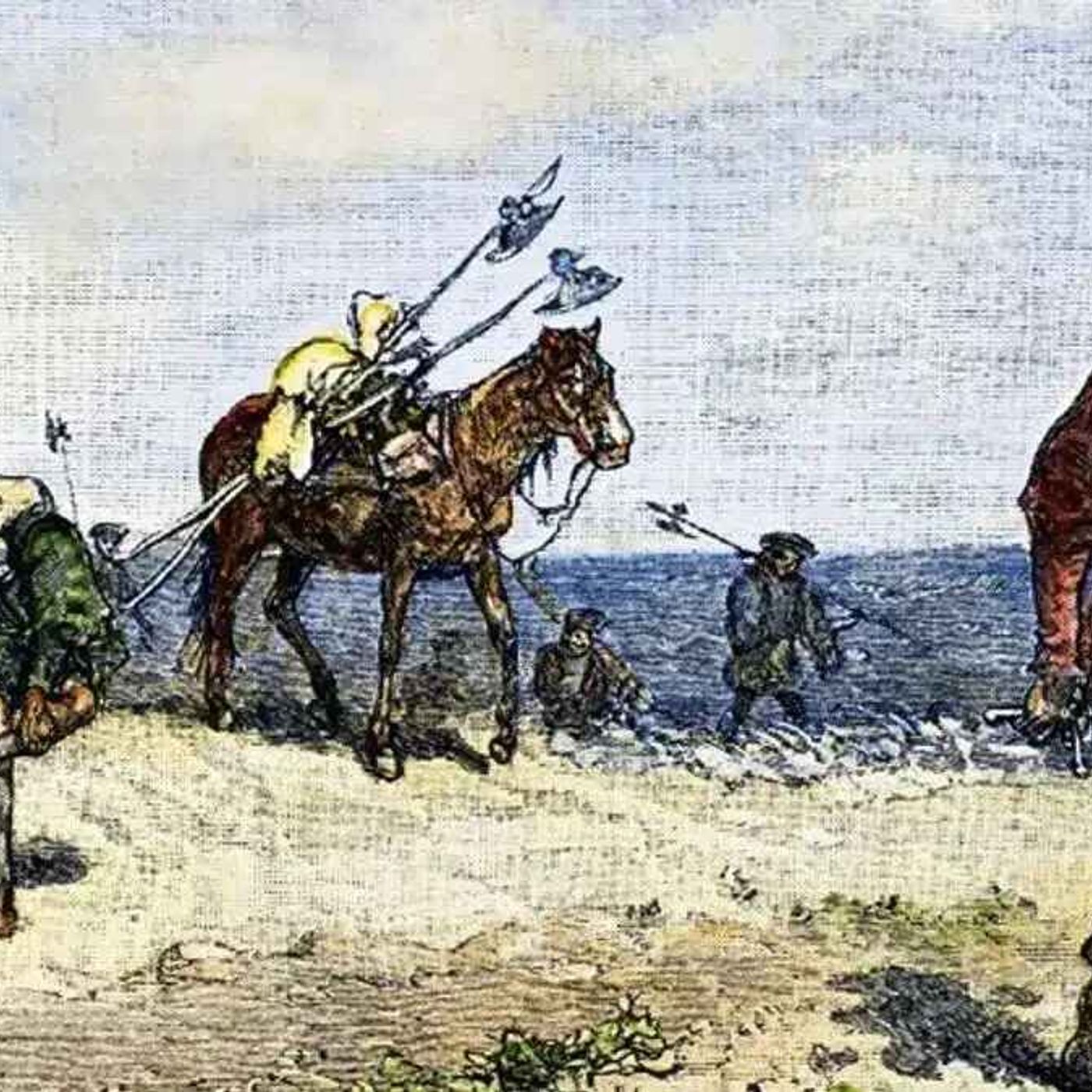
XIKOOVAÁlvar Núñez Cabeza de Vaca y el origen de nuevas expediciones: entre naufragios, curaciones y supervivenciaEn 1536, Álvar Núñez Cabeza de Vaca llegó a la Nueva España después de una travesía inesperada por el norte del continente. Su testimonio, lleno de encuentros, naufragios y rituales de curación, despertó el interés del virrey Antonio de Mendoza y dio origen a nuevas expediciones en busca de las regiones que describía.Ver el articulo completo aquí:https://www.xikoova.com/cabeza-de-vaca-expediciones-nueva-espana/
2025-08-1305 min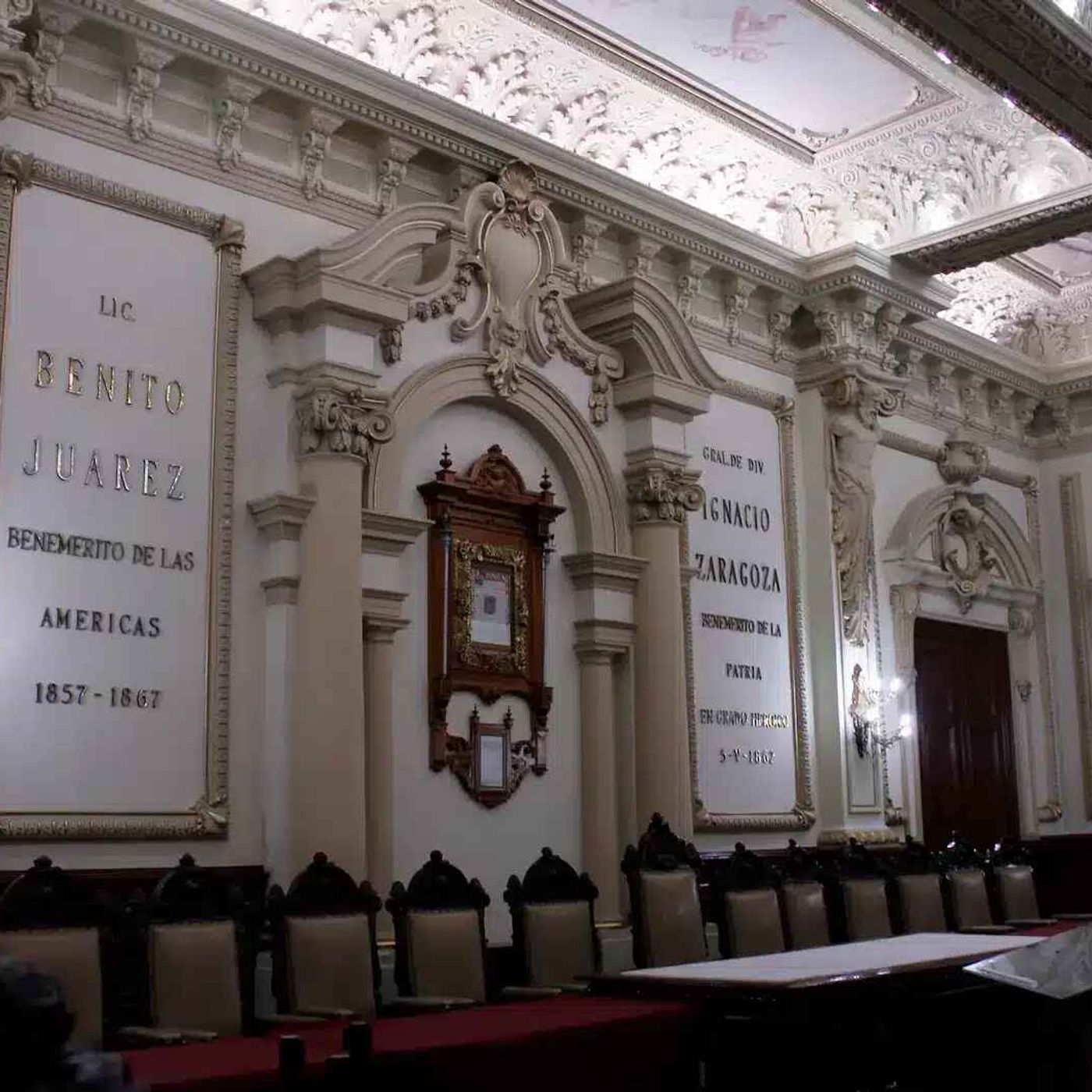
XIKOOVA EnglishTown councils and city councils in New Spain: local power and urban representationDuring the viceroyalty, town councils and city councils were key local government bodies for urban administration, although they were dominated by the peninsular and creole elites.See the complete article here:https://www.xikoova.com/en/town-councils-and-city-councils-in-new-spain-local-power-and-urban-representation/
2025-08-0504 min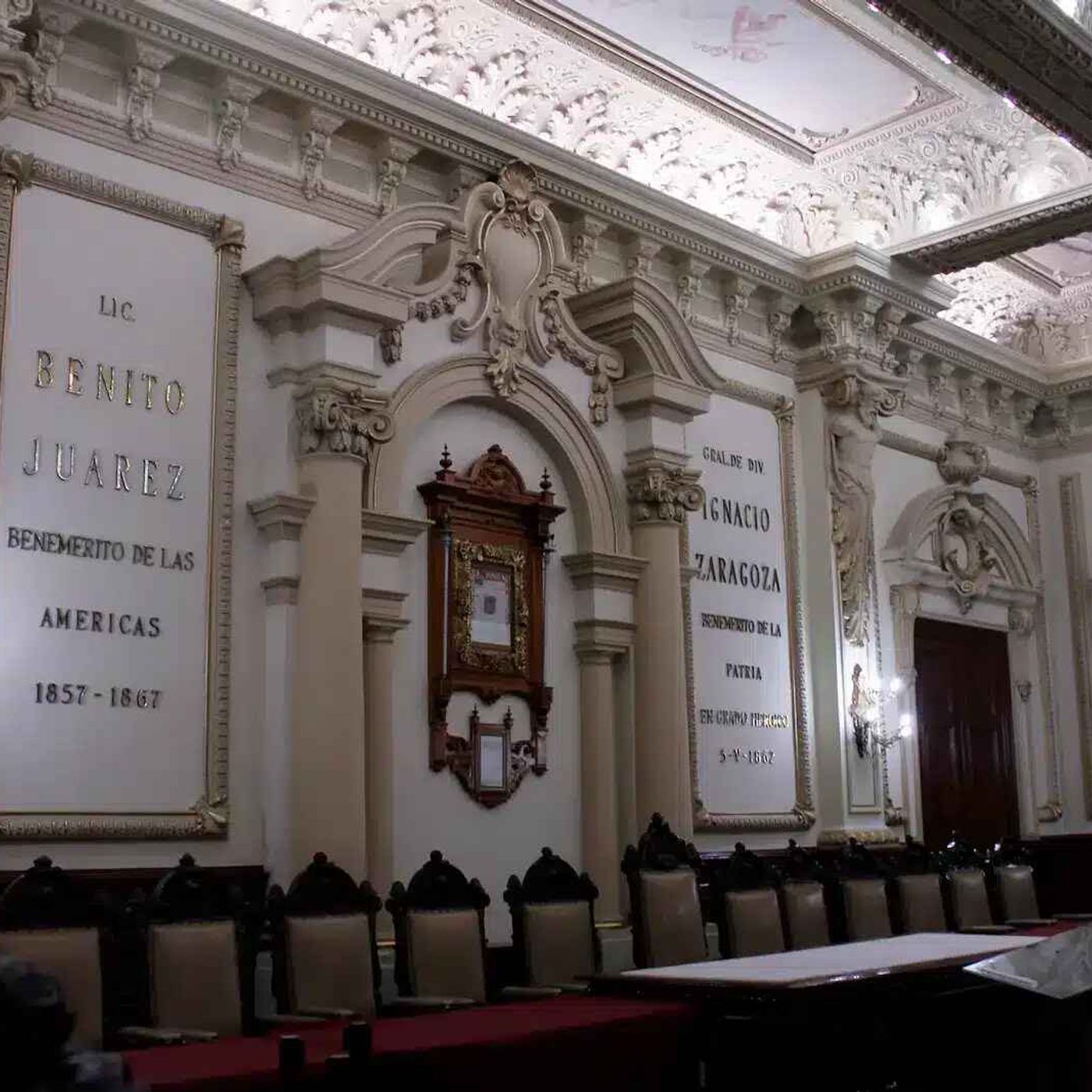
XIKOOVALos cabildos y ayuntamientos en Nueva España: poder local y representación urbanaDurante el virreinato, los cabildos y ayuntamientos fueron órganos de poder local clave para la administración urbana, aunque dominados por las élites peninsulares y criollas.Ver el articulo completo aquí:https://www.xikoova.com/cabildos-y-ayuntamientos-nueva-espana/
2025-08-0504 min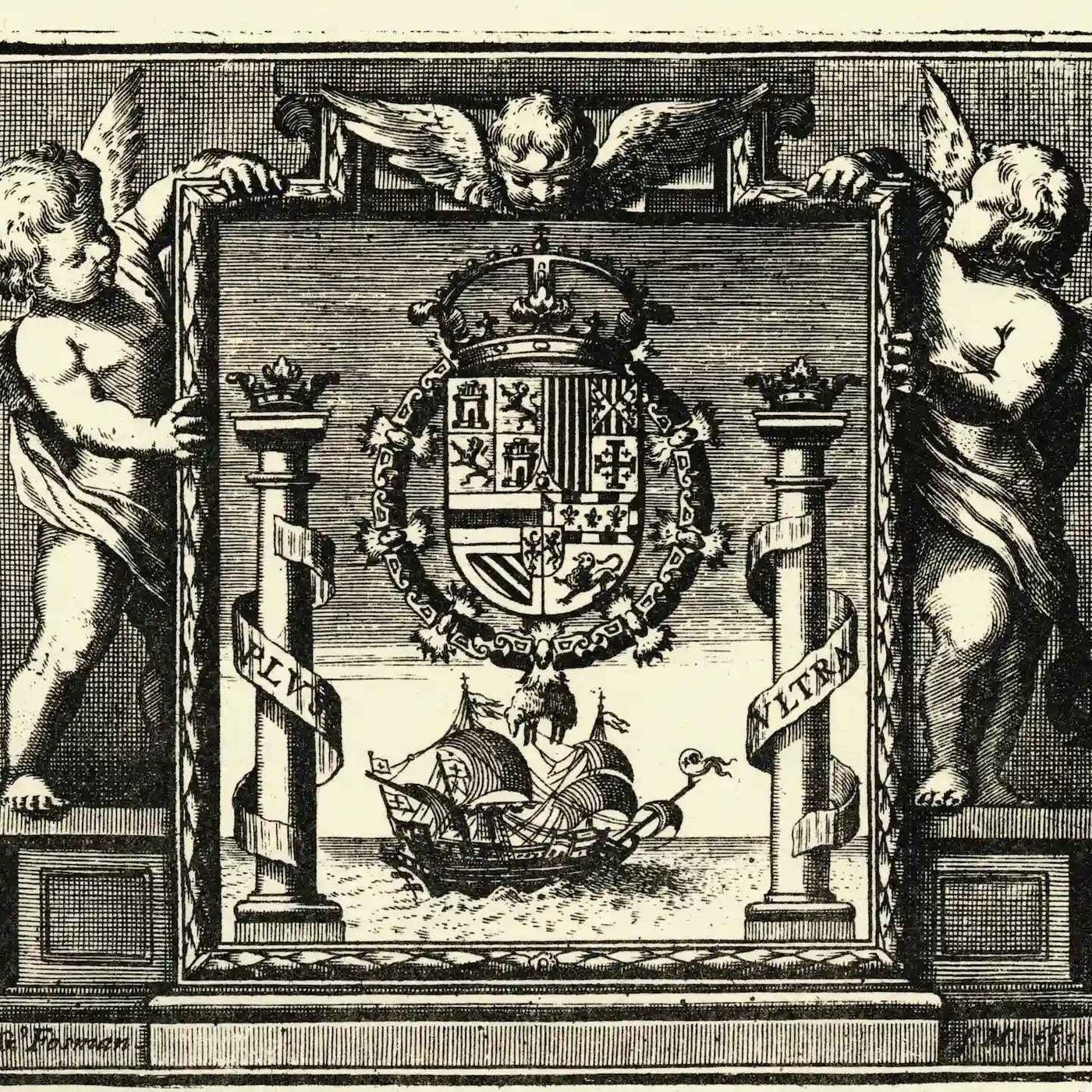
XIKOOVA EnglishCodes, compilations, and legal doctrine of the viceregal governmentThe legal system of the Viceroyalty of New Spain was built on laws, compilations, and political doctrine. Learn how royal decrees, the Recopilación de Leyes de Indias (Compilation of Laws of the Indies), and the so-called Política Indiana (Indian Policy) worked. See the complete article here:https://www.xikoova.com/en/codes-compilations-and-legal-doctrine-of-the-viceregal-government/
2025-08-0504 min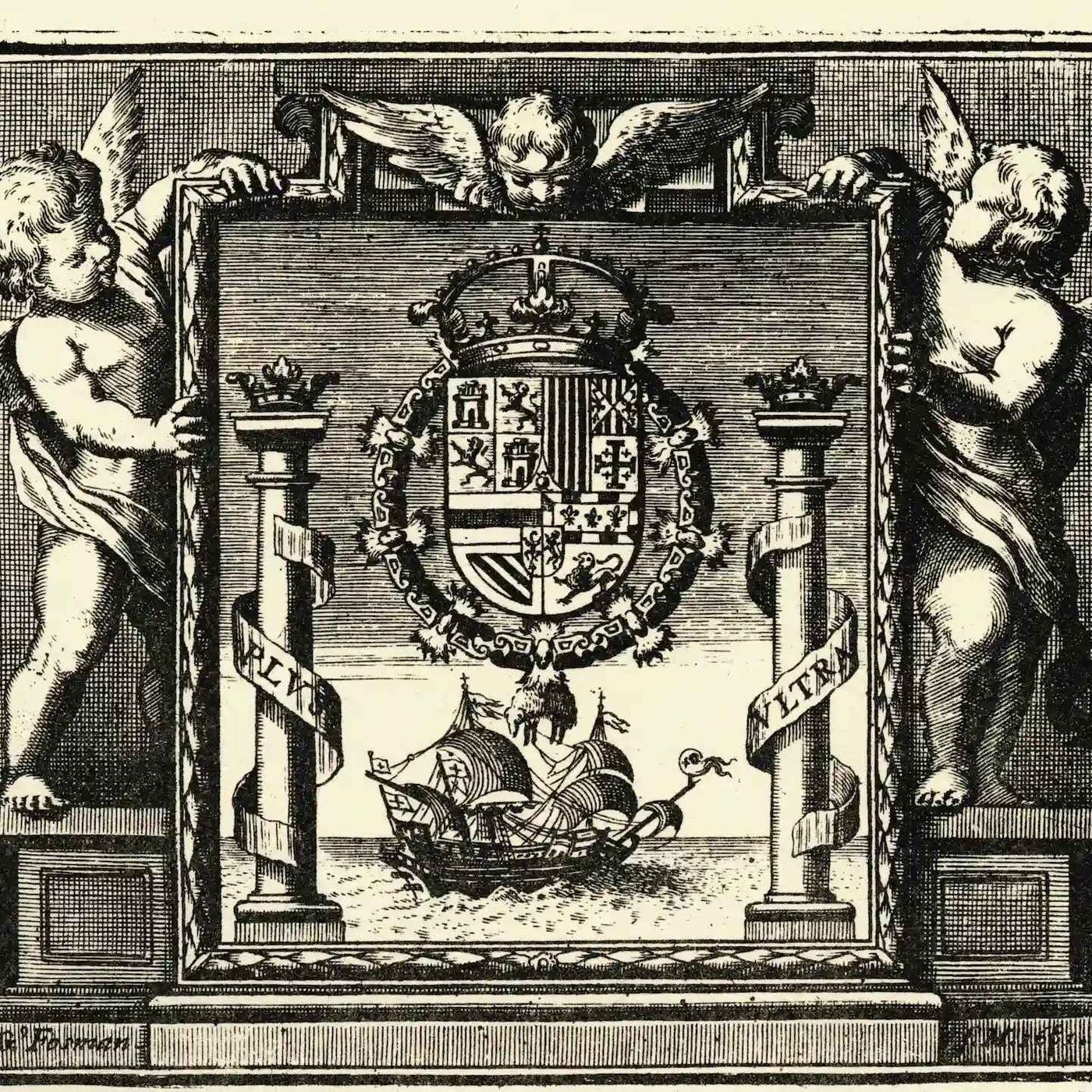
XIKOOVACódigos, recopilaciones y doctrina legal del gobierno virreinalEl sistema jurídico del virreinato de la Nueva España se construyó sobre leyes, recopilaciones y doctrina política. Conoce cómo funcionaban los cedularios reales, la Recopilación de Leyes de Indias y la llamada Política Indiana.Ver el articulo completo aquí:https://www.xikoova.com/codigos-recopilaciones-doctrina-legal-virreinato/
2025-08-0504 min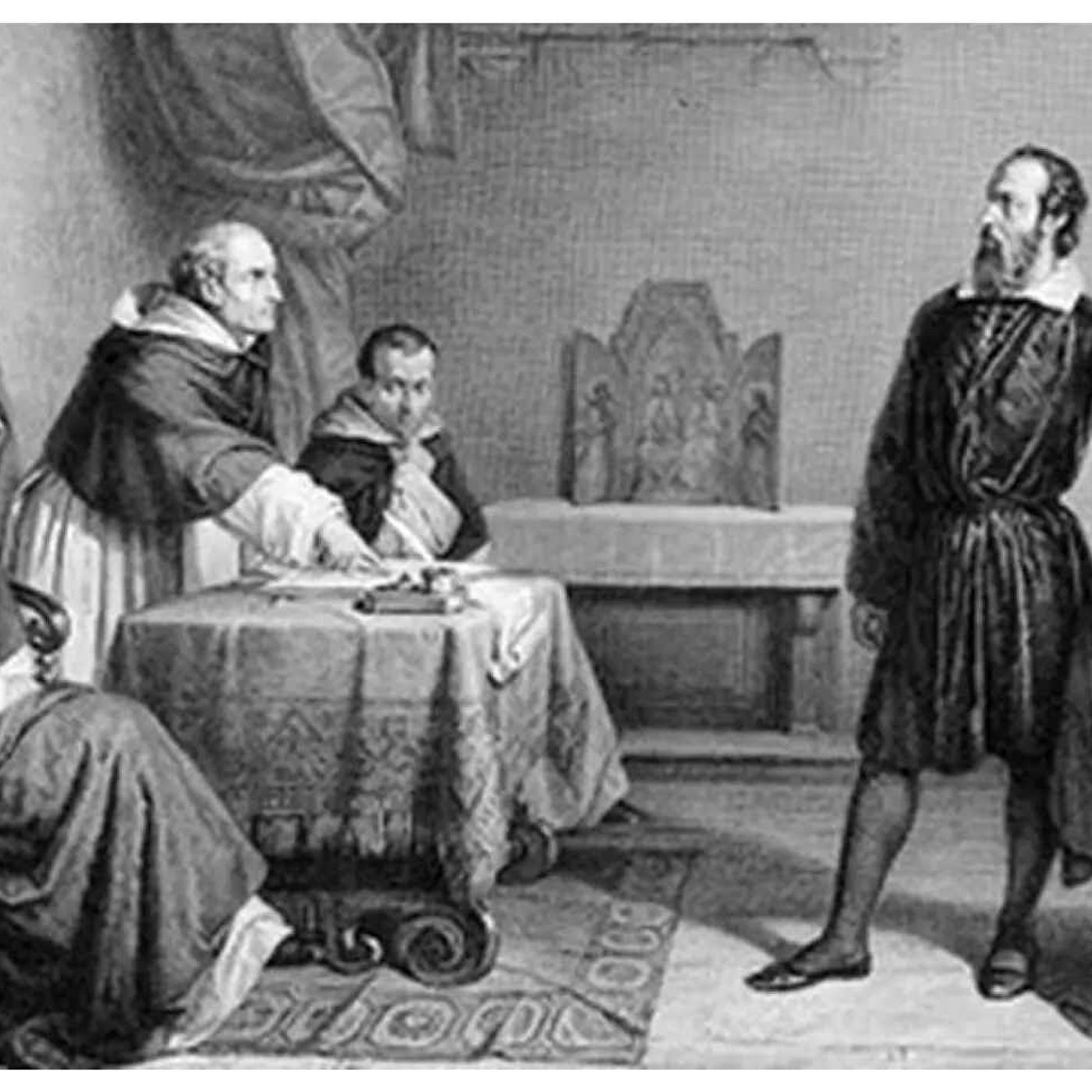
XIKOOVA EnglishVisits and residency trials in New Spain: control and supervision of viceregal authoritiesVisits and residence trials were key mechanisms for controlling the officials of the viceroyalty of New Spain. Their application revealed both the concern for good government and the internal tensions of viceregal power. See the complete article here:https://www.xikoova.com/en/visits-and-residency-trials-in-new-spain-control-and-supervision-of-viceregal-authorities/
2025-08-0404 min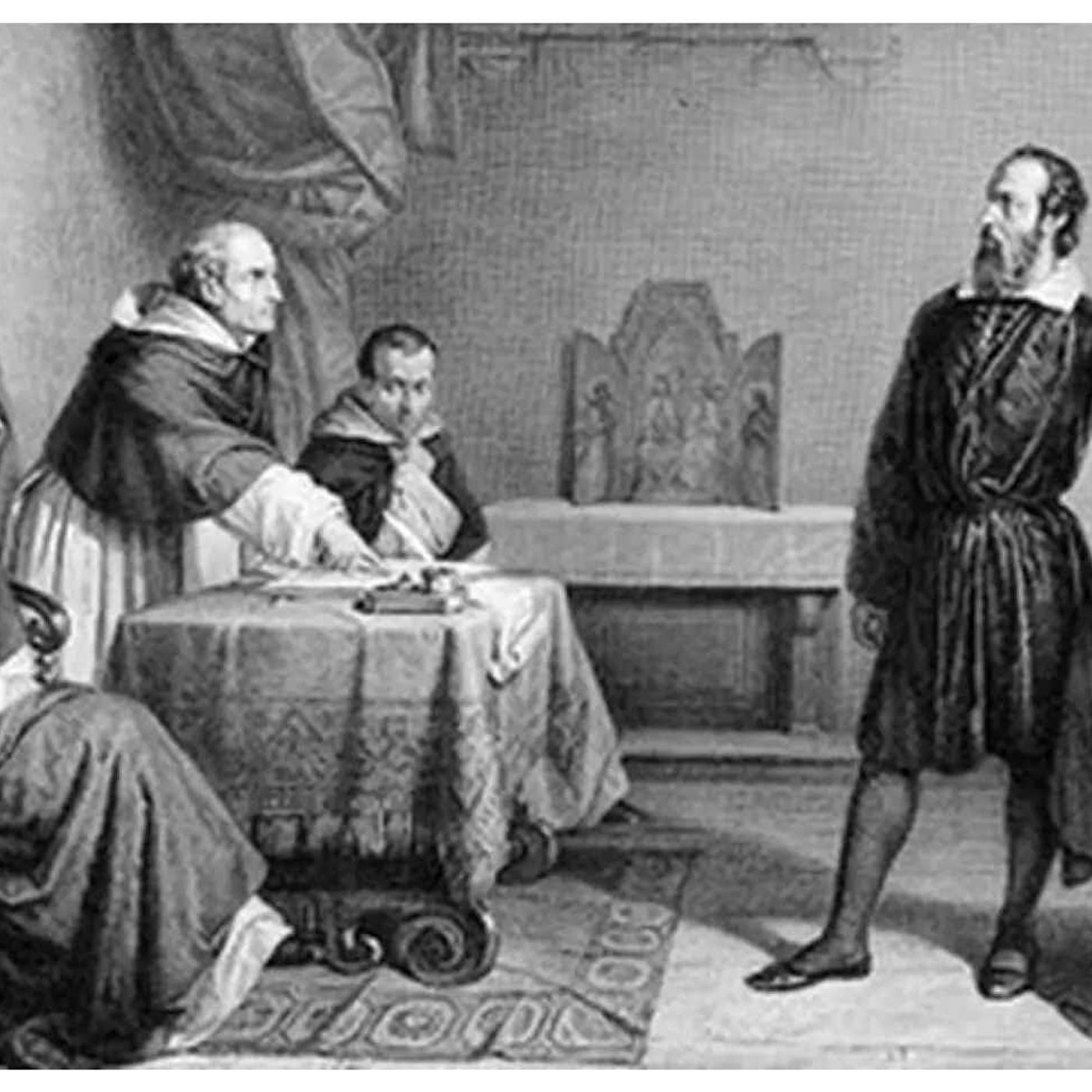
XIKOOVAVisitas y juicios de residencia en la Nueva España: control y fiscalización de las autoridades virreinalesLas visitas y juicios de residencia fueron mecanismos clave para controlar a los funcionarios del virreinato de la Nueva España. Su aplicación revelaba tanto la preocupación por el buen gobierno como las tensiones internas del poder virreinal.Ver el articulo completo aquí:https://www.xikoova.com/visitas-y-juicios-de-residencia-en-la-nueva-espana/
2025-08-0404 min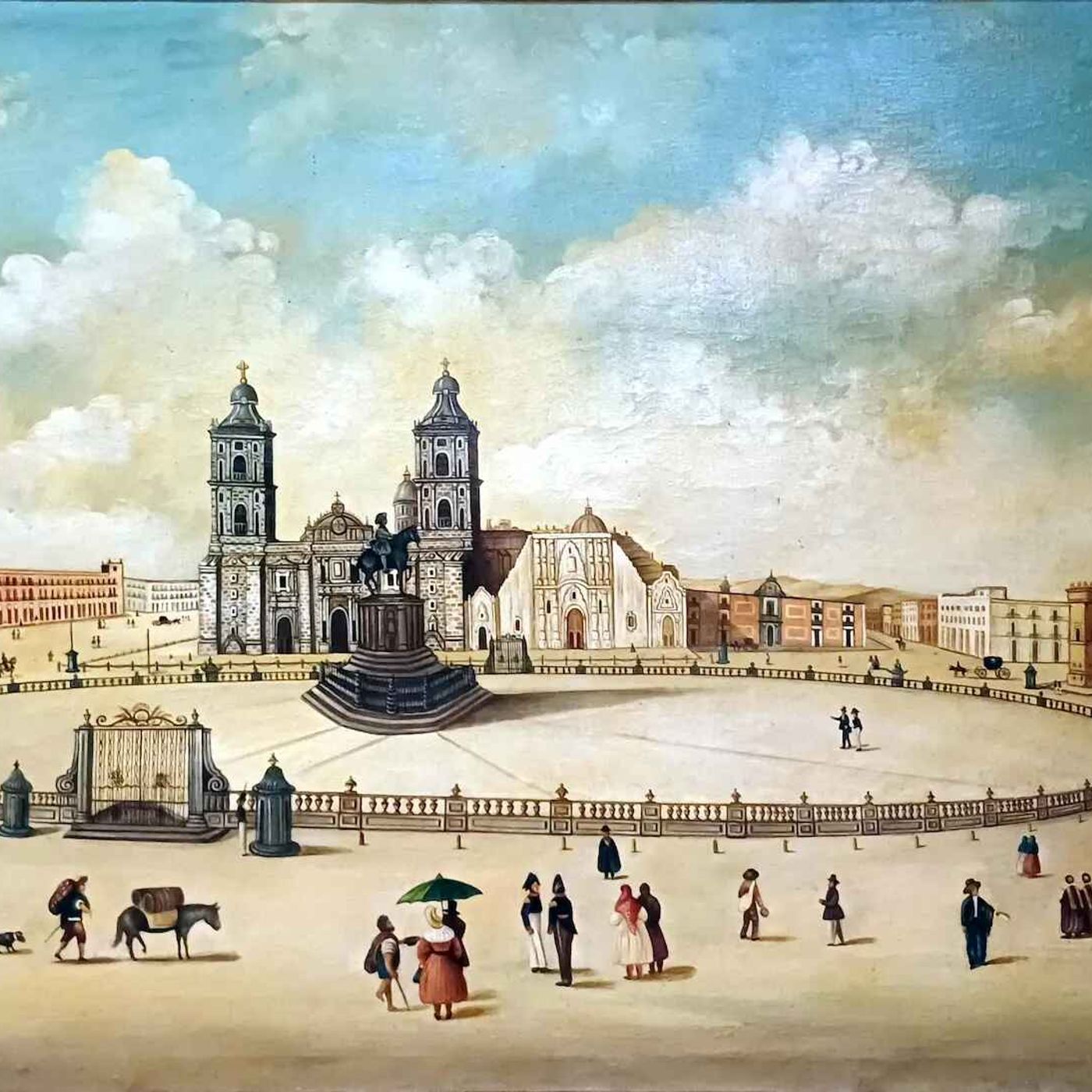
XIKOOVALa Iglesia católica en la Nueva España: evangelización, poder y tensionesLa Iglesia católica fue una institución clave en la Nueva España. Este artículo explora su papel en la evangelización, la acumulación de poder y sus tensiones con el gobierno virreinal. Ver el articulo completo aquí:https://www.xikoova.com/iglesia-catolica-en-la-nueva-espana/
2025-08-0404 min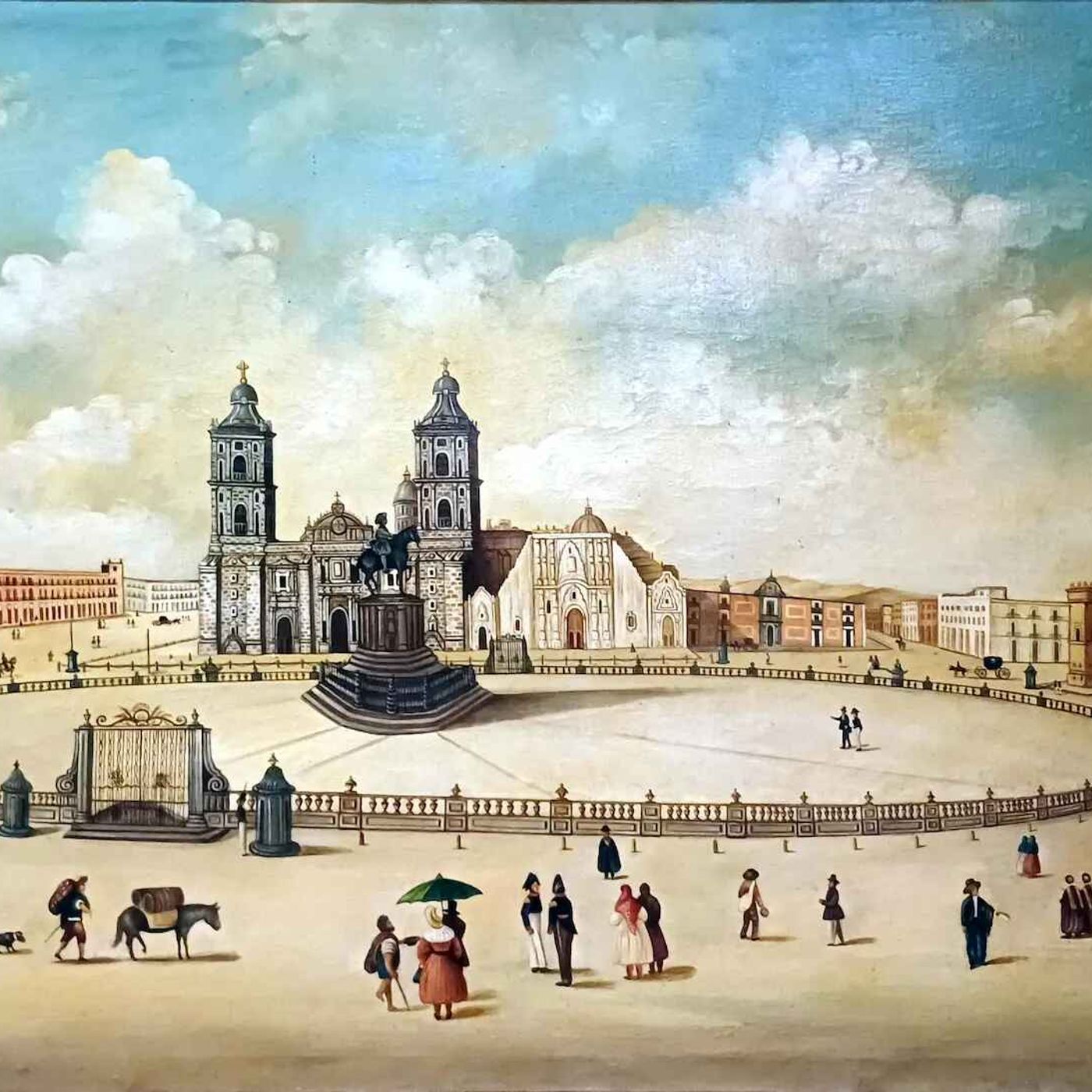
XIKOOVA EnglishThe Catholic Church in New Spain: evangelization, power and tensions.The Catholic Church was a key institution in New Spain. This article explores its role in evangelization, the accumulation of power and its tensions with the viceregal government. See the complete article here:https://www.xikoova.com/en/the-catholic-church-in-new-spain-evangelization-power-and-tensions/
2025-08-0404 min
XIKOOVA EnglishLa Iglesia católica en la Nueva España: evangelización, poder y tensionesLa Iglesia católica fue una institución clave en la Nueva España. Este artículo explora su papel en la evangelización, la acumulación de poder y sus tensiones con el gobierno virreinal. Ver el articulo completo aquí:https://www.xikoova.com/iglesia-catolica-en-la-nueva-espana/
2025-08-0404 min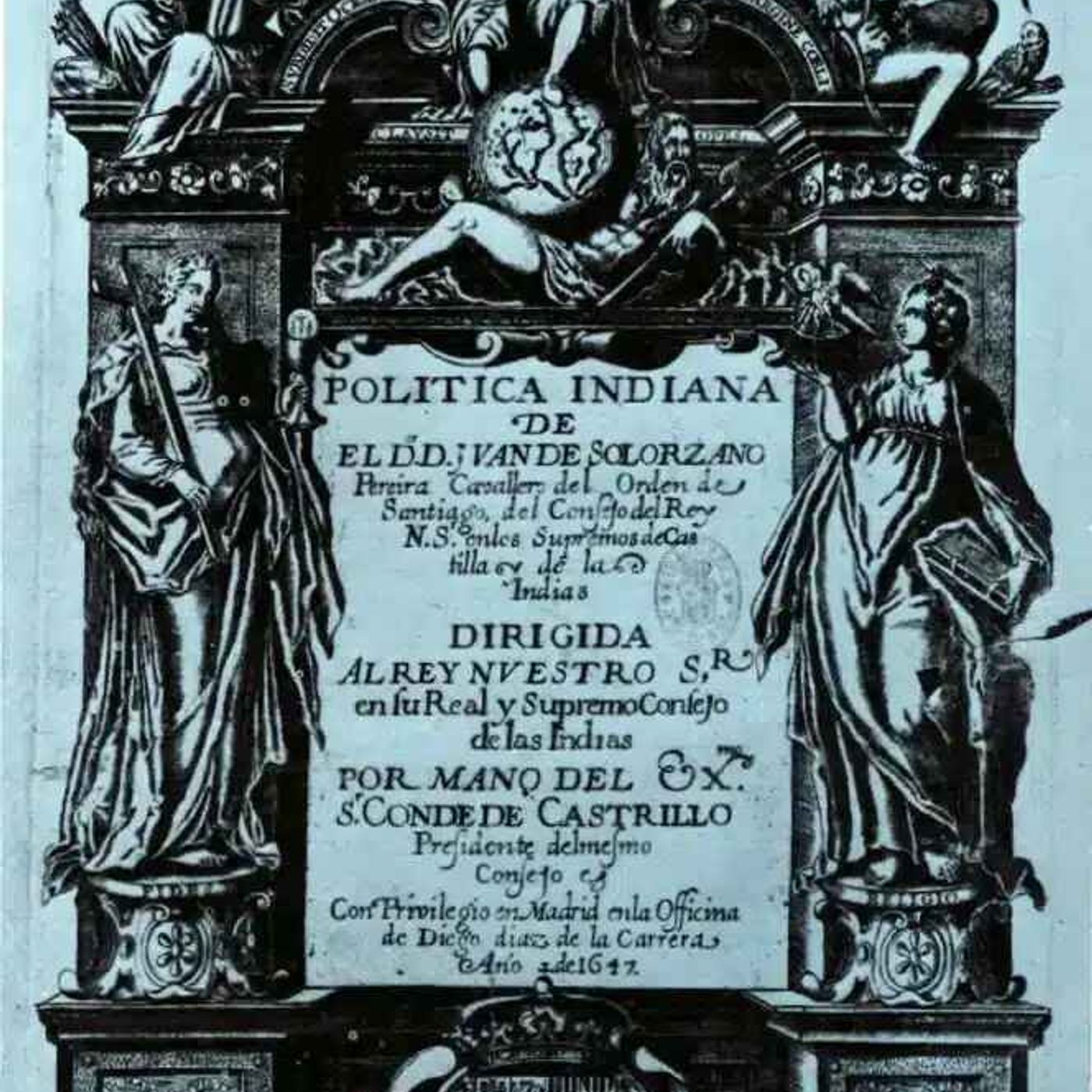
XIKOOVA EnglishIndigenous government under the viceregal regime: cabildos, caciques and traditional authoritiesDuring the viceroyalty, the native peoples maintained their forms of government adapted to viceregal control. This article explores the role of cabildos, caciques and traditional authorities under the Catholic monarchy. See the complete article here:https://www.xikoova.com/en/indigenous-government-under-the-viceregal-regime-cabildos-caciques-and-traditional-authorities/
2025-08-0404 min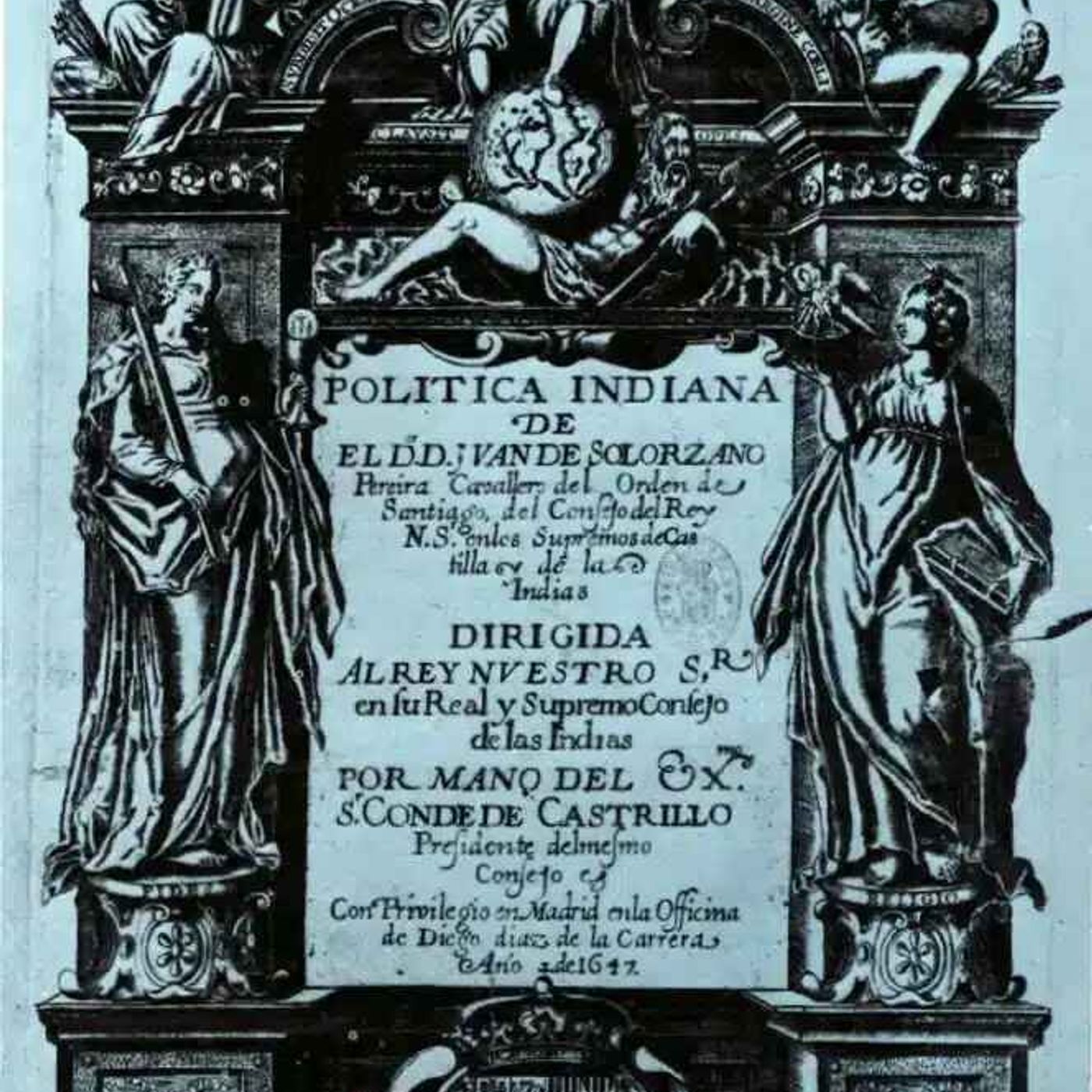
XIKOOVAEl gobierno indígena bajo el régimen virreinal: cabildos, caciques y autoridades tradicionalesDurante el virreinato, los pueblos originarios mantuvieron sus formas de gobierno adaptadas al control virreinal. Este artículo explora el papel de los cabildos, caciques y autoridades tradicionales bajo la monarquía católica. Ver el articulo completo aquí:https://www.xikoova.com/gobierno-indigena-bajo-el-virreinato/
2025-08-0403 min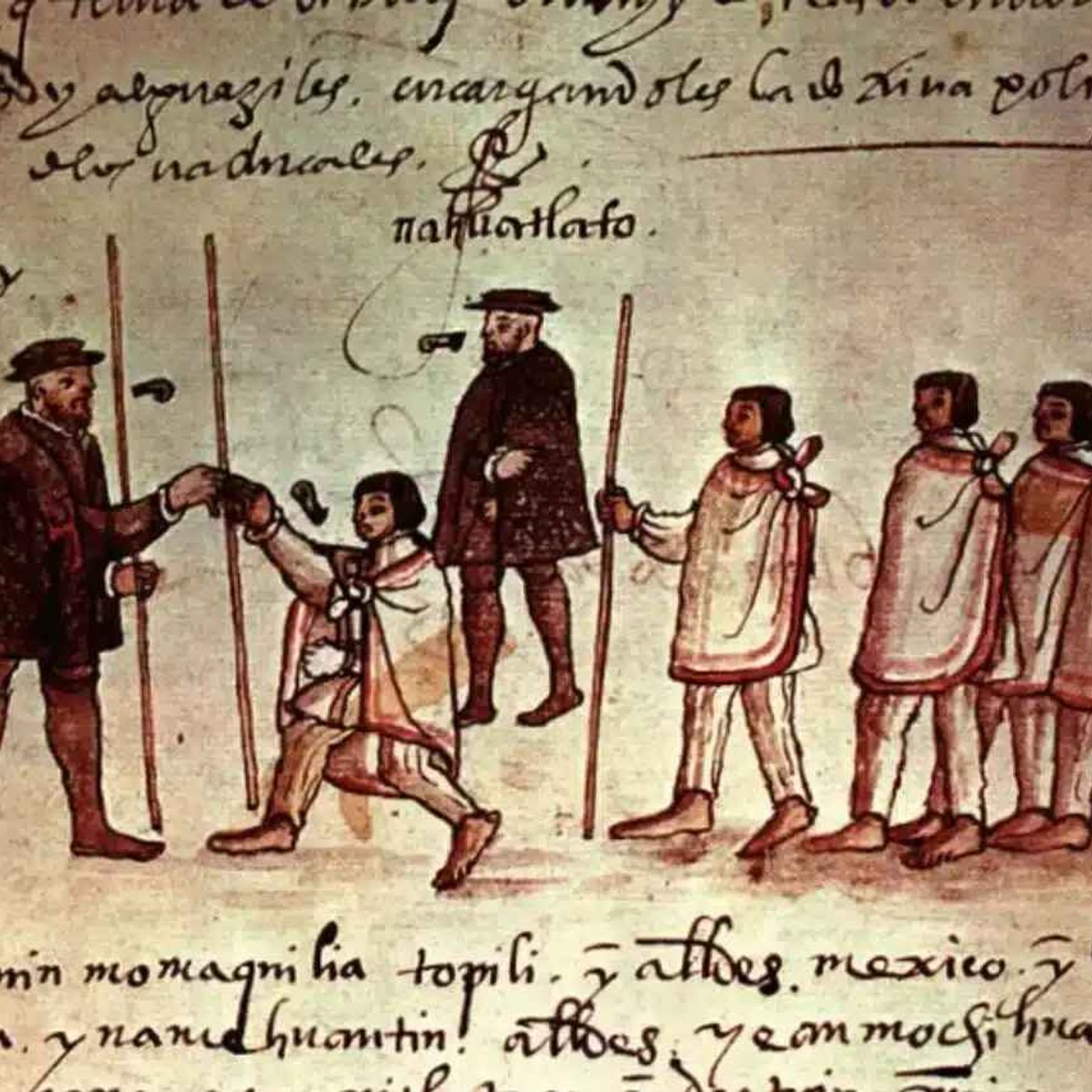
XIKOOVA EnglishProtection of indigenous peoples in the viceroyalty the viceroy as father of the nativesDuring the viceroyalty of New Spain, the viceroy was presented as the protector of the native peoples. This article analyzes this paternalistic figure and its limits in practice. See the complete article here:https://www.xikoova.com/en/protection-of-indigenous-peoples-in-the-viceroyalty-the-viceroy-as-father-of-the-natives/
2025-08-0405 min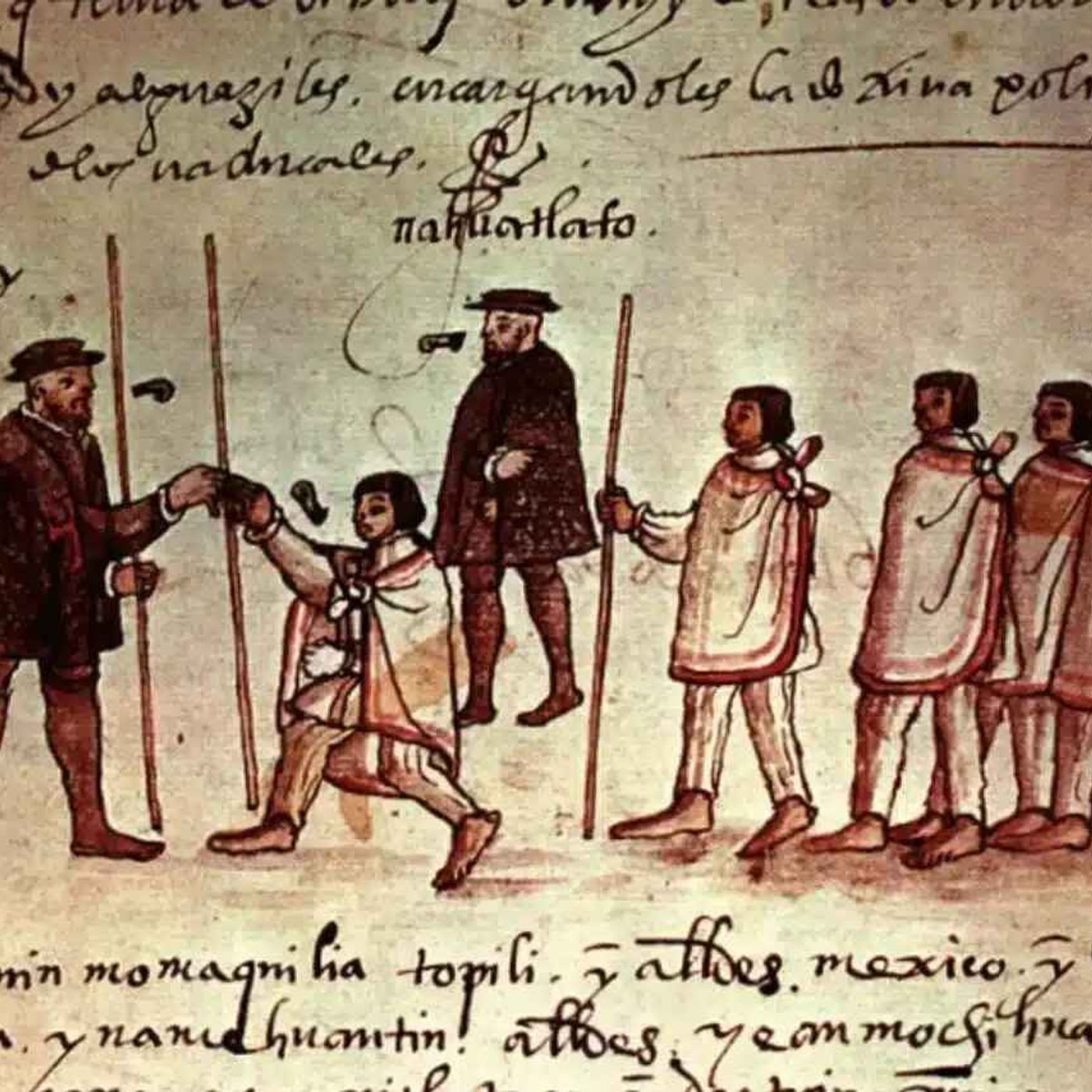
XIKOOVAProtección de los pueblos indígenas en el virreinato: el virrey como padre de los naturalesDurante el virreinato de la Nueva España, el virrey fue presentado como protector de los pueblos originarios. Este artículo analiza esa figura paternalista y sus límites en la práctica. Ver el articulo completo aquí:https://www.xikoova.com/proteccion-de-los-pueblos-indigenas-en-el-virreinato/
2025-08-0405 min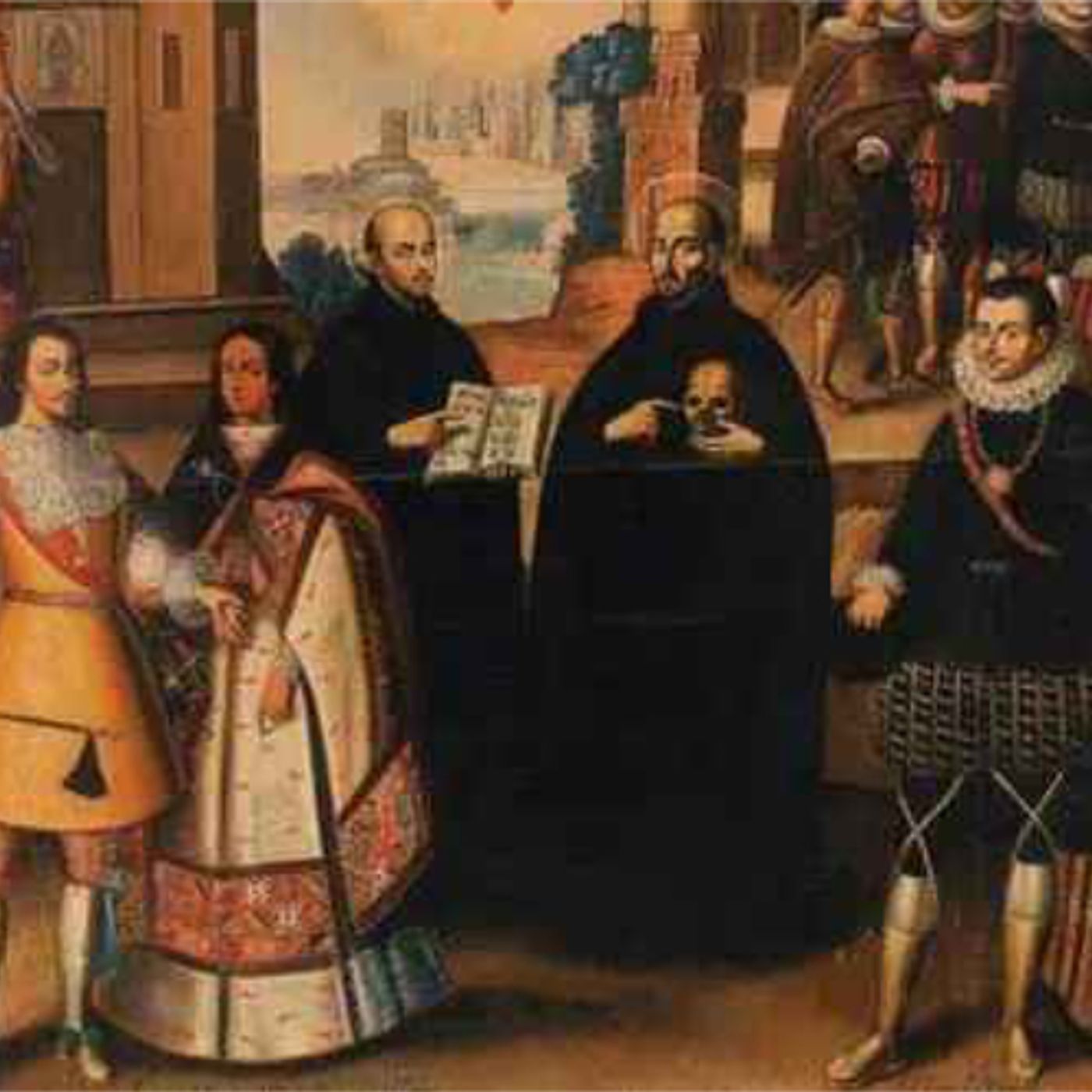
XIKOOVA EnglishGovernment in the provinces of New Spain: alcaldes mayores, corregidores and lieutenantsIn this article we explore how local power was organized in New Spain through alcaldes mayores, corregidores and lieutenants. A key system for administering the vast viceroyalty. See the complete article here:https://www.xikoova.com/en/government-in-the-provinces-of-new-spain-alcaldes-mayores-corregidores-and-lieutenants/
2025-08-0205 min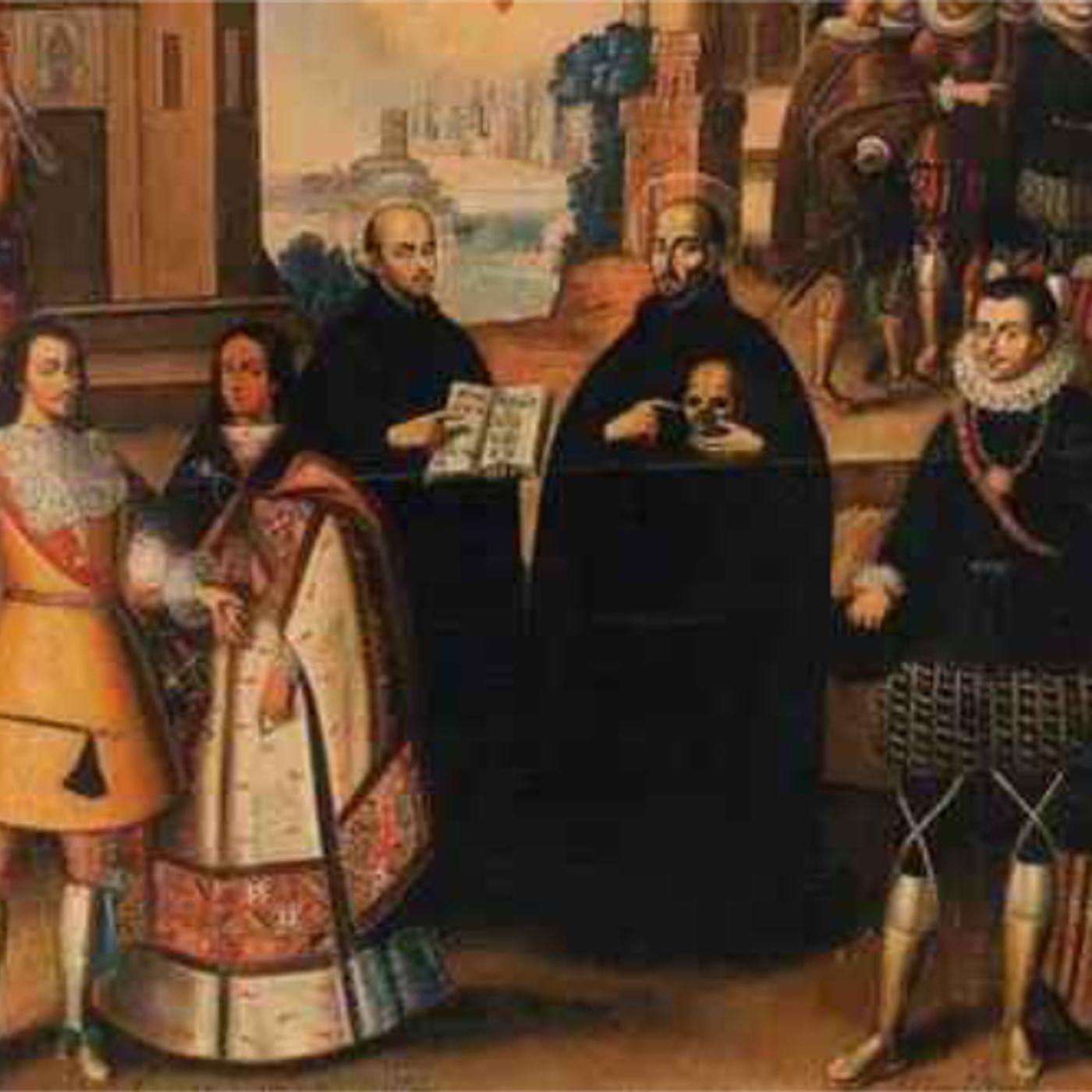
XIKOOVAGobierno en las provincias de la Nueva España: alcaldes mayores, corregidores y tenientesEn este artículo exploramos cómo se organizó el poder local en la Nueva España mediante alcaldes mayores, corregidores y tenientes. Un sistema clave para administrar el vasto virreinato.Ver el articulo completo aquí:https://www.xikoova.com/gobierno-en-las-provincias-nueva-espana/
2025-08-0204 min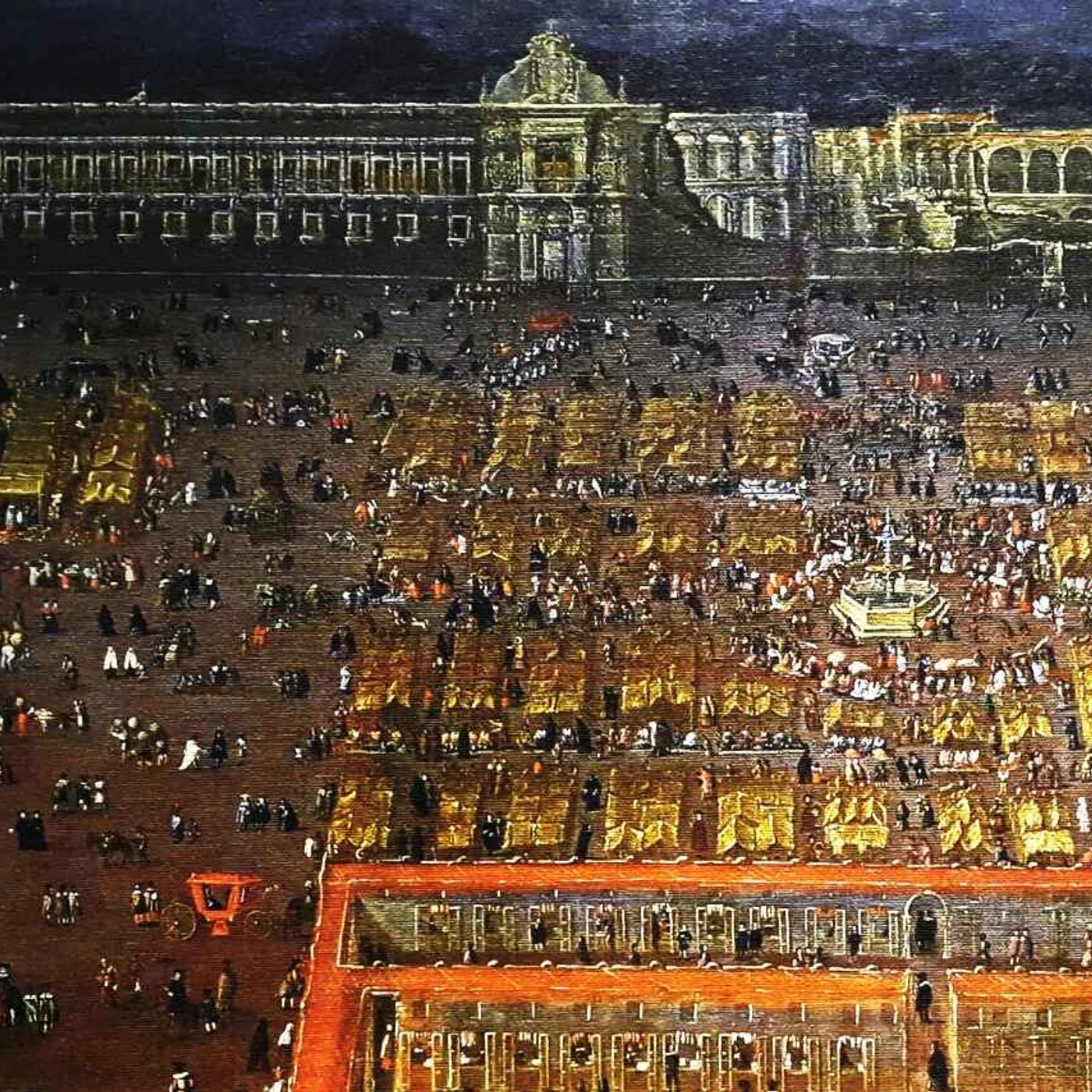
XIKOOVA EnglishThe Royal Court of Mexico: justice, power and authority conflictsBeyond being a court, the Real Audiencia de México was a relevant political actor in New Spain. This article explores its functions, disputes and institutional weight. See the complete article here:https://www.xikoova.com/en/the-royal-court-of-mexico-justice-power-and-authority-conflicts/
2025-08-0204 min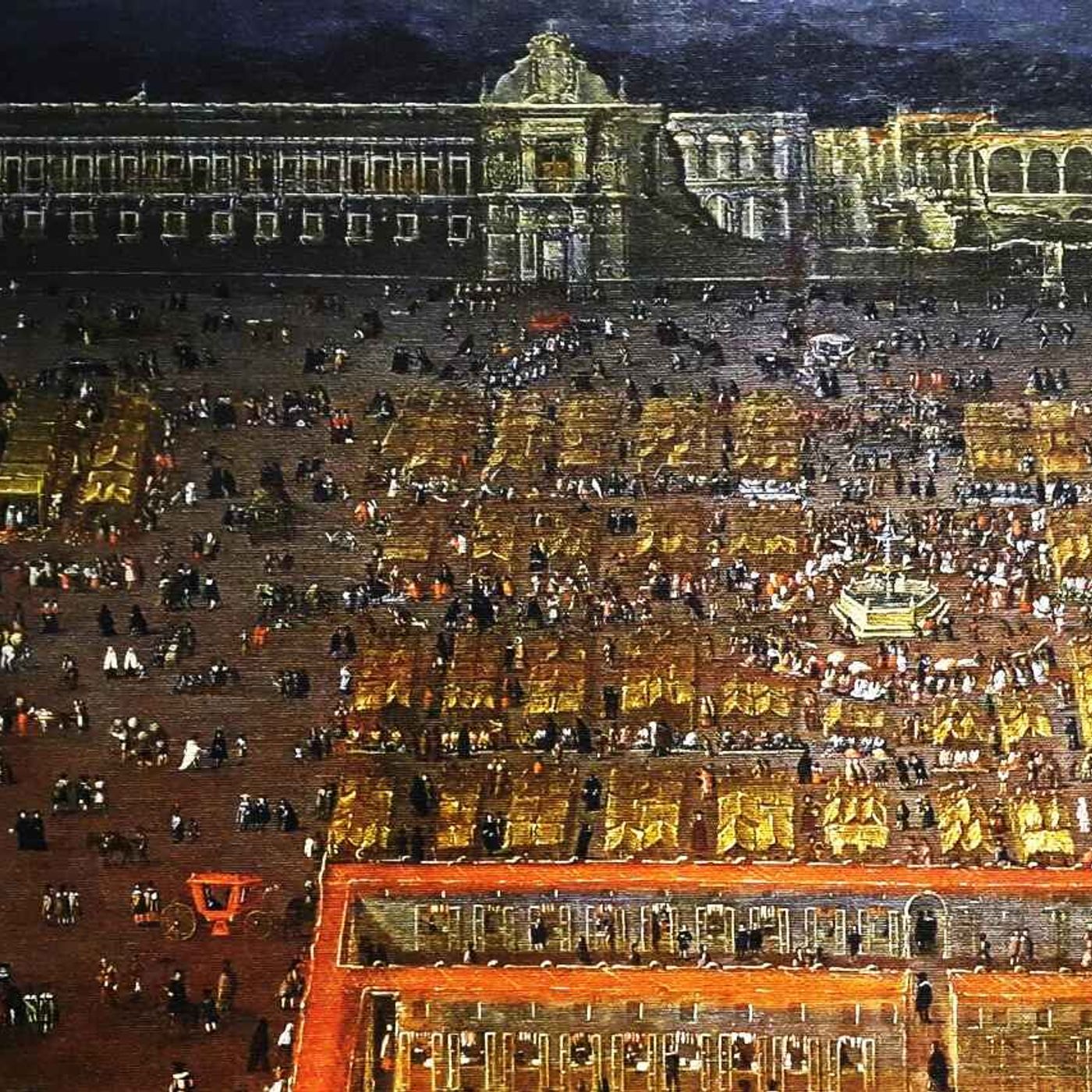
XIKOOVALa Real Audiencia de México: justicia, poder y conflictos de autoridadMás allá de ser un tribunal, la Real Audiencia de México fue un actor político relevante en la Nueva España. Este artículo explora sus funciones, disputas y peso institucional.Ver el articulo completo aquí:https://www.xikoova.com/real-audiencia-de-mexico/
2025-08-0203 min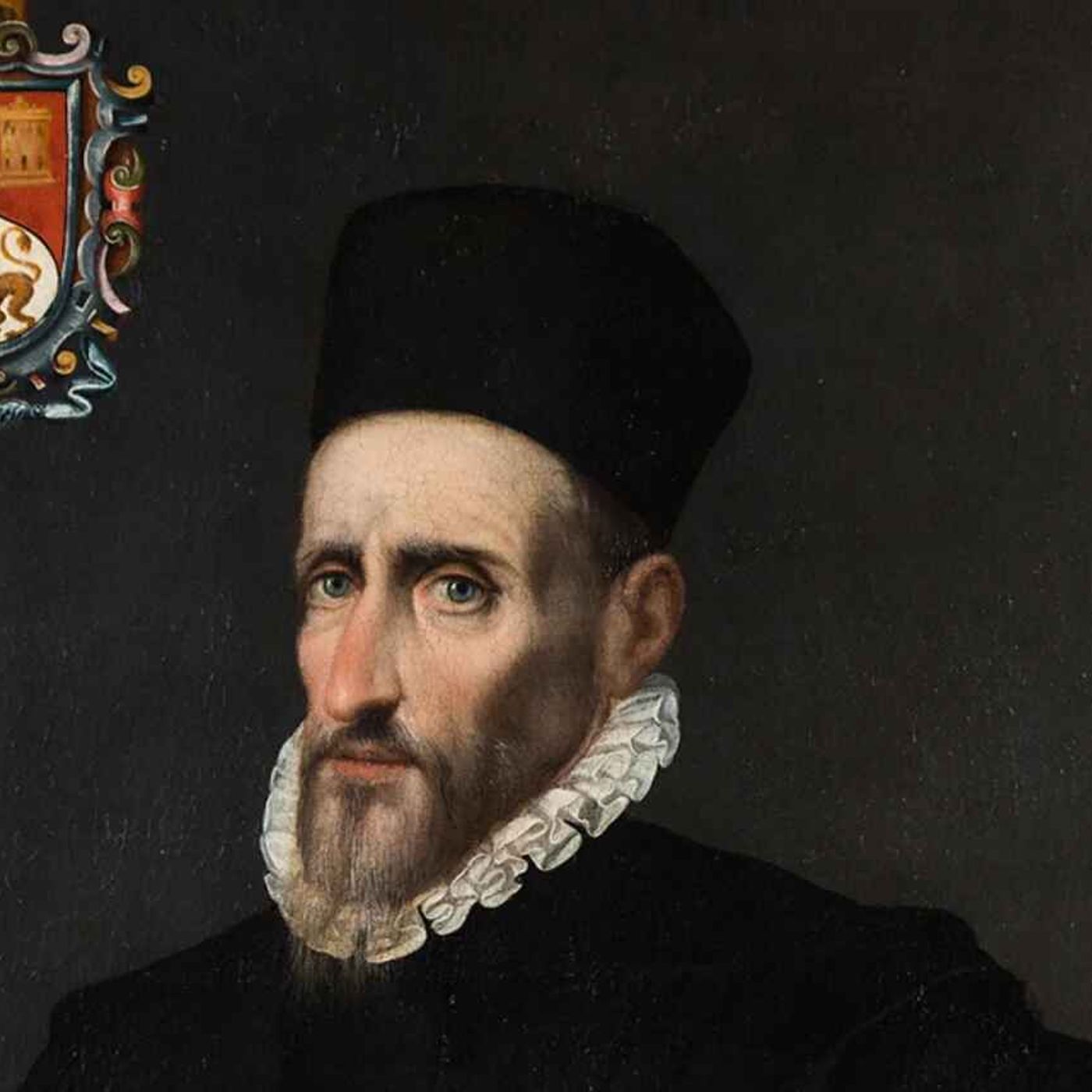
XIKOOVA EnglishMartín Enríquez de Almansa: government instructions from New Spain.Martín Enríquez de Almansa governed New Spain between 1568 and 1580. His mandate marked a turning point in the strengthening of viceregal power and the institutional order of the viceroyalty. See the complete article here:https://www.xikoova.com/en/martin-enriquez-de-almansa-government-instructions-from-new-spain/
2025-08-0204 min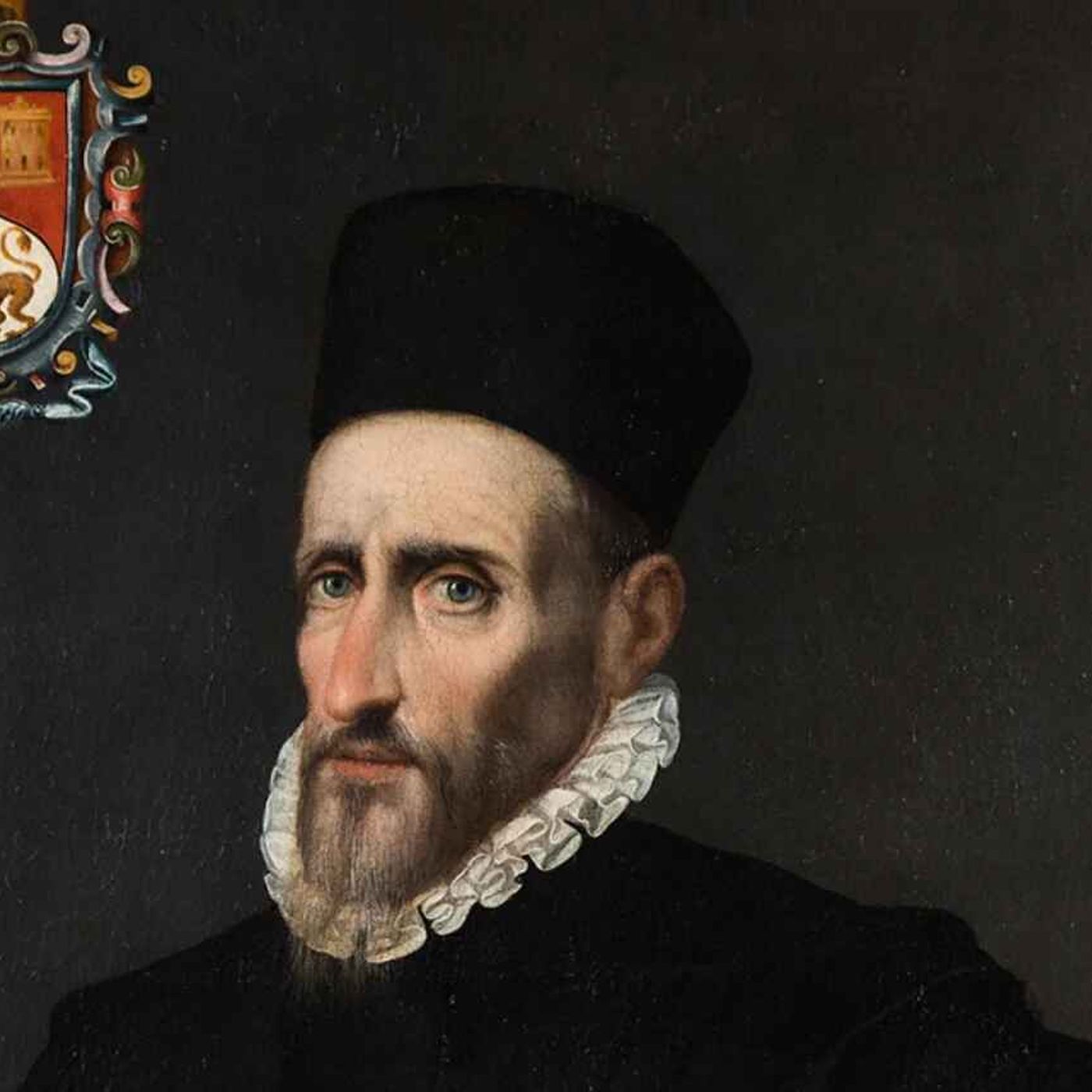
XIKOOVAMartín Enríquez de Almansa: instrucciones de gobierno desde la Nueva EspañaMartín Enríquez de Almansa gobernó la Nueva España entre 1568 y 1580. Su mandato marcó un punto de inflexión en el fortalecimiento del poder virreinal y el orden institucional del virreinato.Ver el articulo completo aquí:https://www.xikoova.com/martin-enriquez-de-almansa/
2025-08-0204 min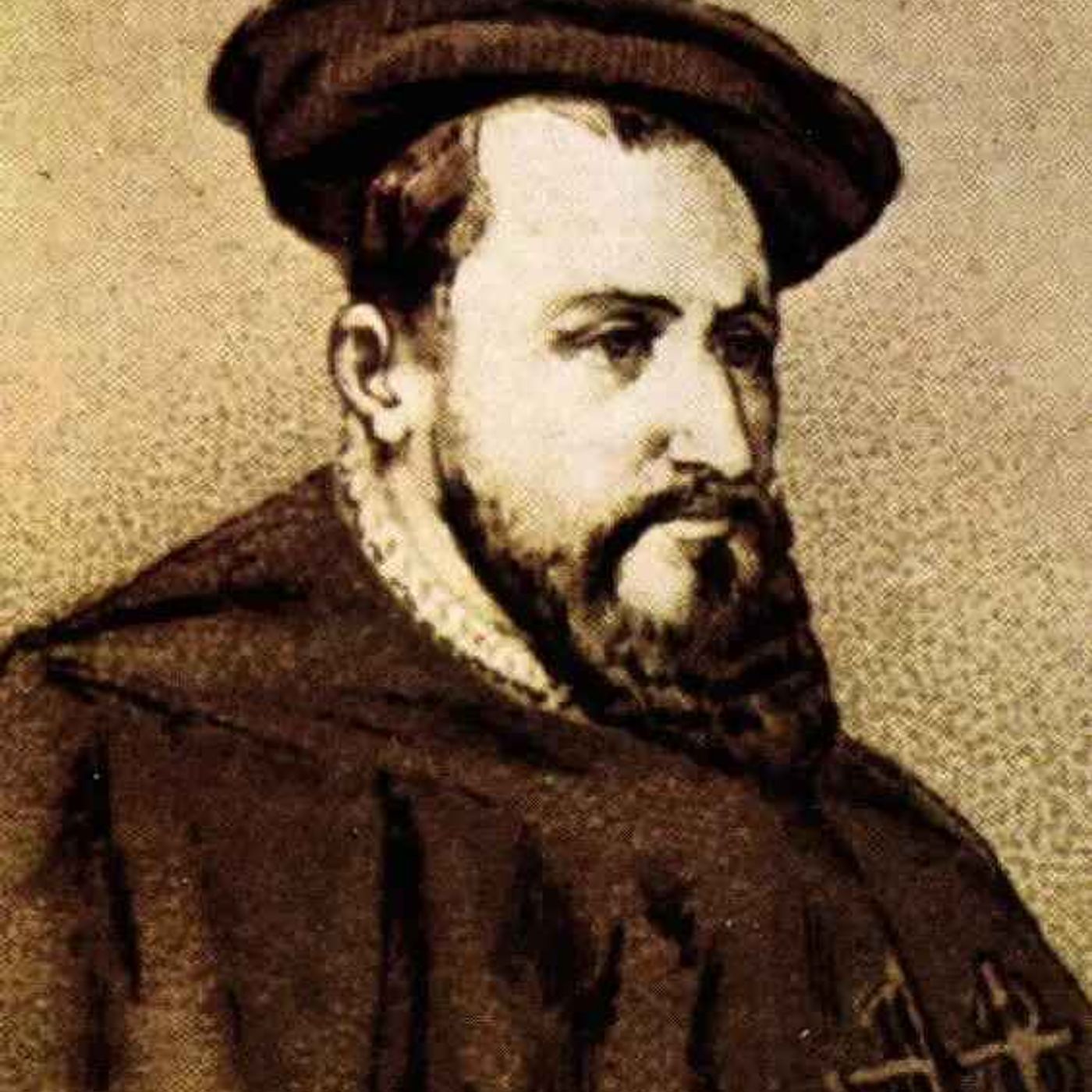
XIKOOVA EnglishAntonio de Mendoza the first viceroy and the powers of royal power in New Spain.The appointment of Antonio de Mendoza as the first viceroy marked a before and after in the administration of New Spain. His work laid the foundations of the viceroyalty model that would last for centuries. See the complete article here:https://www.xikoova.com/en/antonio-de-mendoza-the-first-viceroy-and-the-powers-of-royal-power-in-new-spain/
2025-08-0203 min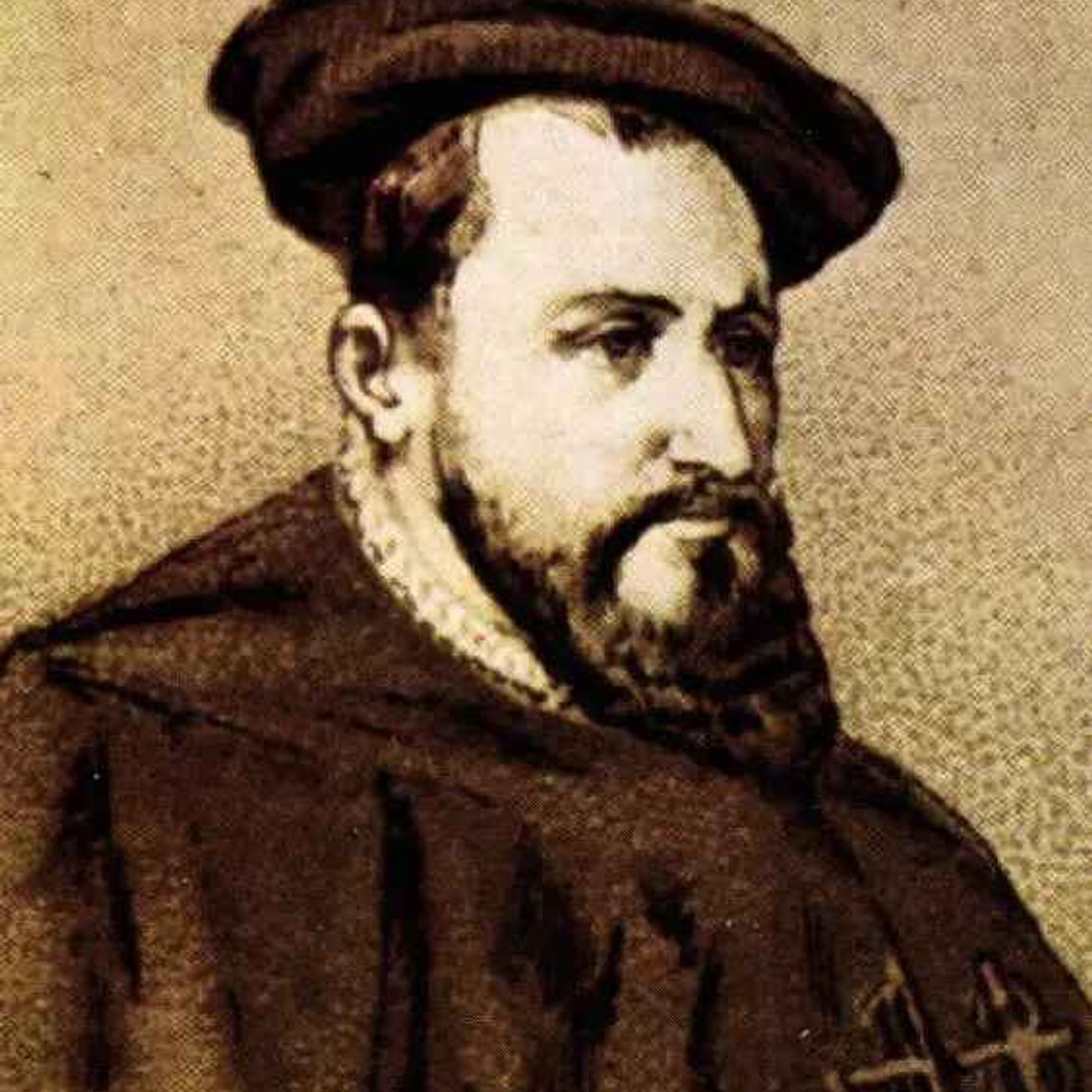
XIKOOVAAntonio de Mendoza: el primer virrey y las facultades del poder real en la Nueva EspañaEl nombramiento de Antonio de Mendoza como primer virrey marcó un antes y un después en la administración de la Nueva España. Su labor sentó las bases del modelo virreinal que perduraría por siglos.Ver el articulo completo aquí:https://www.xikoova.com/antonio-de-mendoza-primer-virrey/
2025-08-0102 min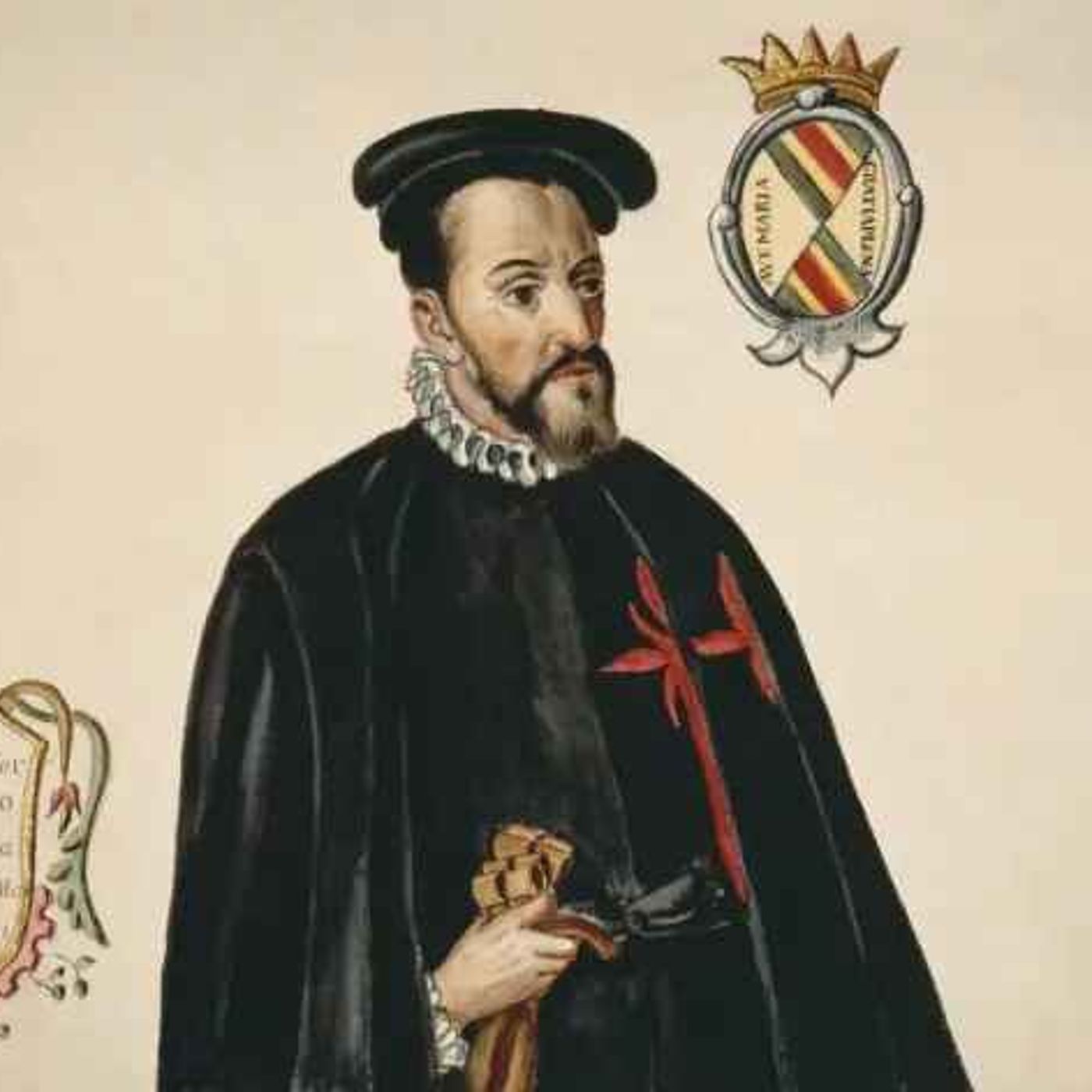
XIKOOVA EnglishThe viceroy of New Spain: functions, limits and political tensions.The viceroy of New Spain was the highest representative of the Catholic monarchy in America. This article analyzes his attributions, the limits he faced and the disputes that marked his government. See the complete article here:https://www.xikoova.com/en/the-viceroy-of-new-spain-functions-limits-and-political-tensions/
2025-08-0104 min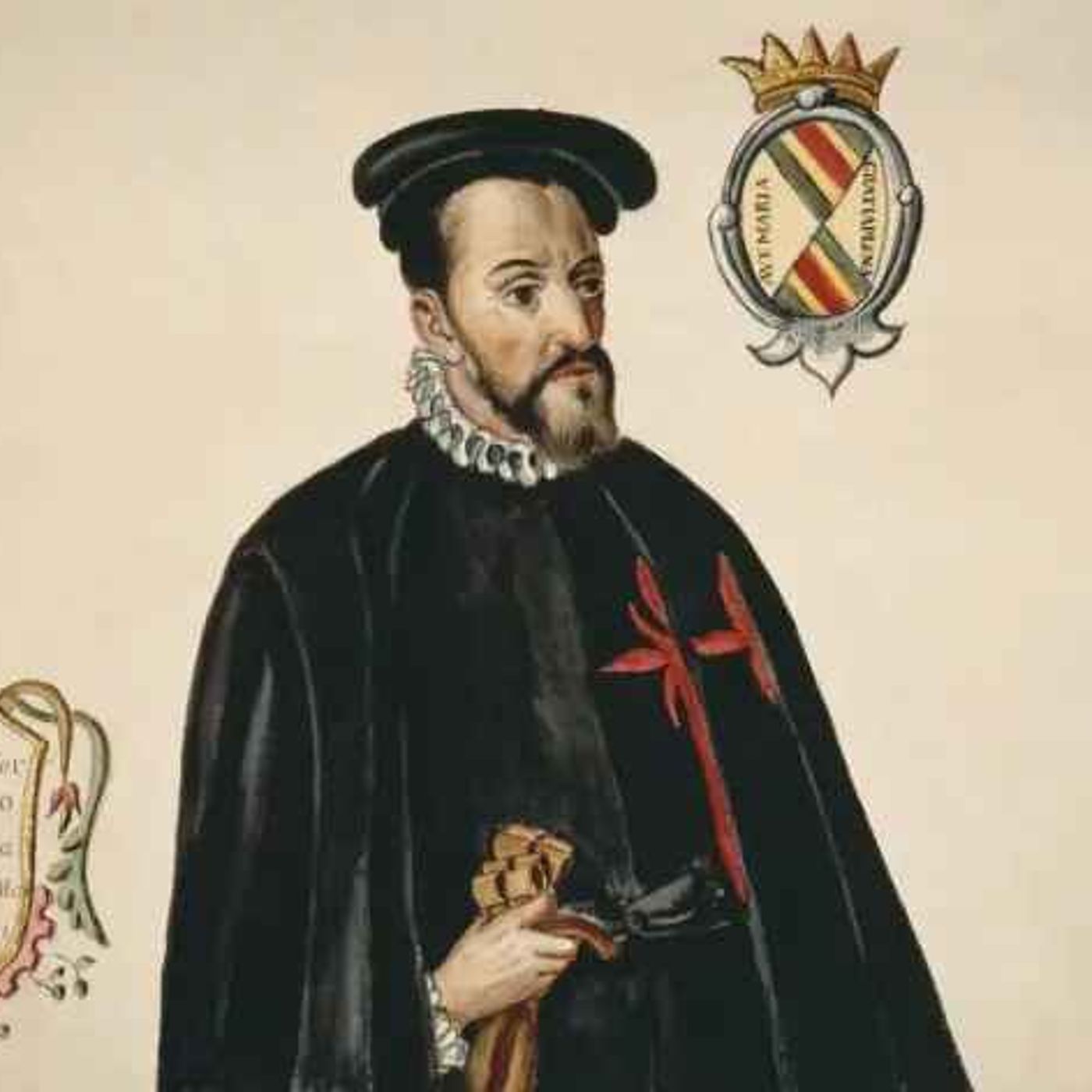
XIKOOVAEl virrey de la Nueva España: funciones, límites y tensiones políticasEl virrey de la Nueva España fue el máximo representante de la monarquía católica en América. Este artículo analiza sus atribuciones, los límites que enfrentó y las disputas que marcaron su gobierno.Ver el articulo completo aquí:https://www.xikoova.com/virrey-de-la-nueva-espana-funciones-limites/
2025-08-0103 min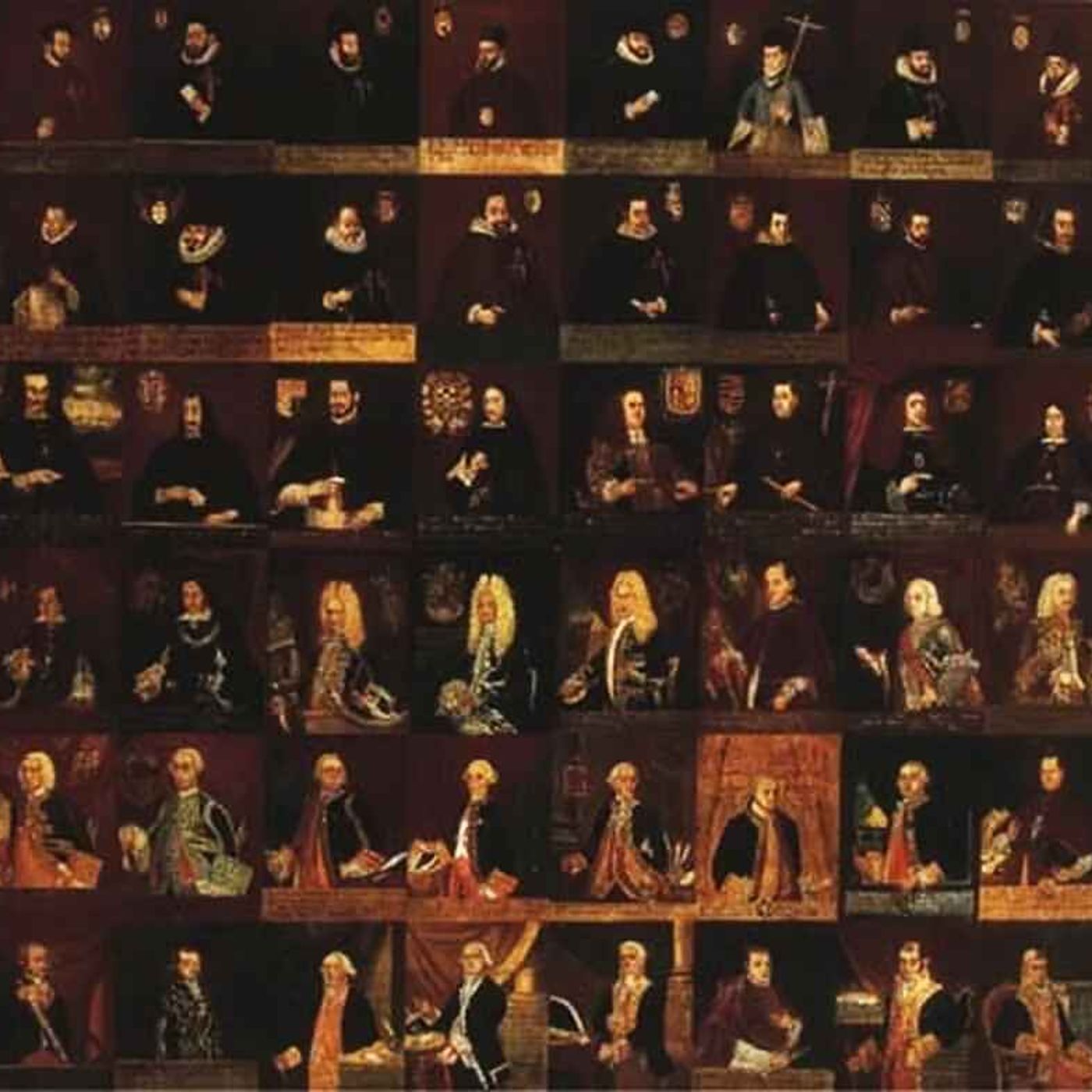
XIKOOVA EnglishViceroys of New Spain: complete list from 1535 to 1821Consult the chronological list of all the viceroys and interim authorities that governed New Spain during the viceroyalty, organized by monarchs and with their respective periods.See the complete article here:https://www.xikoova.com/en/viceroys-of-new-spain-complete-list-from-1535-to-1821/
2025-08-0107 min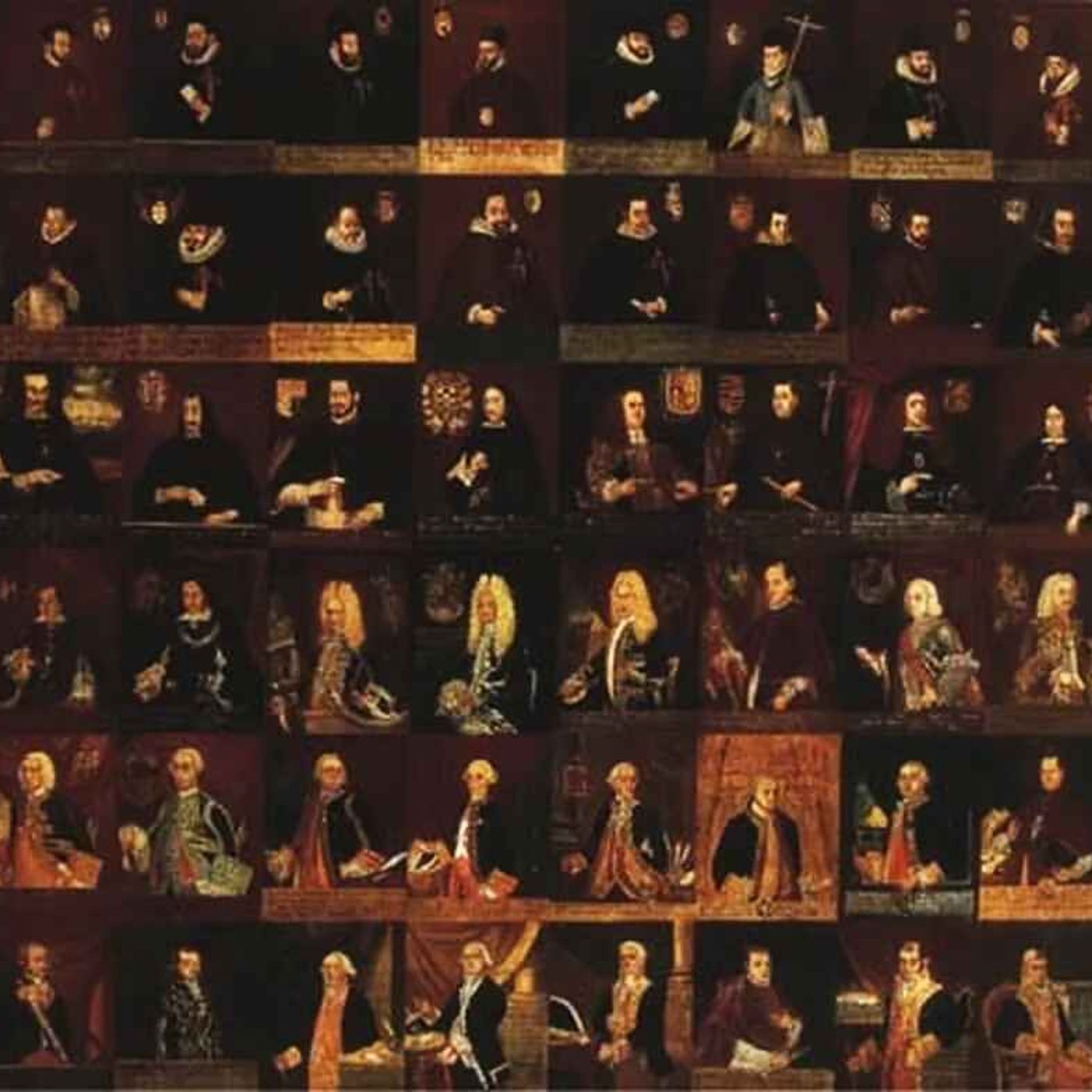
XIKOOVAVirreyes de la Nueva España lista completa de 1535 a 1821Consulta la lista cronológica de todos los virreyes y autoridades interinas que gobernaron la Nueva España durante el virreinato, organizada por monarcas y con sus respectivos periodos.Ver el articulo completo aquí:https://www.xikoova.com/virreyes-de-la-nueva-espana/
2025-08-0106 min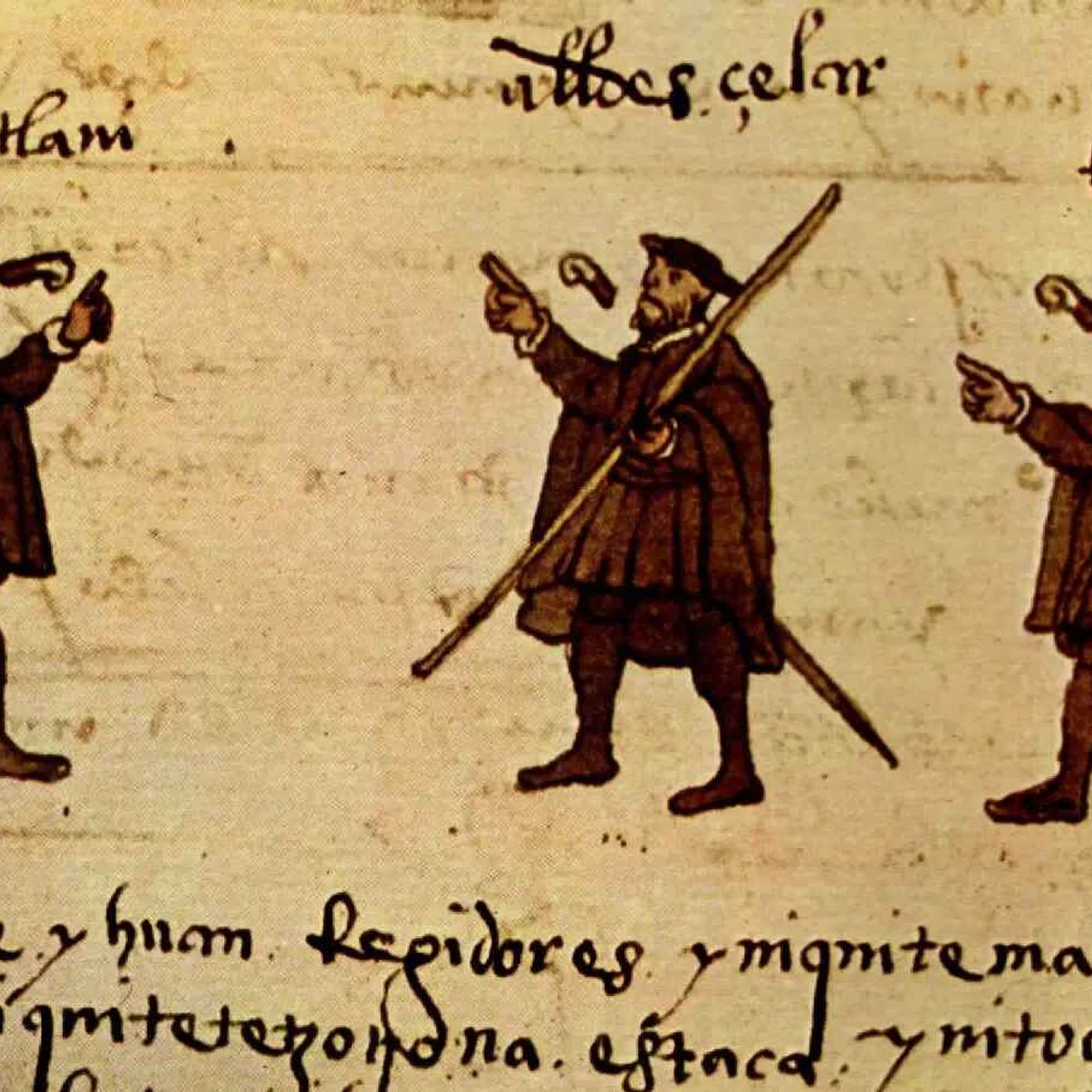
XIKOOVA EnglishThe central apparatus of power in the viceroyalty of New SpainThe central apparatus of power in New Spain was a complex hierarchical network that allowed the Crown of Castile to govern a vast territory from afar. From the Council of the Indies to the viceroy and local bodies, each piece played a key role in consolidating the viceroyalty. See the complete article here:https://www.xikoova.com/en/the-central-apparatus-of-power-in-the-viceroyalty-of-new-spain/
2025-08-0105 min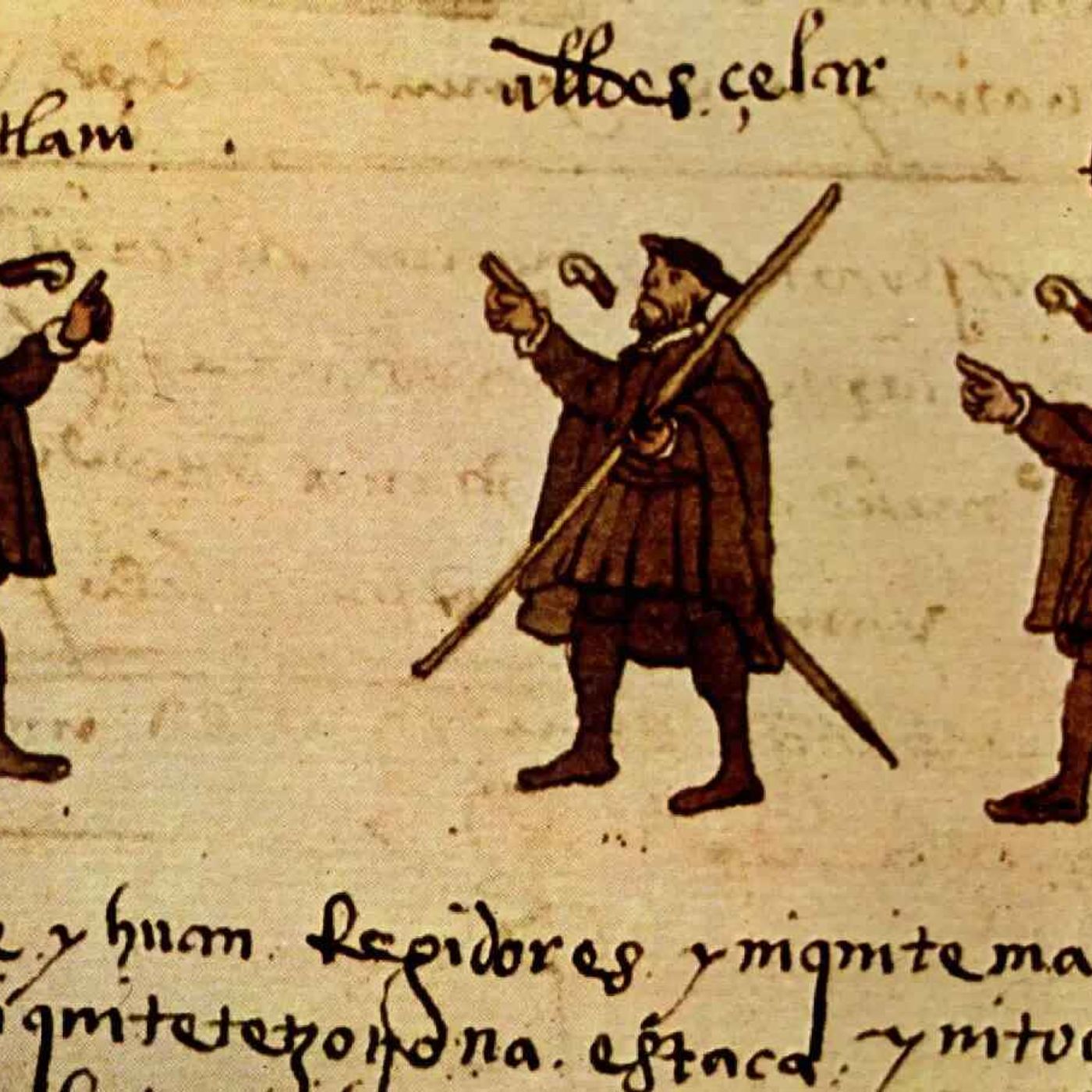
XIKOOVAEl aparato central de poder en el virreinato de la Nueva EspañaEl aparato central de poder en la Nueva España fue una compleja red jerárquica que permitió a la Corona de Castilla gobernar a distancia un territorio inmenso. Desde el Consejo de Indias hasta el virrey y los cuerpos locales, cada pieza tuvo un papel clave en la consolidación del virreinato.Ver el articulo completo aquí:https://www.xikoova.com/aparato-central-poder-virreinato-nueva-espana/
2025-08-0105 min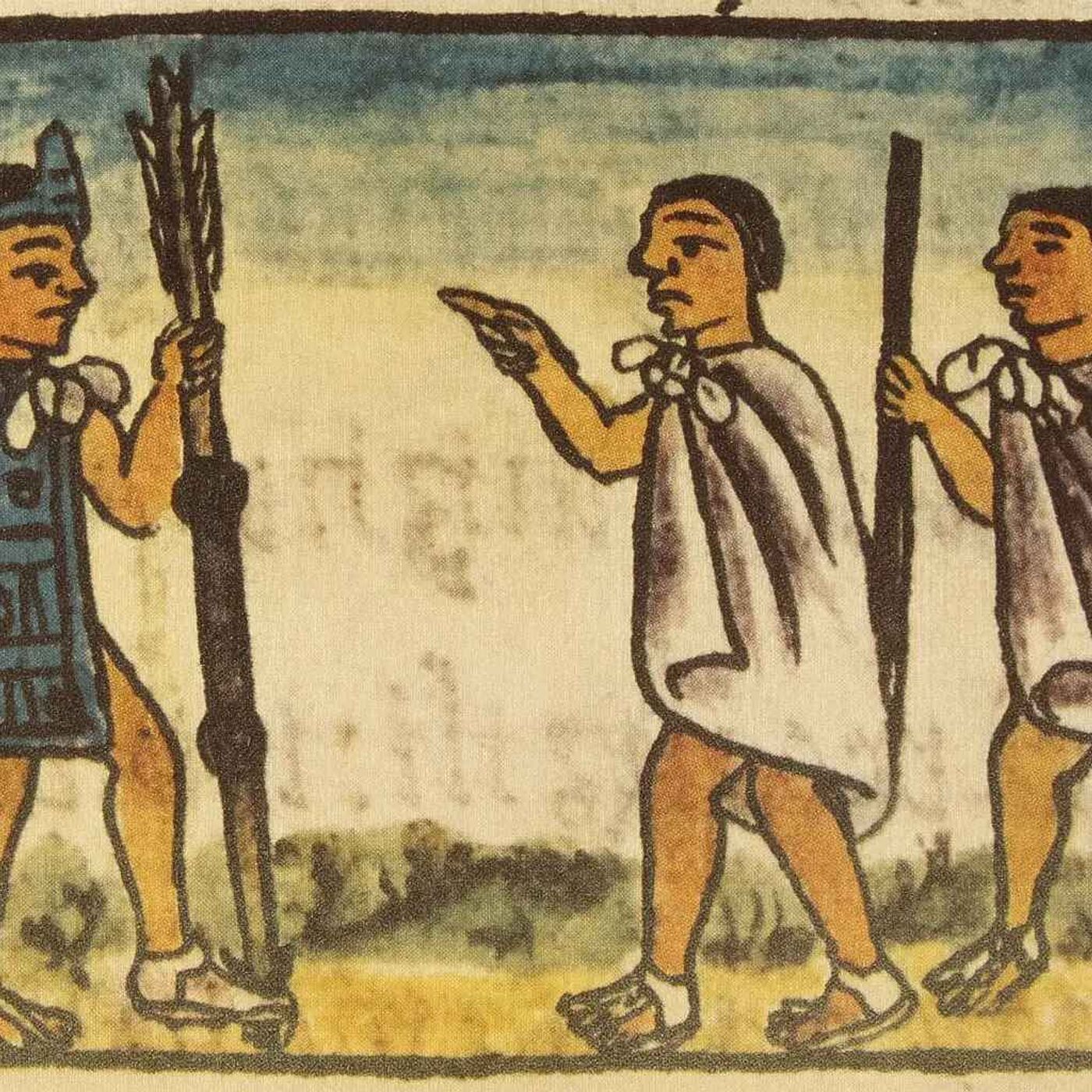
XIKOOVA EnglishThe path of a pochteca (Mexica trader)This Nahuatl text, collected by Sahagún's indigenous informants and translated by Ángel María Garibay, reveals the initiatory journey of a young Pochteca. Through words loaded with symbolism and teachings, we learn about the physical, spiritual and emotional challenges of being a merchant in the Mexica world. An intimate portrait of the honor, effort and hope that drove these ancestral paths. See the complete article here:https://www.xikoova.com/en/the-path-of-a-pochteca-mexica-trader/
2025-08-0104 min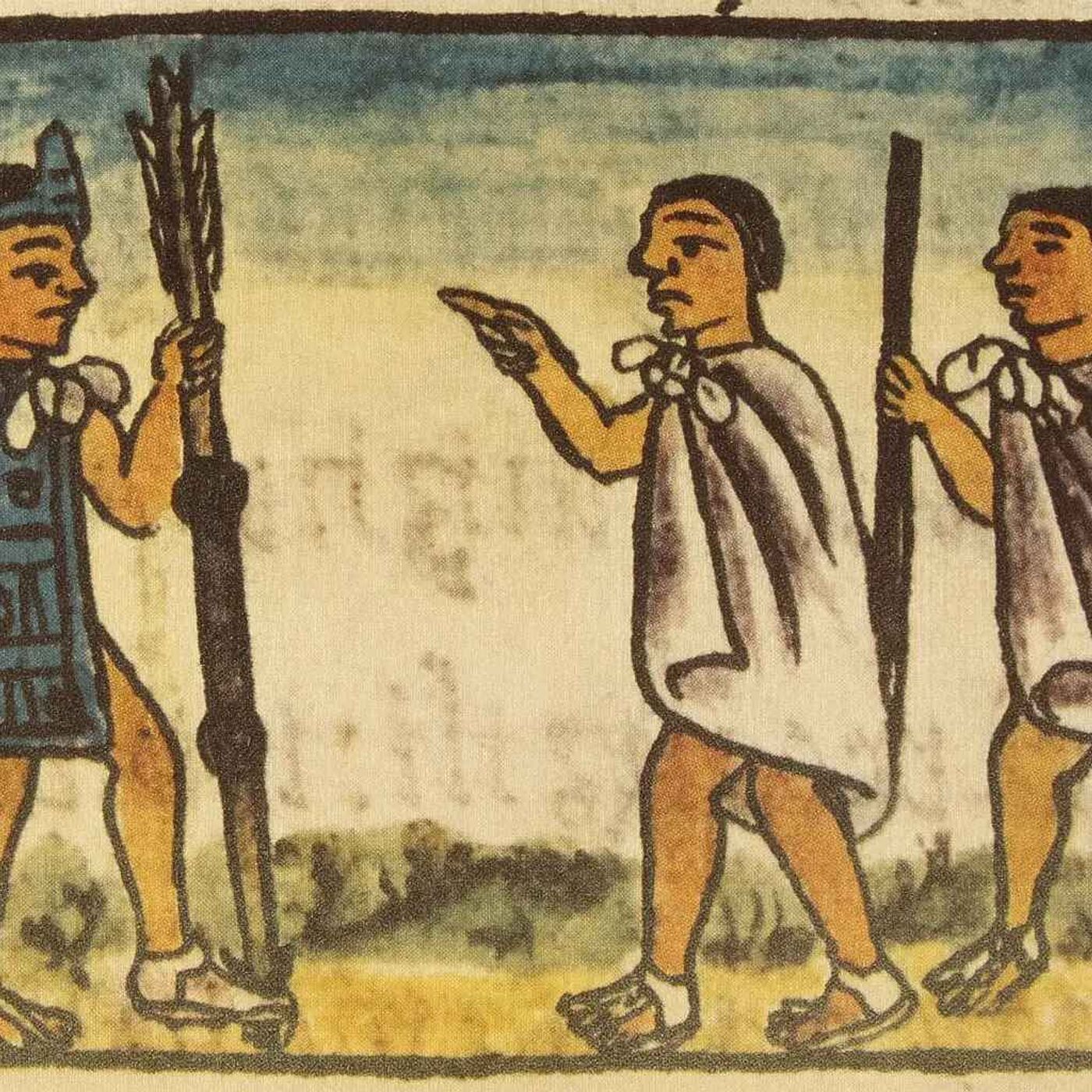
XIKOOVAEl camino de un pochteca comerciante mexicaEste texto náhuatl, recogido por los informantes indígenas de Sahagún y traducido por Ángel María Garibay, revela el viaje iniciático de un joven pochteca. A través de palabras cargadas de simbolismo y enseñanzas, conocemos los desafíos físicos, espirituales y emocionales que implicaba ser comerciante en el mundo mexica. Un retrato íntimo del honor, el esfuerzo y la esperanza que impulsaban estos caminos ancestrales.Ver el articulo completo aquí:https://www.xikoova.com/el-camino-de-un-pochteca-comerciante-mexica/
2025-08-0104 min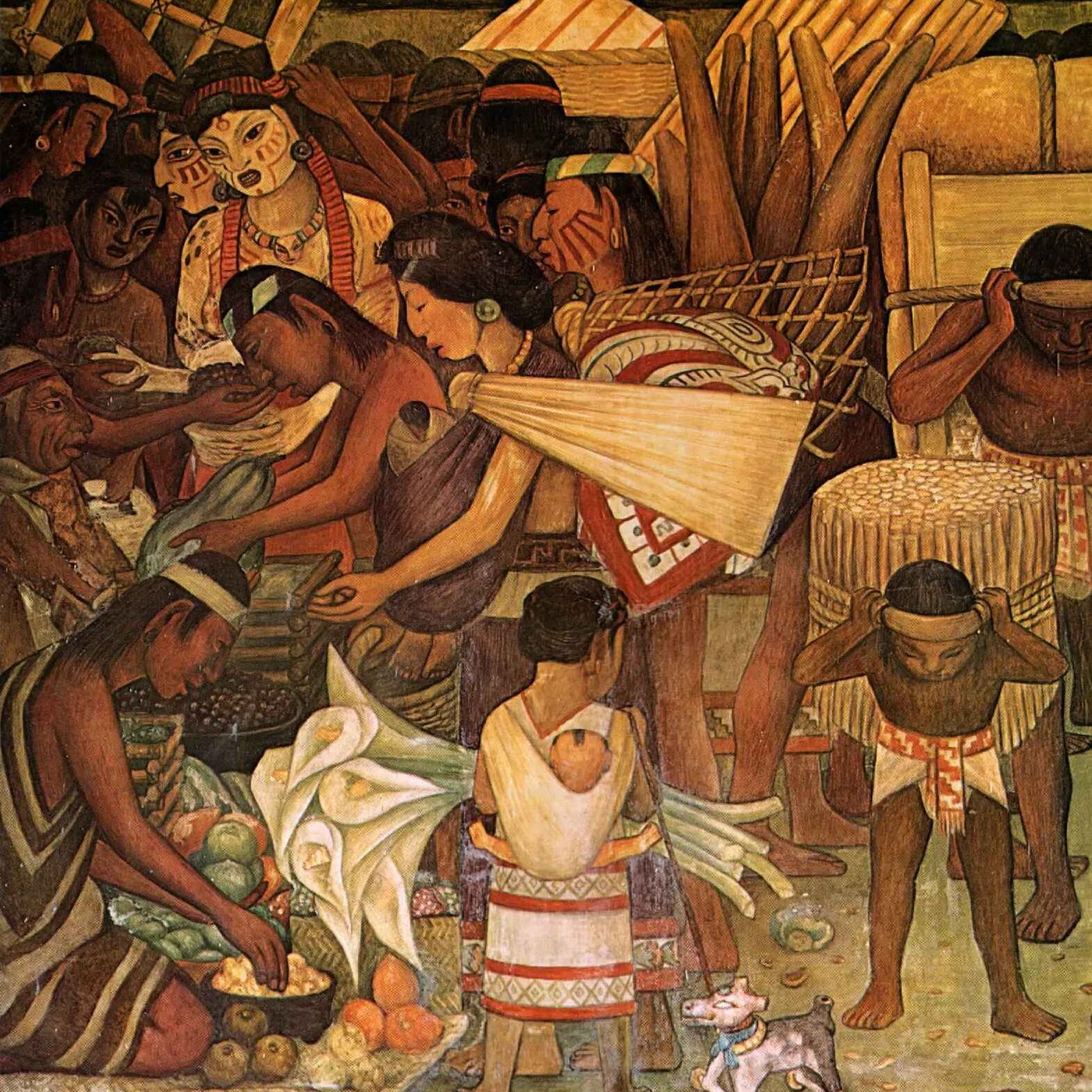
XIKOOVA EnglishMexica trade routes, markets and the emerging strength of the PochtecsTrade was one of the key forces driving the power of the Mexica lordship. From local tianguis to the long-range routes organized by the Pochtecs, the exchange of products was much more than an economic activity: it was a strategy of expansion and prestige that consolidated political, military and cultural networks throughout Mesoamerica. See the complete article here:https://www.xikoova.com/en/mexica-trade-routes-markets-and-the-emerging-strength-of-the-pochtecs/
2025-08-0106 min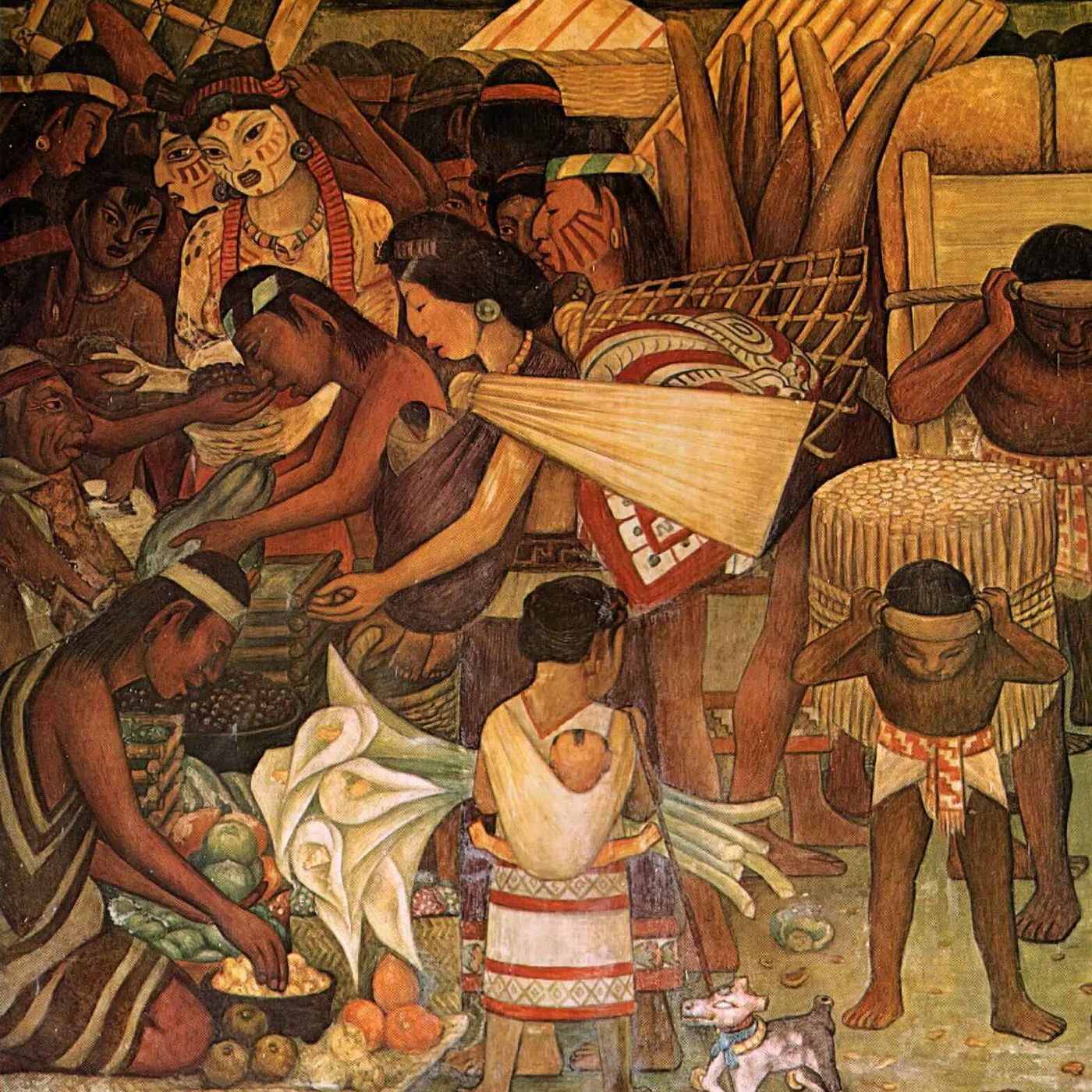
XIKOOVAEl comercio entre los mexicas: rutas, mercados y la fuerza emergente de los pochtecasEl comercio fue una de las fuerzas clave que impulsaron el poder del señorío mexica. Desde los tianguis locales hasta las rutas de largo alcance organizadas por los pochtecas, el intercambio de productos fue mucho más que una actividad económica: fue una estrategia de expansión y prestigio que consolidó redes políticas, militares y culturales en toda Mesoamérica.Ver el articulo completo aquí:https://www.xikoova.com/el-comercio-entre-los-mexicas/
2025-08-0106 min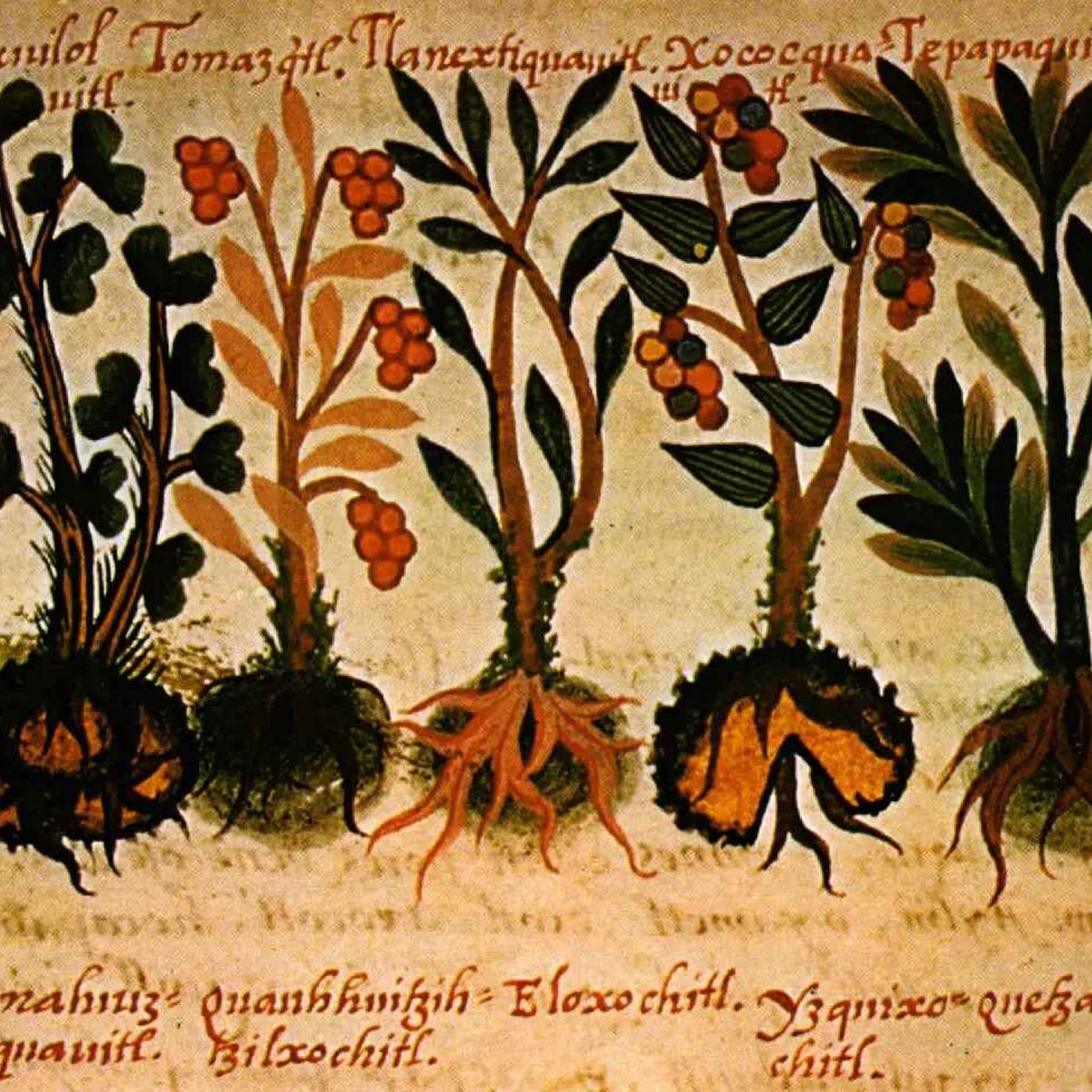
XIKOOVA EnglishMexica agricultural work labor diversity in the countrysideAgricultural work in the Mexica lordship was key to sustaining its economy. Different social groups, from calpulli peasants to tenant farmers and mayeque, actively participated in food production, with tasks differentiated according to their origin and link to the land. This system reflects the complexity of the Mexica social structure applied to the countryside. See the complete article here:https://www.xikoova.com/en/mexica-agricultural-work-labor-diversity-in-the-countryside/
2025-08-0103 min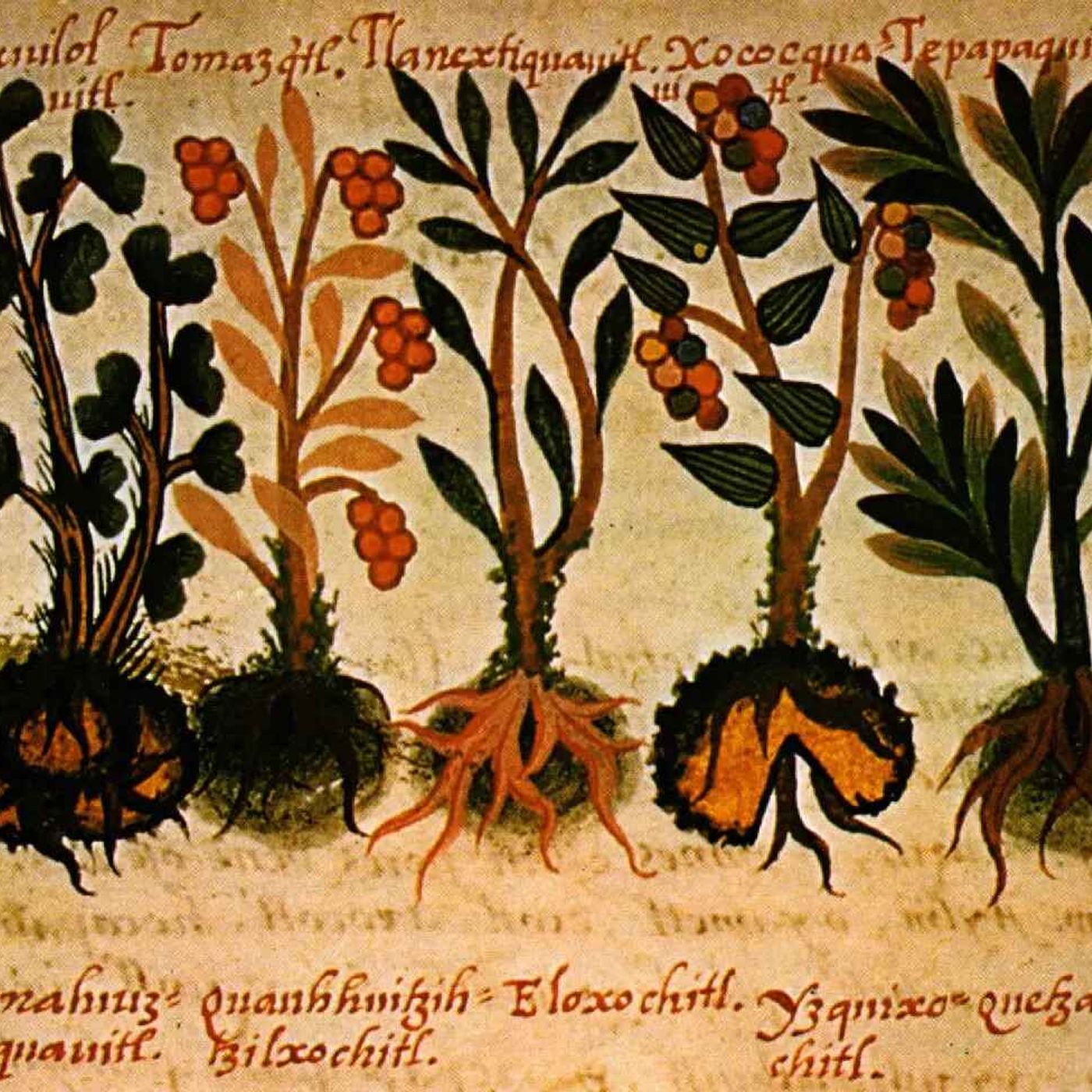
XIKOOVATrabajo agrícola de los mexicas: diversidad laboral en el campoEl trabajo agrícola en el señorío mexica fue pieza clave para sostener su economía. Diversos grupos sociales, desde campesinos del calpulli hasta arrendatarios y mayeque, participaron activamente en la producción alimentaria, con tareas diferenciadas según su origen y vínculo con la tierra. Este sistema refleja la complejidad de la estructura social mexica aplicada al campo.Ver el articulo completo aquí:https://www.xikoova.com/trabajo-agricola-mexicas-campos-y-clases-laborales/
2025-08-0103 min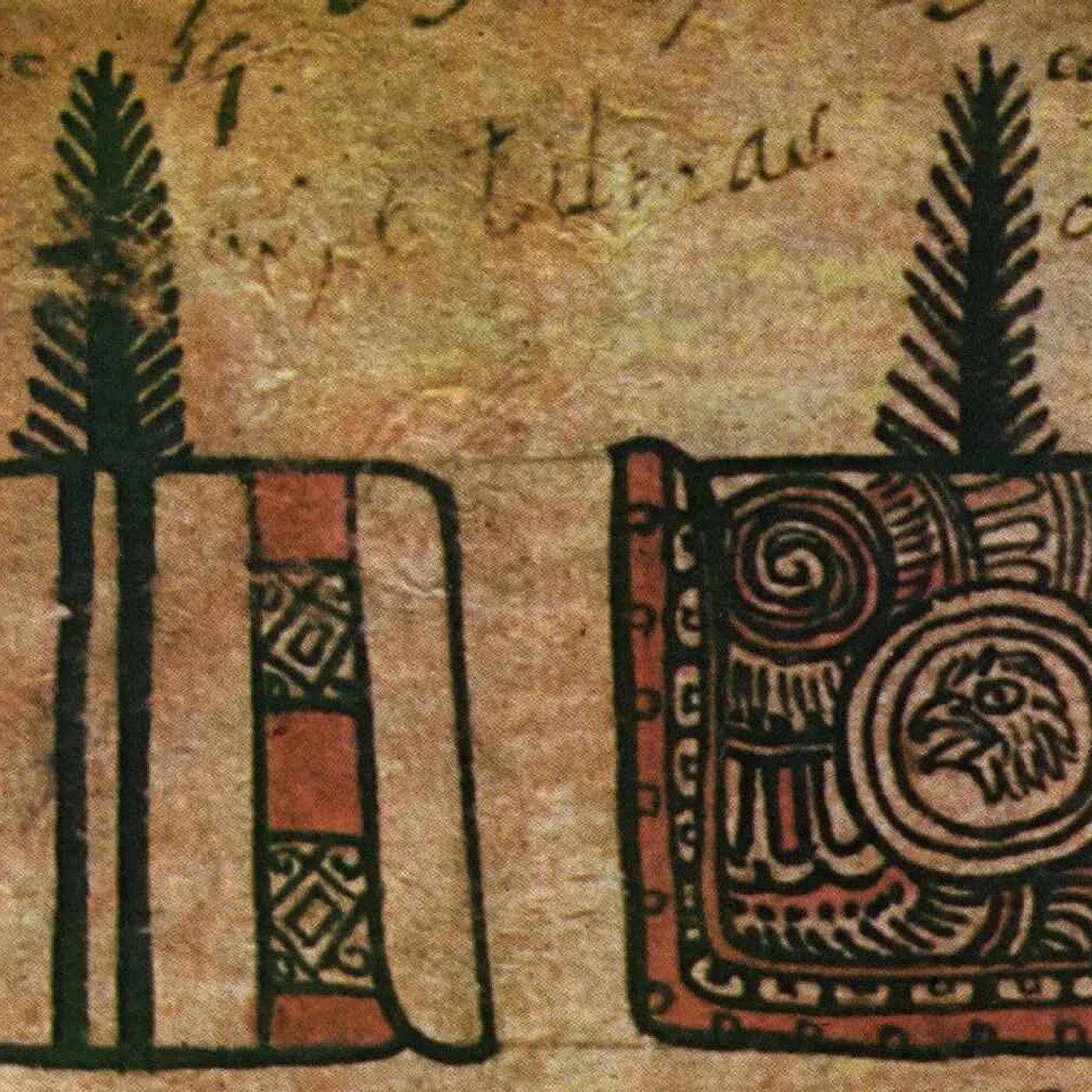
XIKOOVA EnglishThe property regime in the Mexica lordship: power, prestige and social normsIn the Mexica lordship, property was not a simple right, but a symbol of prestige, bravery and belonging. This article analyzes how property, constructions and ways of life were regulated according to social rank, without delving into land, but highlighting the role of the calpulli and the symbolic function of objects and spaces. See the complete article here:https://www.xikoova.com/en/the-property-regime-in-the-mexica-lordship-power-prestige-and-social-norms/
2025-08-0103 min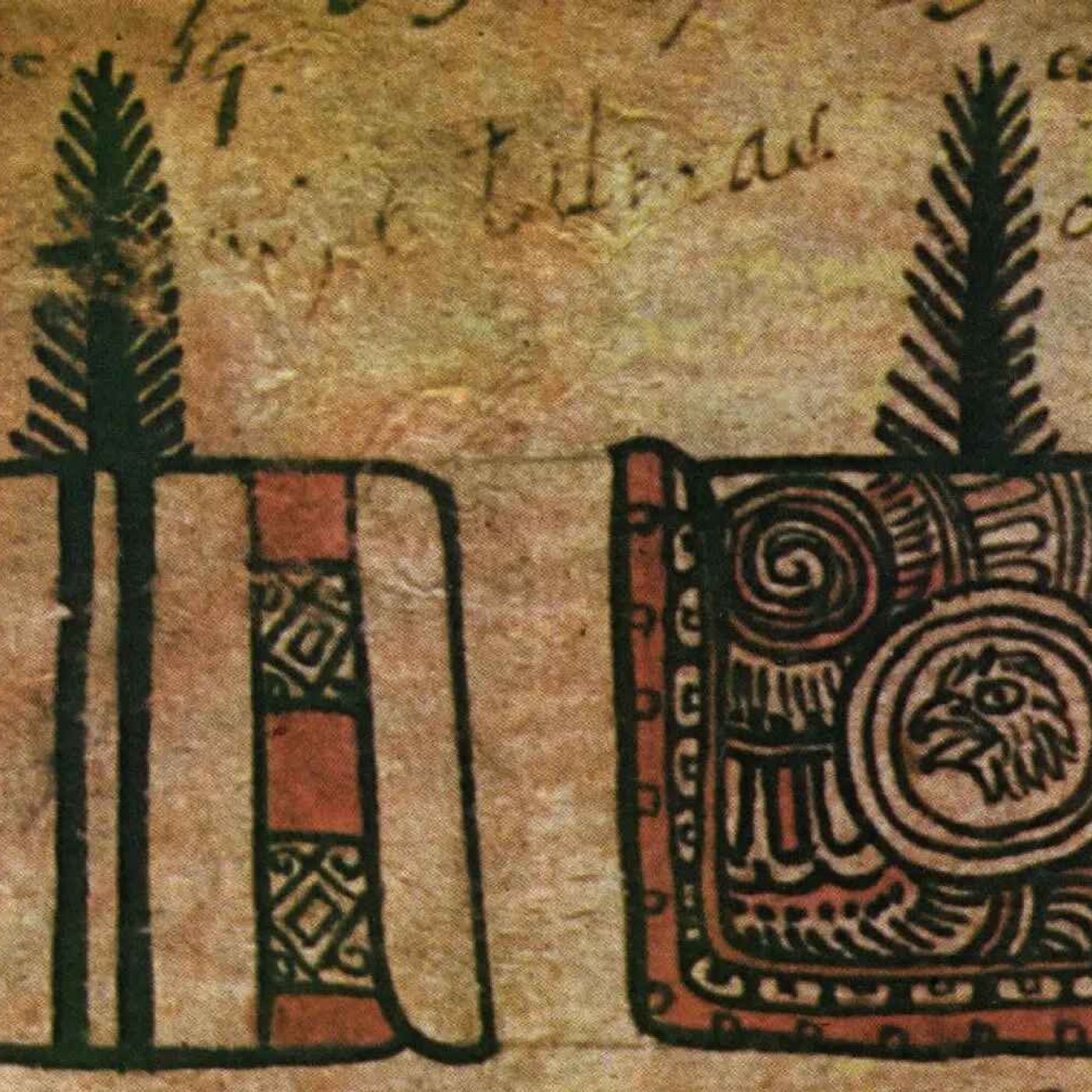
XIKOOVAEl régimen de propiedad en el señorío mexica poder, prestigio y normas socialesEn el señorío mexica, la propiedad no era un simple derecho, sino un símbolo de prestigio, valentía y pertenencia. Este artículo analiza cómo se regulaban los bienes, las construcciones y las formas de vida según el rango social, sin profundizar aún en la tierra, pero resaltando el papel del calpulli y la función simbólica de los objetos y espacios.Ver el articulo completo aquí:https://www.xikoova.com/propiedad-y-orden-social-en-el-senorio-mexica/
2025-08-0103 min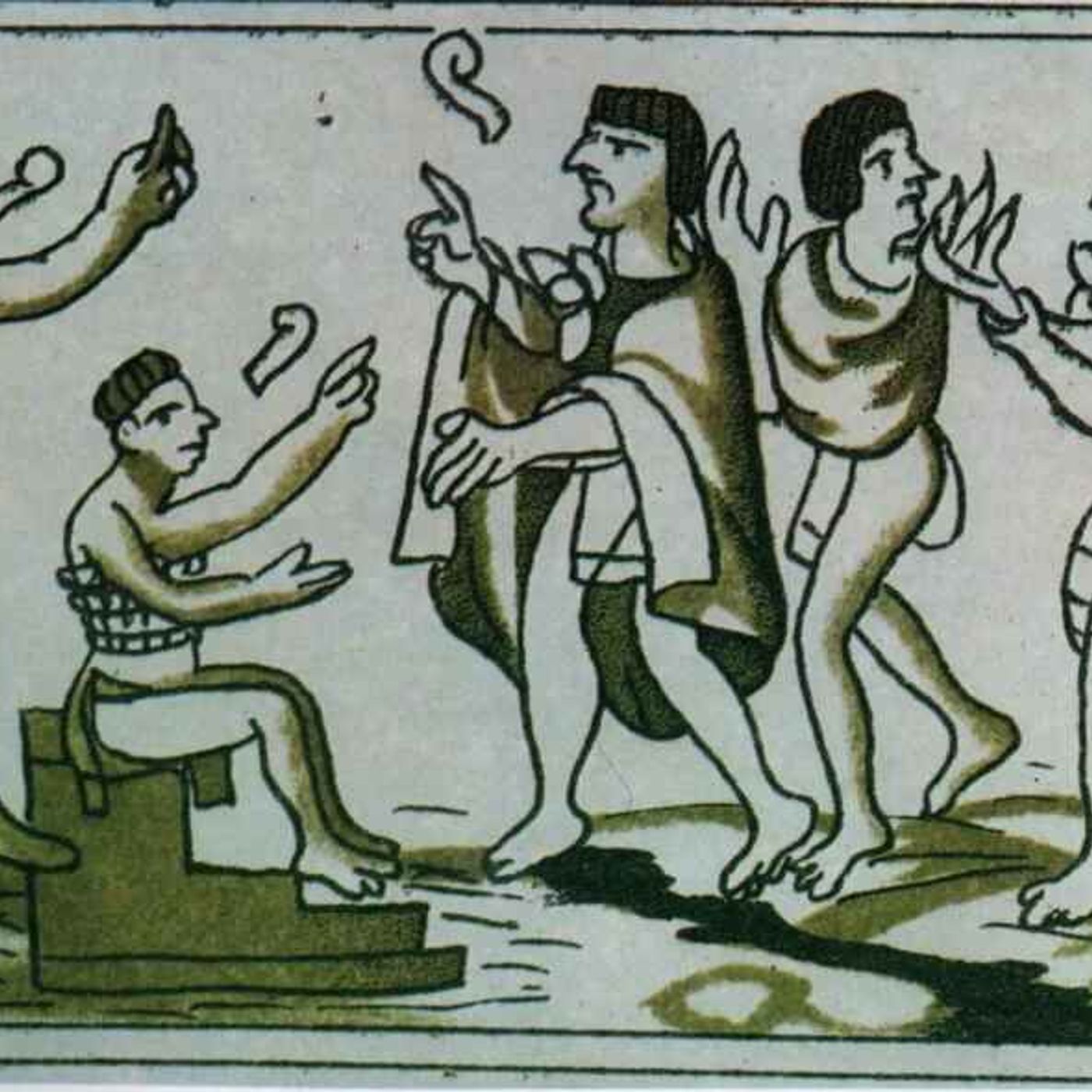
XIKOOVA EnglishPossession of land among the Mexica: territorial organization, rules and usufructLa tierra en tiempos mexicas no era propiedad privada como la entendemos hoy, sino un recurso colectivo distribuido por calpullis y el Estado. Descubre cómo se organizaban las parcelas comunales, las tierras del templo y del ejército, así como las heredadas por los nobles por méritos o linaje. See the complete article here:https://www.xikoova.com/en/possession-of-land-among-the-mexica-territorial-organization-rules-and-usufruct/
2025-08-0104 min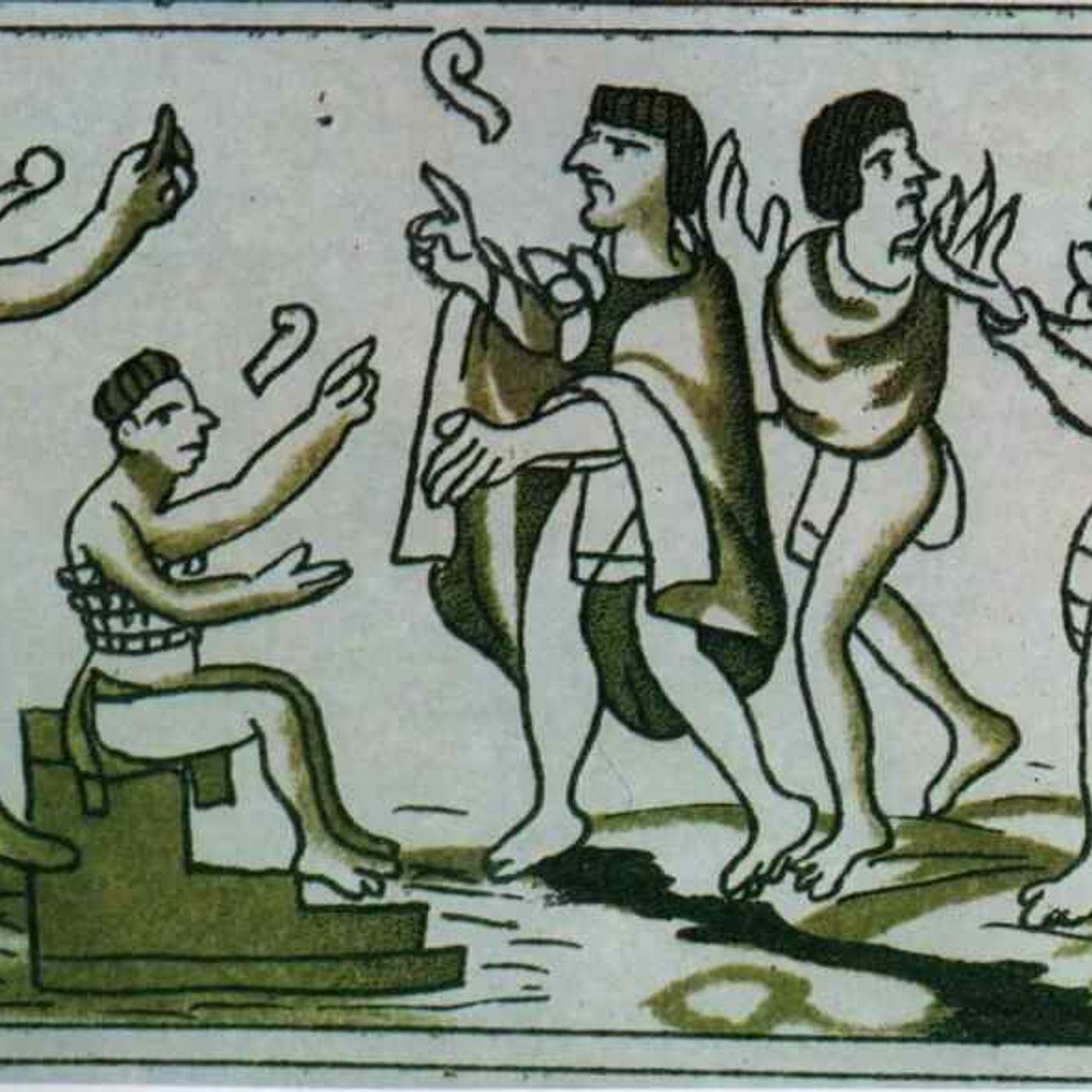
XIKOOVAPosesión de la tierra entre los mexicas: organización territorial, normas y usufructoLa tierra en tiempos mexicas no era propiedad privada como la entendemos hoy, sino un recurso colectivo distribuido por calpullis y el Estado. Descubre cómo se organizaban las parcelas comunales, las tierras del templo y del ejército, así como las heredadas por los nobles por méritos o linaje.Ver el articulo completo aquí:https://www.xikoova.com/posesion-de-la-tierra-entre-los-mexicas/
2025-08-0104 min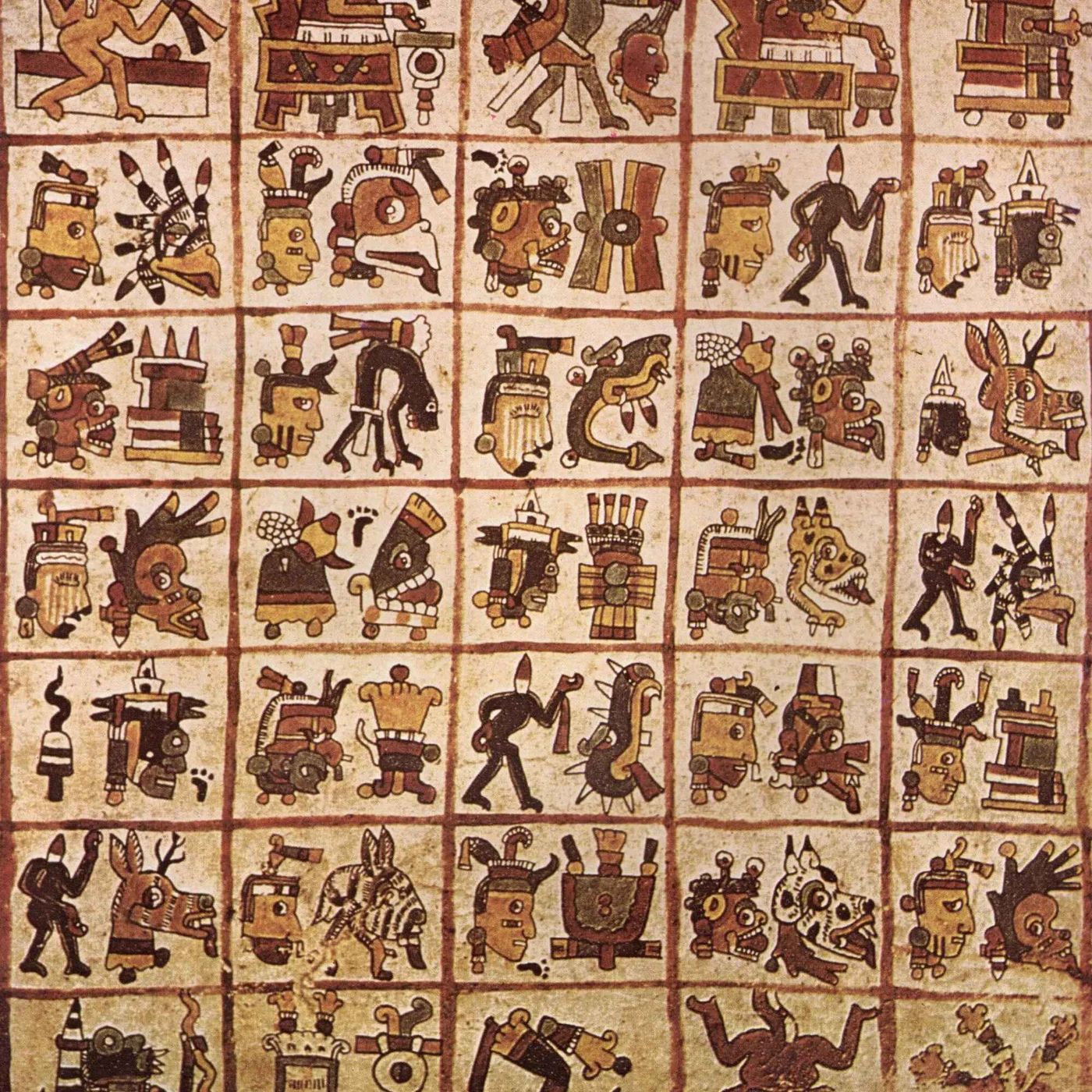
XIKOOVA EnglishEconomic production and use of natural resources in the Mexica lordshipThe history of the Mexica lordship cannot be understood without observing the close relationship between its lake environment and its capacity for adaptation. From their settlement on the island of Mexico-Tenochtitlan, the Mexica transformed a hostile landscape into an economic, political and cultural center of great importance. In this article we explore how the Mexica took advantage of the available natural resources and developed a complex system of production and trade that allowed them to sustain one of the largest cities in the pre-modern world.See the complete article here:https://www.xikoova.com/en/economic-production-and-use-of-natural-resources-in-the-mexica-lordship/
2025-08-0106 min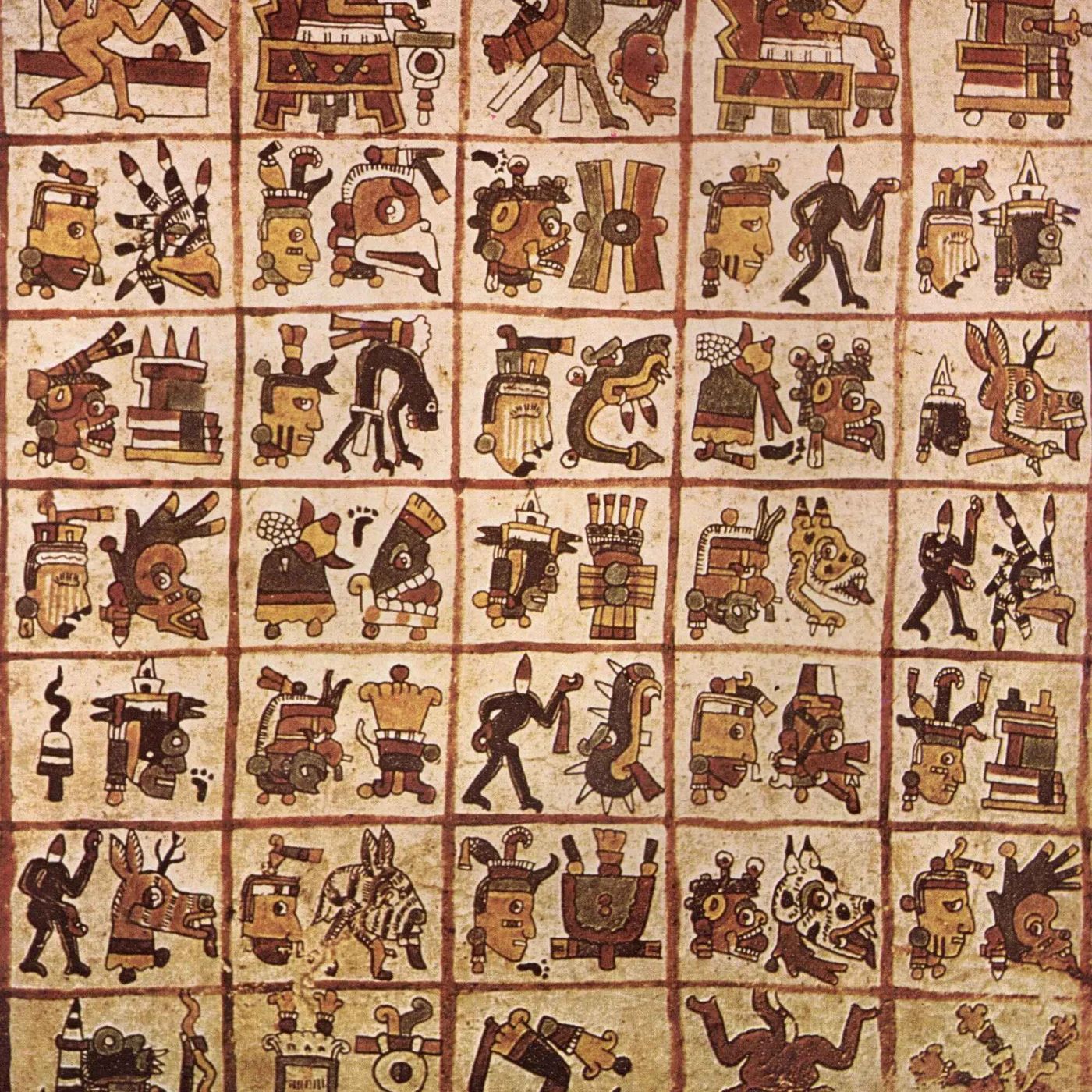
XIKOOVAProducción económica y aprovechamiento de los recursos naturales en el señorío mexicaLa historia del señorío mexica no puede entenderse sin observar la estrecha relación entre su entorno lacustre y su capacidad de adaptación. Desde su asentamiento en la isla de México-Tenochtitlan, los mexicas transformaron un paisaje hostil en un centro económico, político y cultural de gran importancia. En este artículo exploramos cómo los mexicas aprovecharon los recursos naturales disponibles y desarrollaron un complejo sistema de producción y comercio que les permitió sostener una de las ciudades más grandes del mundo premoderno.Ver el articulo completo aquí:https://www.x...
2025-08-0105 min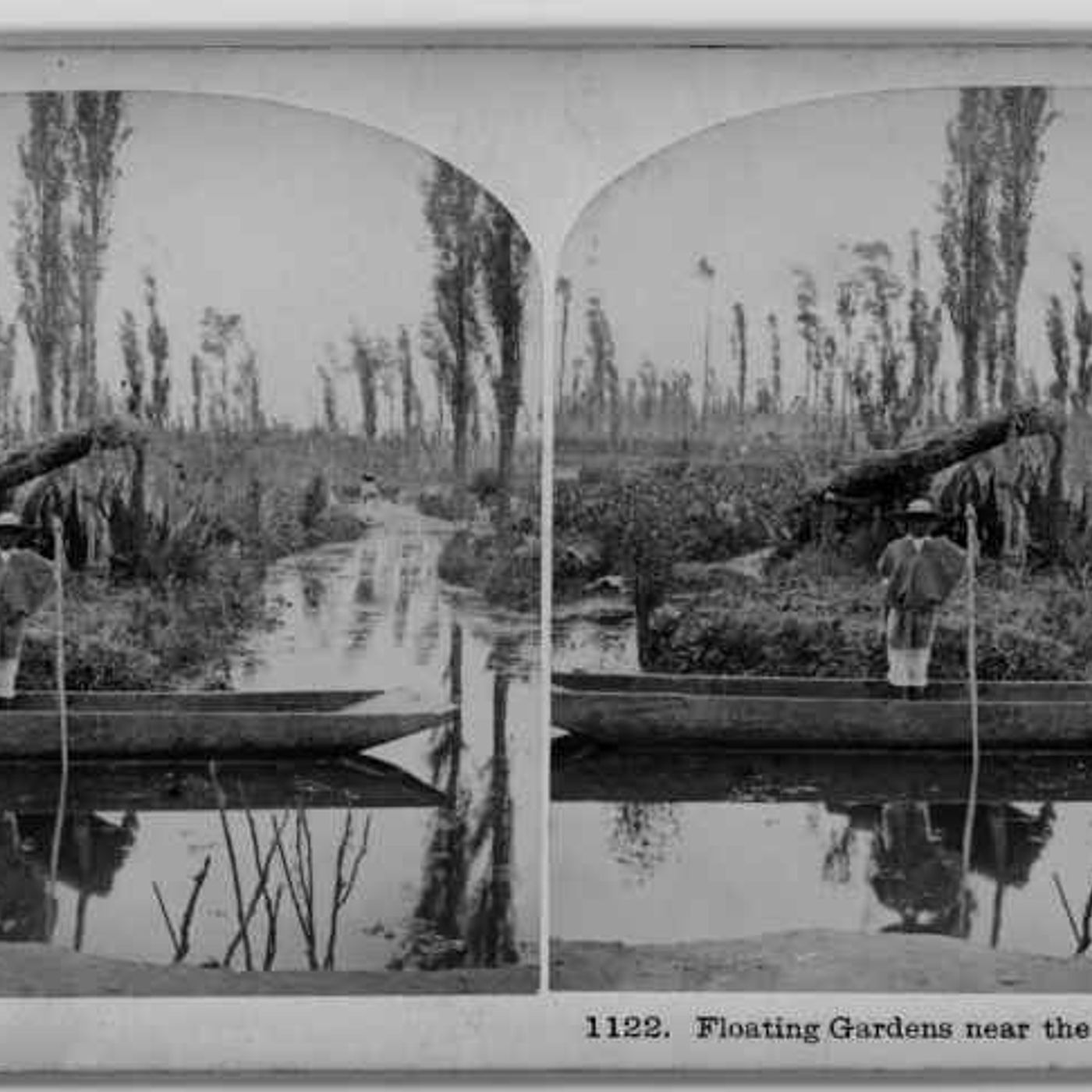
XIKOOVA EnglishMexica farming techniques and implements ingenuity without beasts or wheelsWithout pack animals or metal tools, the Mexica developed a highly efficient agricultural system. This article explores the use of huictli and chinampas as pillars of food production in Mexico-Tenochtitlan, highlighting their technical ingenuity and adaptation to the lake environment. See the complete article here:https://www.xikoova.com/en/mexica-farming-techniques-and-implements-ingenuity-without-beasts-or-wheels/
2025-08-0104 min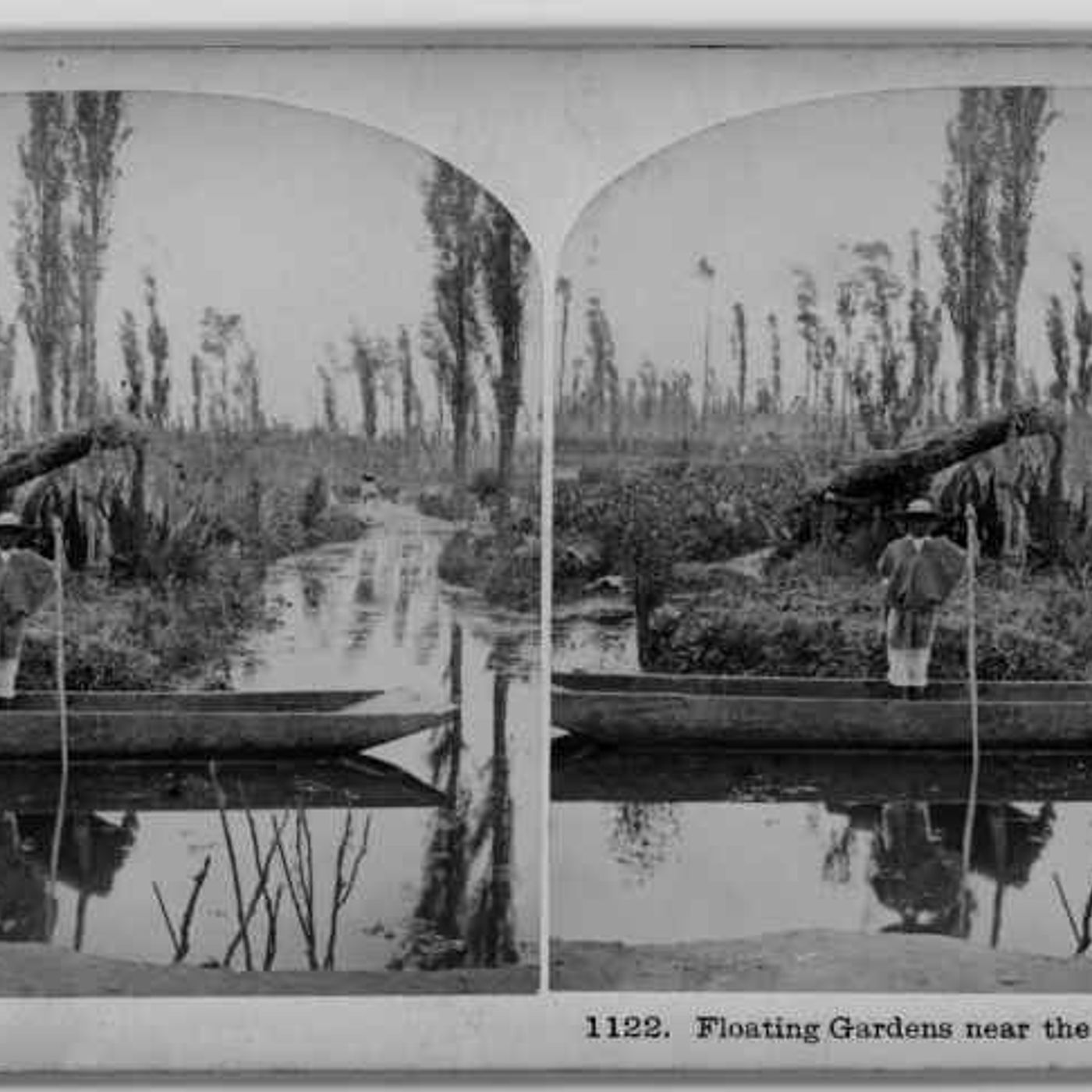
XIKOOVATécnicas e instrumentos de cultivo de los mexicas: ingenio sin bestias ni ruedasSin animales de carga ni herramientas metálicas, los mexicas desarrollaron un sistema agrícola altamente eficiente. Este artículo explora el uso del huictli y las chinampas como pilares de la producción alimentaria de México-Tenochtitlan, destacando su ingenio técnico y adaptación al entorno lacustre.Ver el articulo completo aquí:https://www.xikoova.com/cultivo-de-los-mexicas/
2025-08-0104 min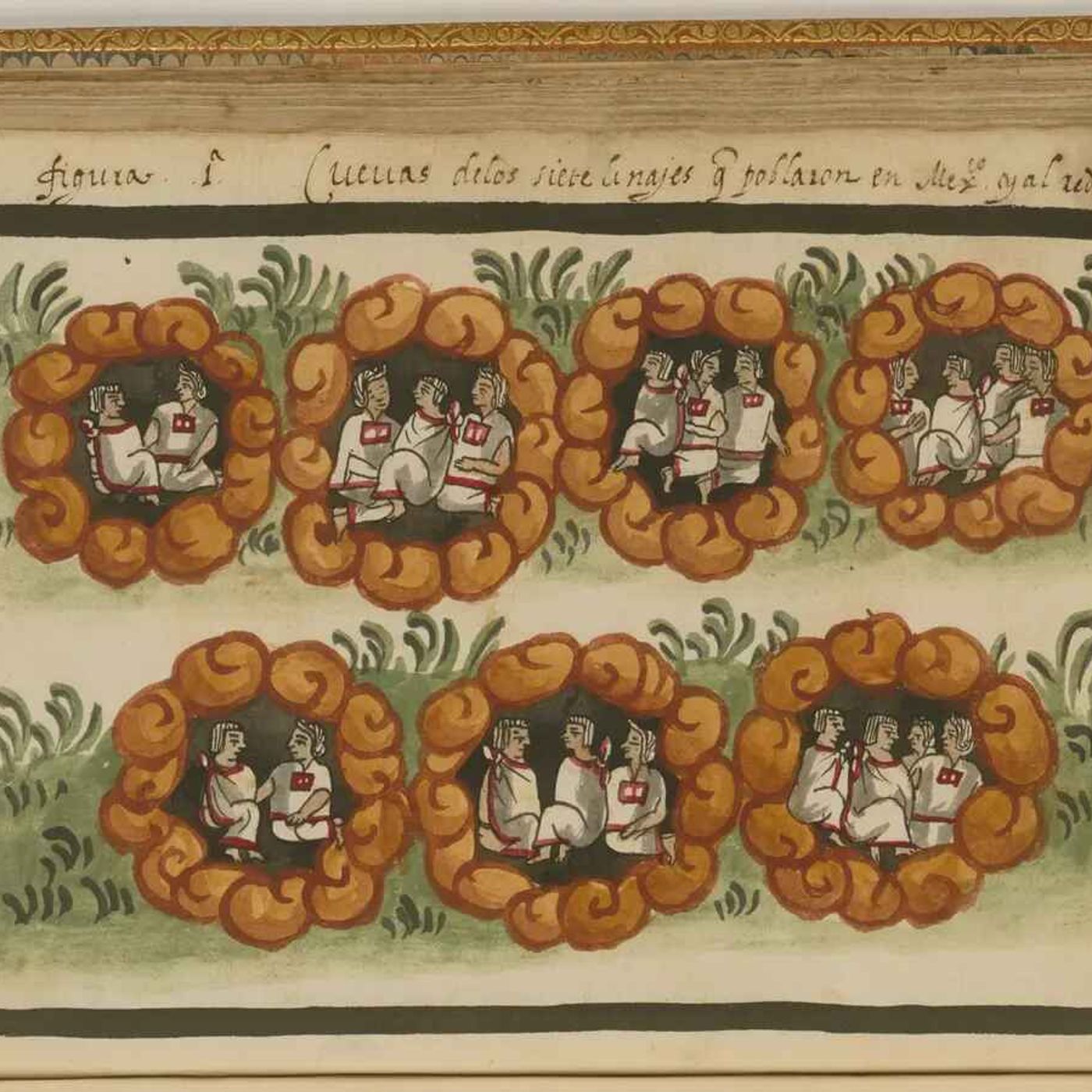
XIKOOVA EnglishMexican forces and relations of productionFrom their origins on an island with limited resources, the Mexica developed an economic system based on trade, adaptation to the environment and strategic expansion. This article explores how their production relations strengthened their political power and laid the foundations for one of the most influential lordships of the Postclassic period. See the complete article here:https://www.xikoova.com/en/mexican-forces-and-relations-of-production/
2025-08-0103 min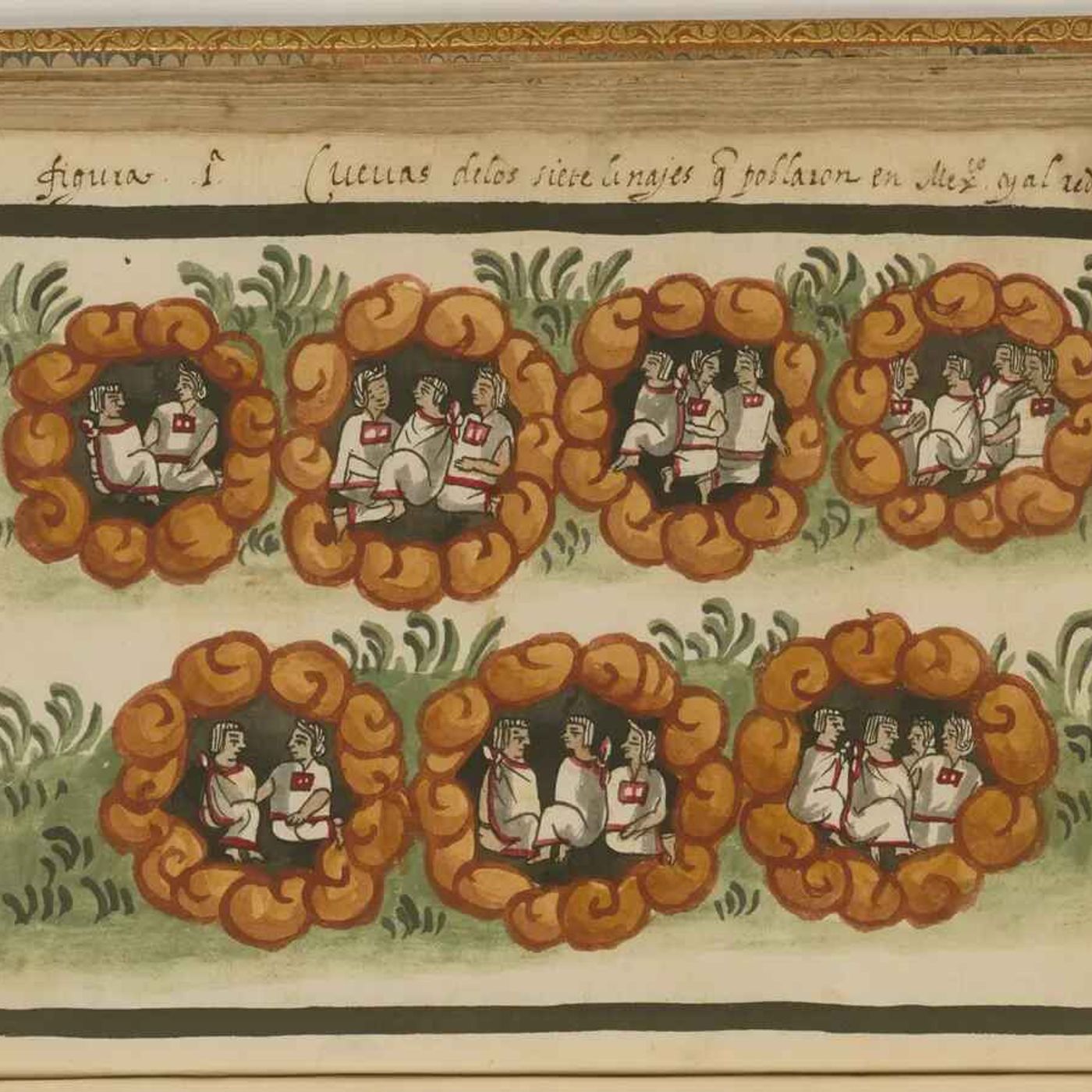
XIKOOVAFuerzas y relaciones mexicas de producciónDesde sus orígenes en una isla con recursos limitados, los mexicas desarrollaron un sistema económico basado en el comercio, la adaptación al entorno y la expansión estratégica. Este artículo explora cómo sus relaciones de producción fortalecieron su poder político y sentaron las bases de uno de los señoríos más influyentes del periodo posclásico.Ver el articulo completo aquí:https://www.xikoova.com/fuerzas-y-relaciones-mexicas-de-produccion/
2025-08-0103 min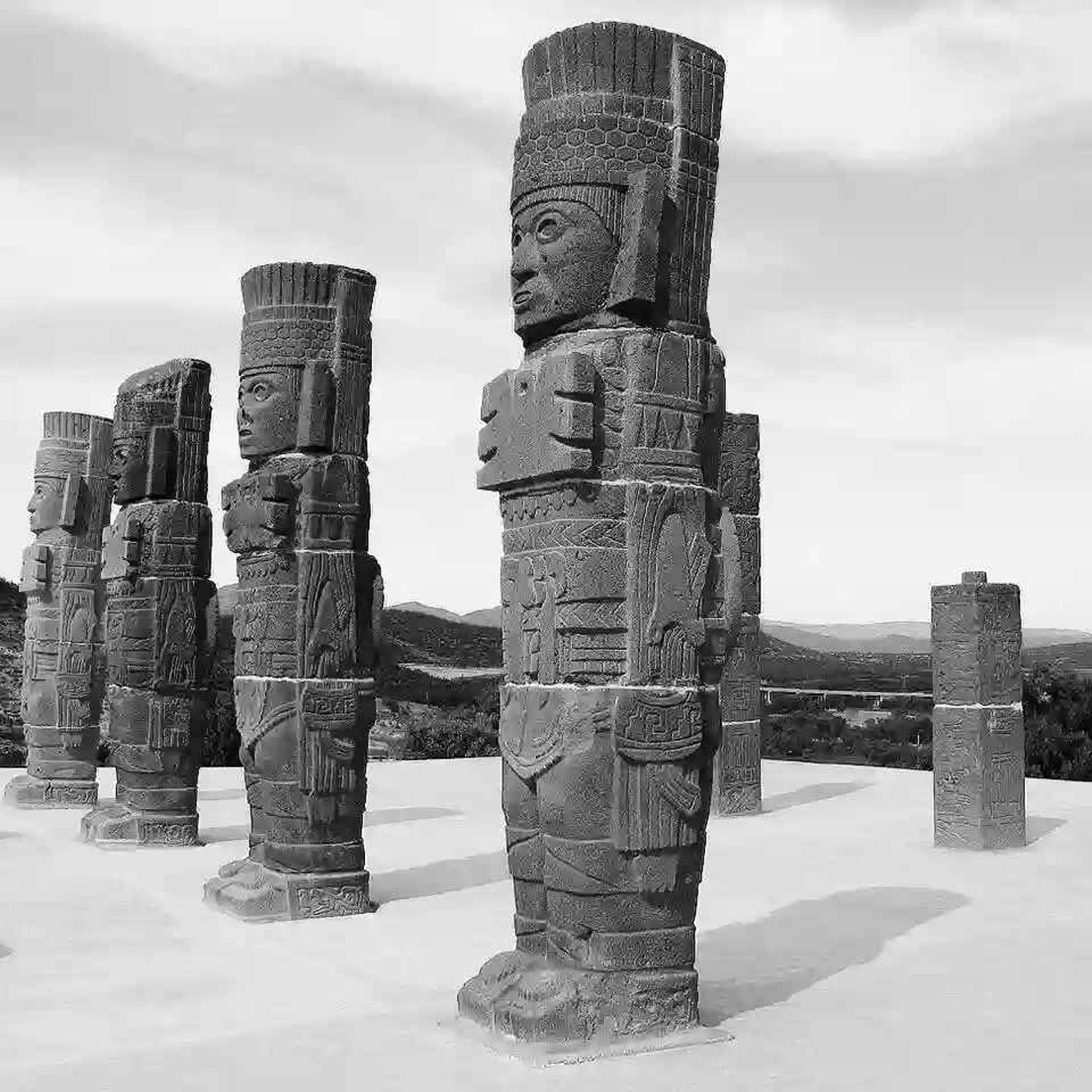
XIKOOVA EnglishMain groups and civilizations that shaped the Mesoamerican Postclassic periodThe Mesoamerican Postclassic was a period of intense mobility, where multiple peoples led processes of cultural and political reorganization. From the foundation of Tula to the league of Mayapán and the rise of lordships such as Cholula or Azcapotzalco, this stage was key to understanding the diversity and dynamism of Mesoamerica before the establishment of the viceroyalty. See the complete article here:https://www.xikoova.com/en/main-groups-and-civilizations-that-shaped-the-mesoamerican-postclassic-period/
2025-08-0105 min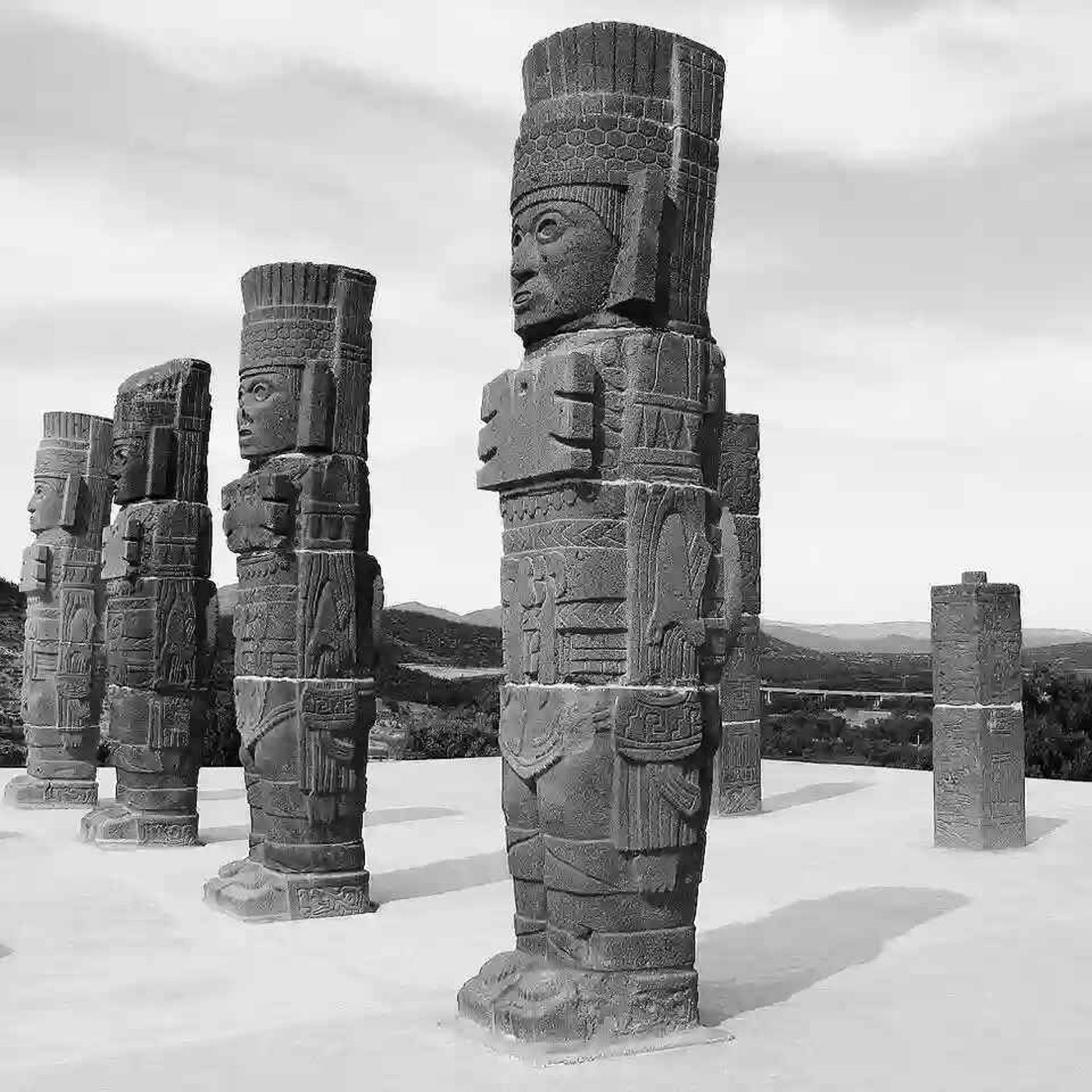
XIKOOVAPrincipales grupos y civilizaciones que dieron forma al posclásico mesoamericanoEl posclásico mesoamericano fue una etapa de intensa movilidad, donde múltiples pueblos protagonizaron procesos de reorganización cultural y política. Desde la fundación de Tula hasta la liga de Mayapán y el ascenso de señoríos como Cholula o Azcapotzalco, esta etapa fue clave para entender la diversidad y dinamismo de Mesoamérica antes del establecimiento del virreinato.Ver el articulo completo aquí:https://www.xikoova.com/principales-grupos-civilizaciones-posclasico-mesoamericano/
2025-08-0104 min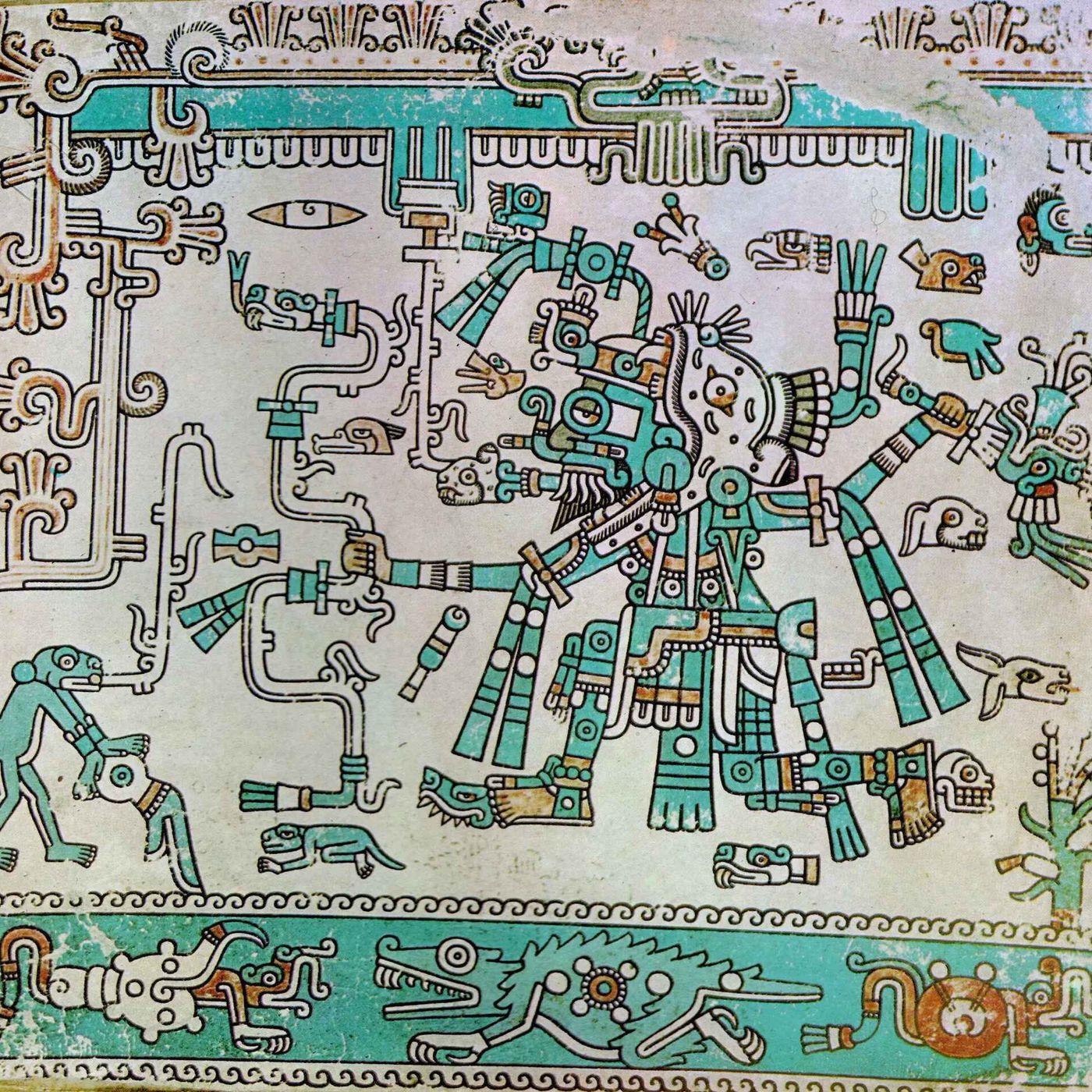
XIKOOVA EnglishArchaeology and written testimonies the double bridge to the Mesoamerican pastThe history of pre-Hispanic Mexico is not only written from the ruins. The codices, texts in indigenous languages and colonial chronicles, combined with archaeological discoveries, allow us to reconstruct in depth the spiritual, political and cultural life of the Mesoamerican post-classic period. See the complete article here:https://www.xikoova.com/en/archaeology-and-written-testimonies-the-double-bridge-to-the-mesoamerican-past/
2025-08-0102 min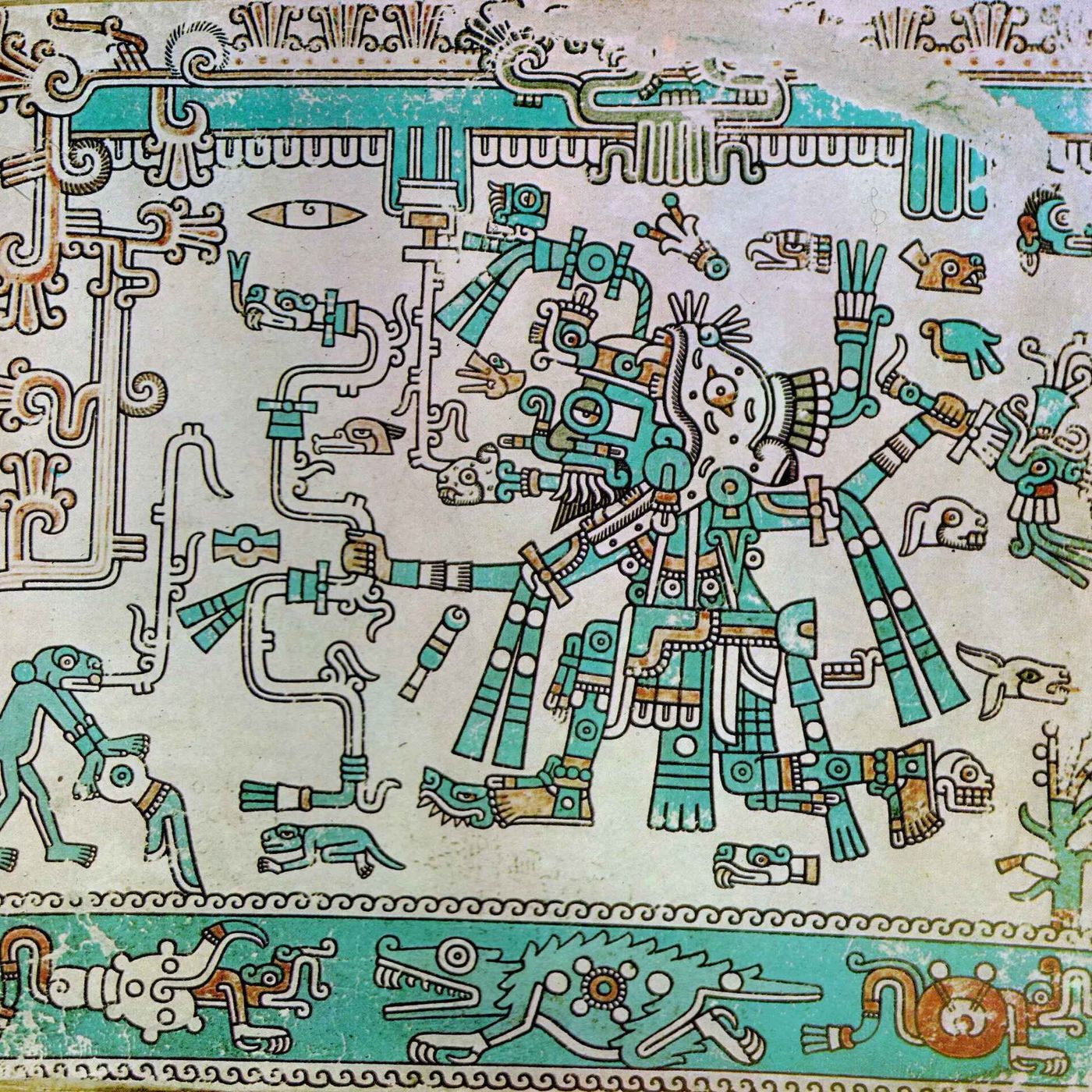
XIKOOVAArqueología y testimonios escritos el doble puente hacia el pasado mesoamericanoLa historia del México prehispánico no solo se escribe desde las ruinas. Los códices, textos en lenguas indígenas y crónicas coloniales, combinados con los descubrimientos arqueológicos, nos permiten reconstruir con profundidad la vida espiritual, política y cultural del período posclásico mesoamericano.Ver el articulo completo aquí:https://www.xikoova.com/arqueologia-y-testimonios-escritos-del-pasado-mesoamericano/
2025-08-0104 min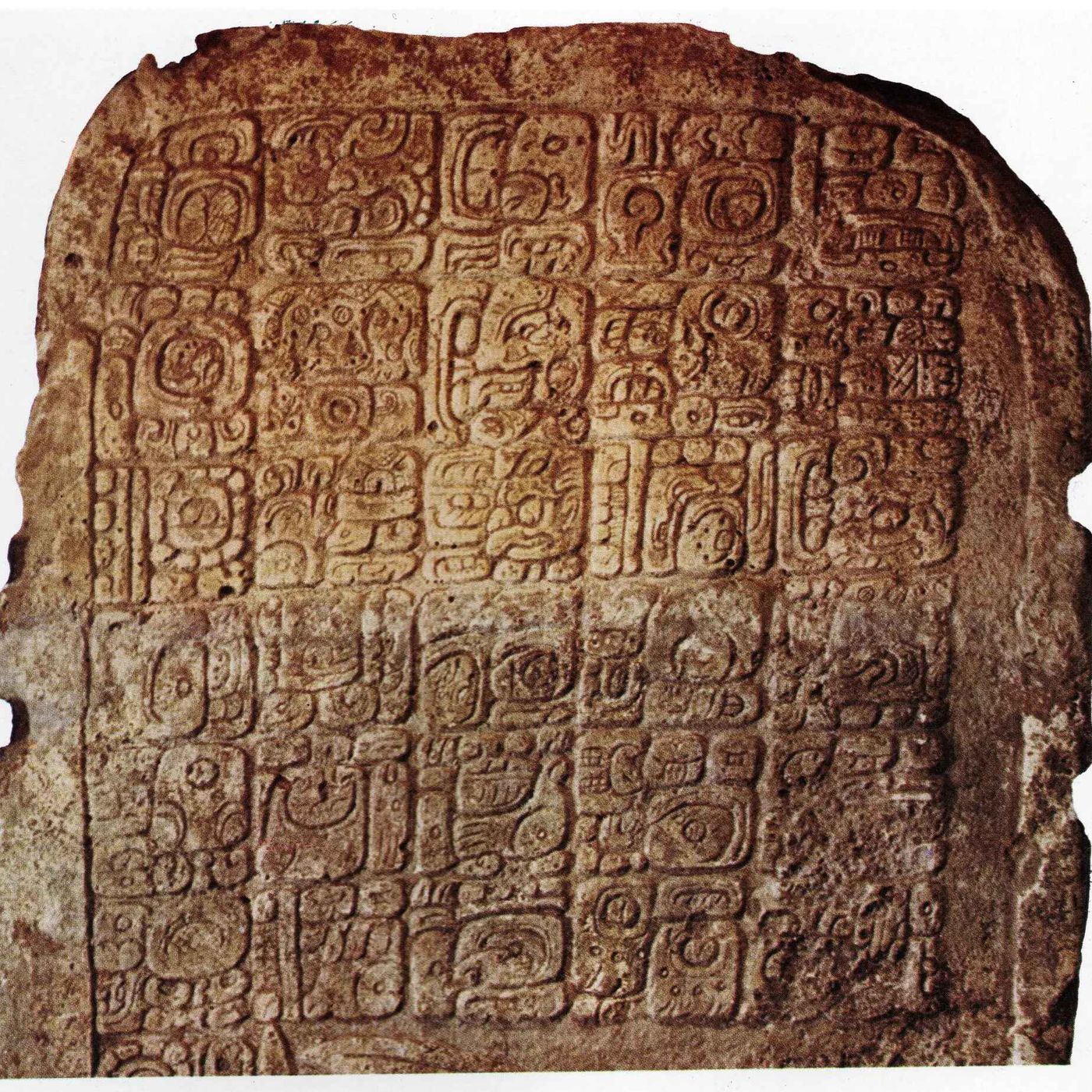
XIKOOVA EnglishWhy is the Postclassic period considered more historical? A look at the written testimonies of Mesoamerica.The Mesoamerican post-Classic period is often noted for its wealth of documentation, thanks to codices, chronicles and accounts that have survived to this day. However, it was not the only time with historical awareness: from the Olmecs to the Maya of the Classic period, they also left valuable records. In this article we explore why the Postclassic is considered more historical and how other periods also contributed to the written memory of Mesoamerica. See the complete article here:https://www.xikoova.com/en/why-is-the-postclassic-period-considered-more-historical-a-look-at-the-written-testimonies-of-mesoamerica/
2025-08-0103 min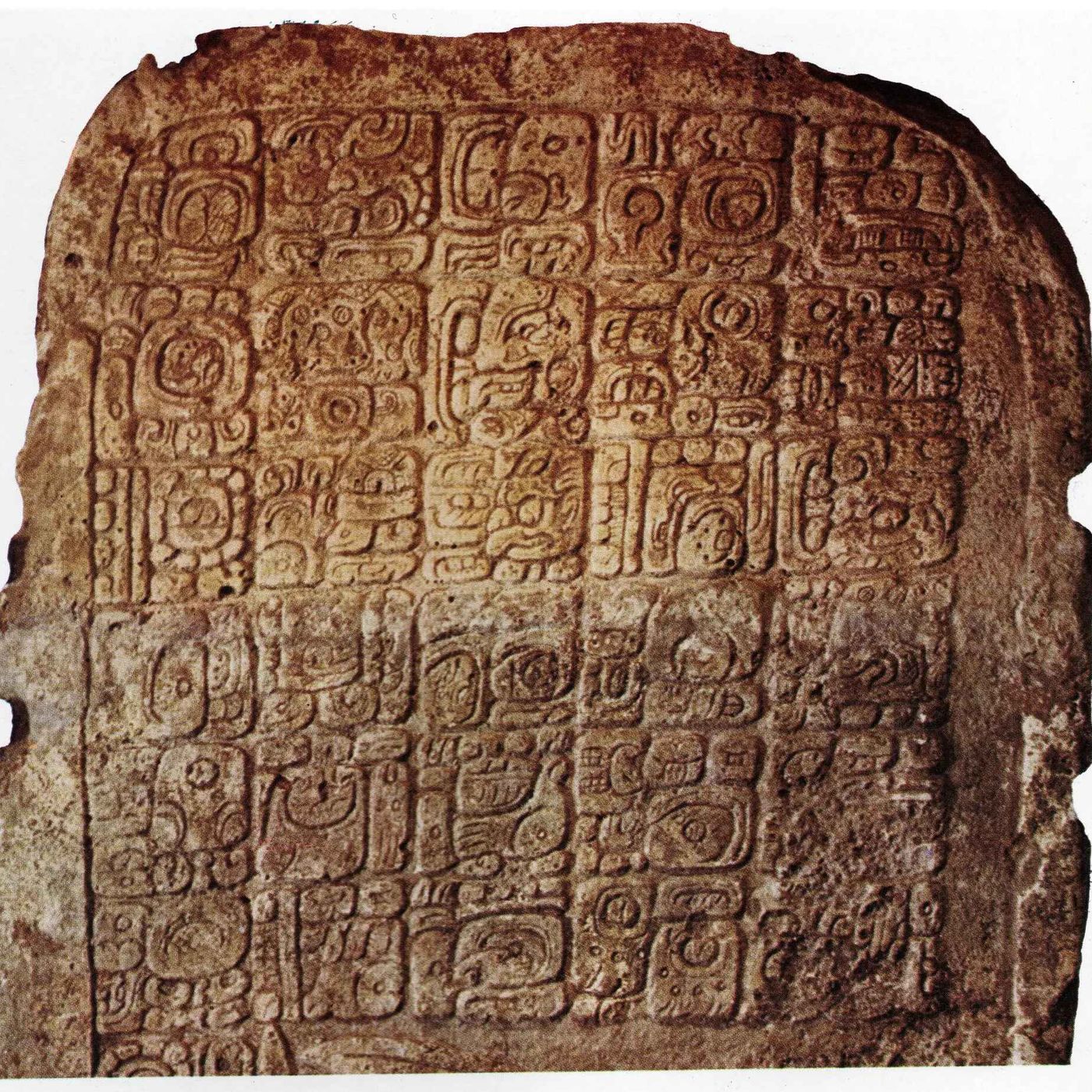
XIKOOVAPor qué el período posclásico se considera más histórico Una mirada a los testimonios escritos de MesoaméricaEl período posclásico mesoamericano suele destacarse por su riqueza documental, gracias a códices, crónicas y relatos que han sobrevivido hasta hoy. Sin embargo, no fue el único tiempo con conciencia histórica: desde los olmecas hasta los mayas del período clásico, también dejaron registros valiosos. En este artículo exploramos por qué el posclásico es considerado más histórico y cómo otros periodos también aportaron a la memoria escrita de Mesoamérica.Ver el articulo completo aquí:https://www.xikoova.com/el-periodo-posclasico-se-considera-mas-historico/
2025-08-0103 min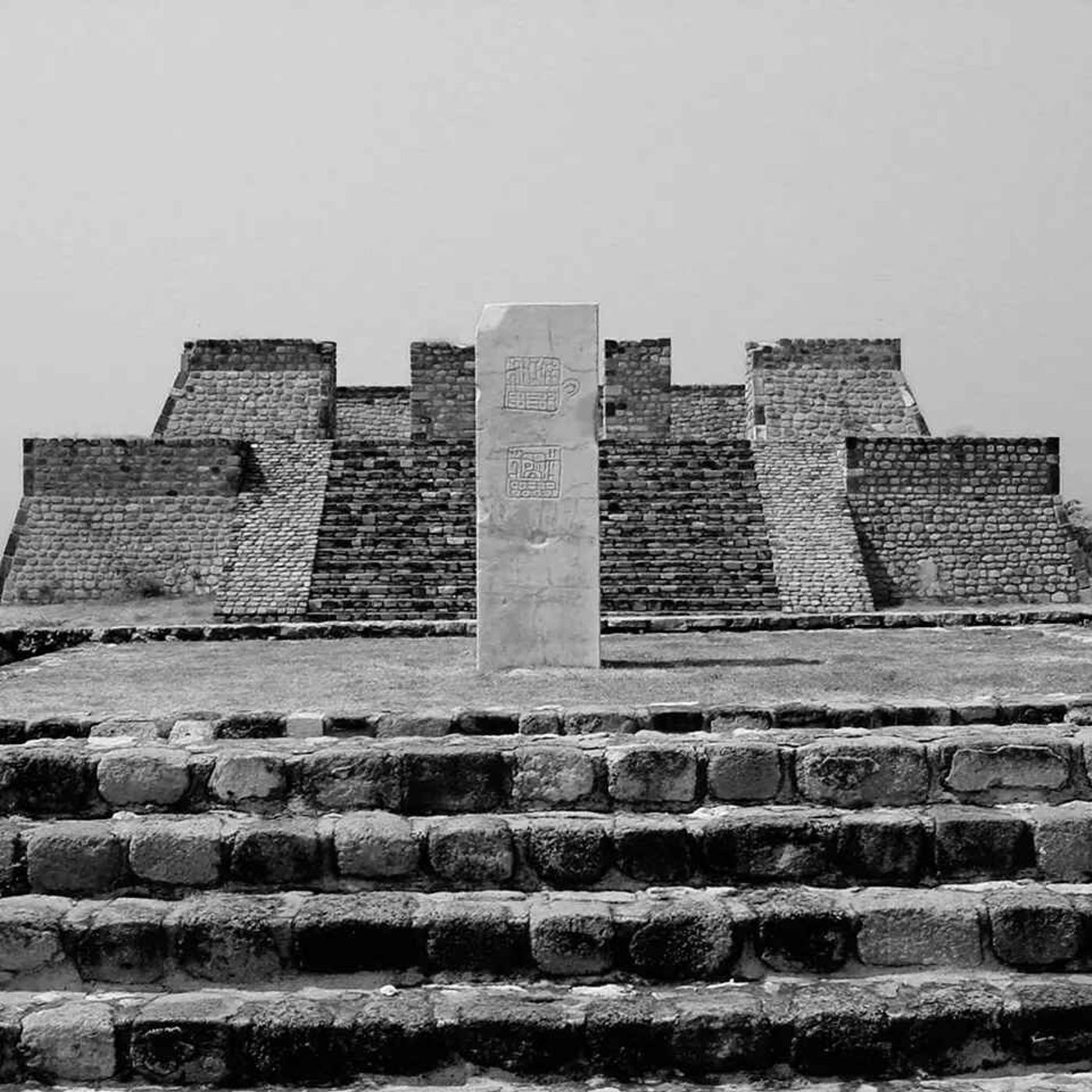
XIKOOVA EnglishThe language of ceramics at Teotihuacan and Xochicalco: what the fragments of the past reveal to usPottery is much more than just fragments of clay: it is a window into the Mesoamerican past. This article explores how finds at Xochicalco reveal connections with Teotihuacán and other cultures, showing that this site was a key point of encounter, science and art between the 6th and 10th centuries AD. See the complete article here:https://www.xikoova.com/en/the-language-of-ceramics-at-teotihuacan-and-xochicalco-what-the-fragments-of-the-past-reveal-to-us/
2025-08-0104 min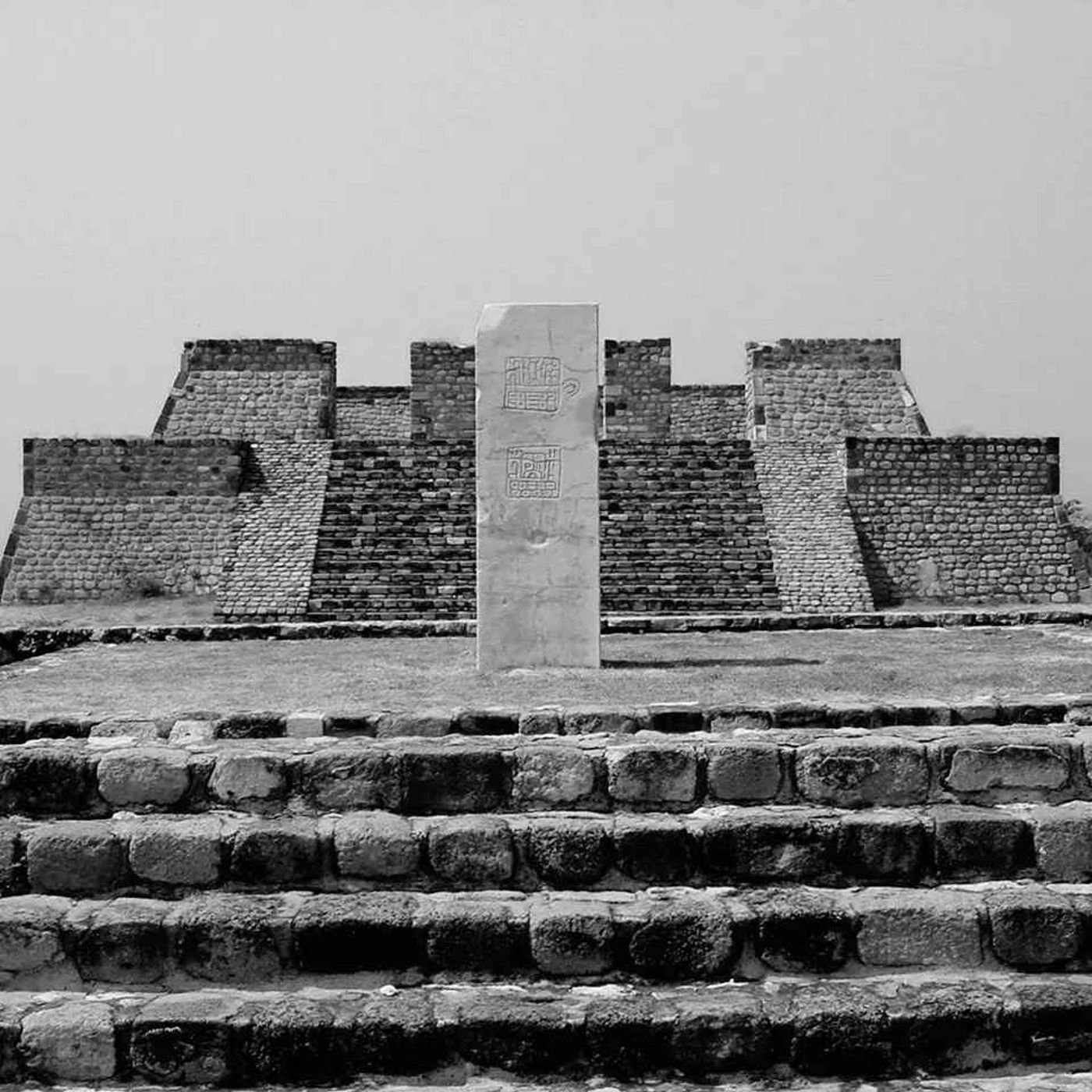
XIKOOVAEl lenguaje de la cerámica en Teotihuacán y Xochicalco: lo que nos revelan los fragmentos del pasadoLa cerámica es mucho más que simples fragmentos de barro: es una ventana al pasado mesoamericano. Este artículo explora cómo los hallazgos en Xochicalco revelan conexiones con Teotihuacán y otras culturas, mostrando que este sitio fue un punto clave de encuentro, ciencia y arte entre los siglos VI y X d.C.See the complete article here:https://www.xikoova.com/la-ceramica-en-teotihuacan-y-xochicalco/
2025-08-0104 min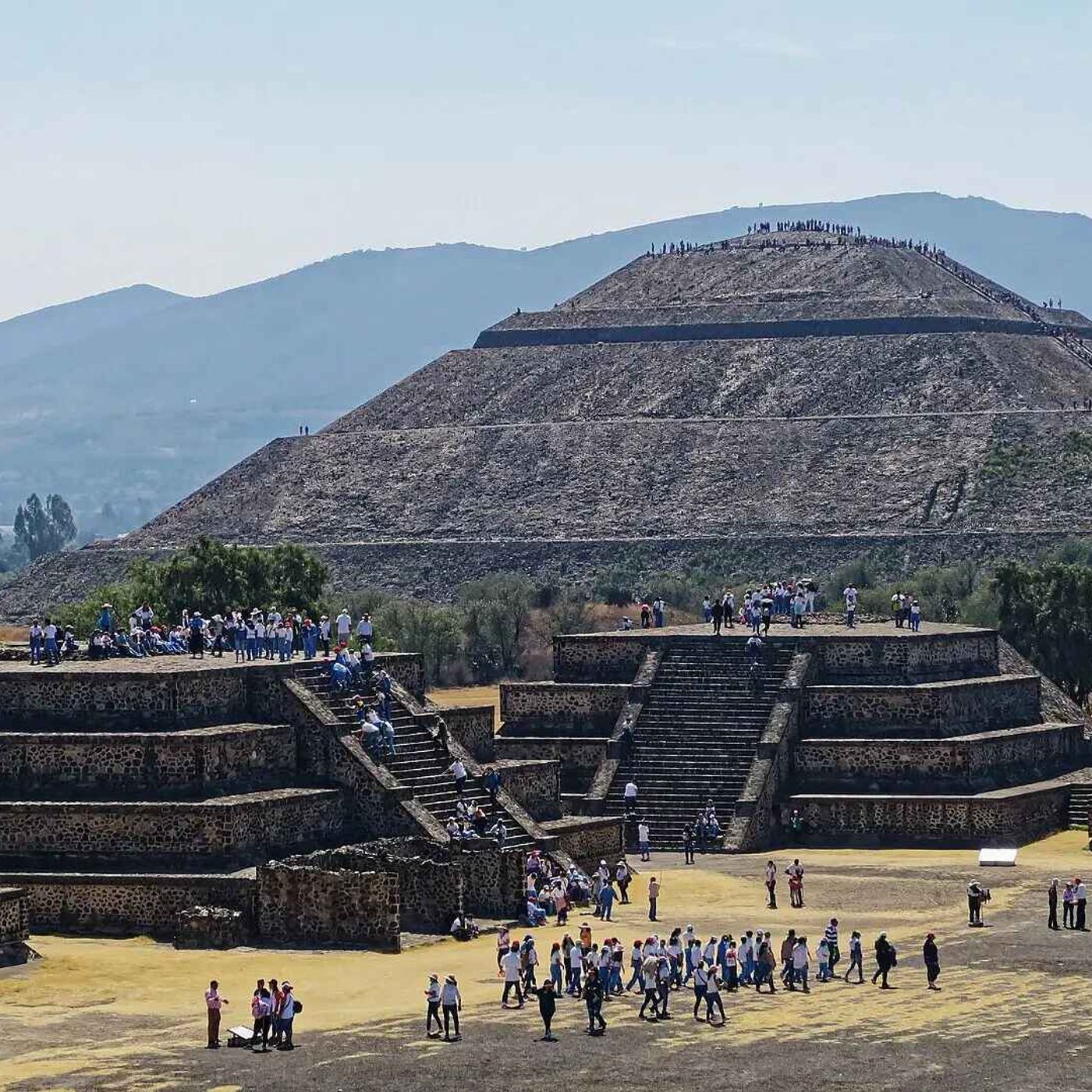
XIKOOVA EnglishDiscovering Teotihuacan: Calendars, Glyphs and Funerary RitualsTeotihuacan, located near present-day Mexico City, was one of the most impressive and enigmatic cities of pre-Hispanic Mexico. Known worldwide for its majestic pyramids of the Sun and the Moon, this ancient Mesoamerican metropolis was also a key center for cultural, astronomical and ceremonial development.See the complete article here:https://www.xikoova.com/en/discovering-teotihuacan-calendars-glyphs-and-funerary-rituals/
2025-08-0104 min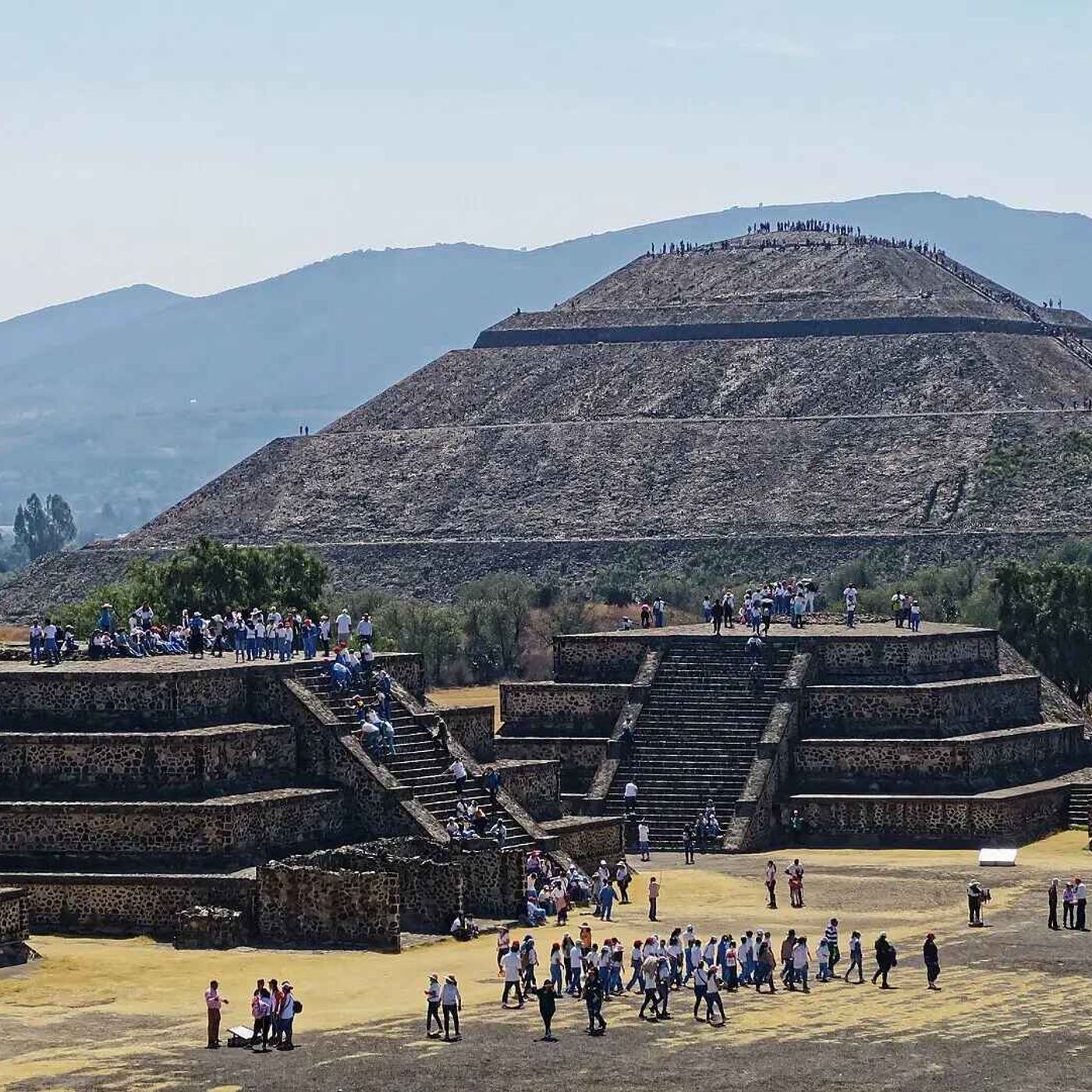
XIKOOVADescubriendo Teotihuacán Calendarios, Glifos y Rituales FunerariosTeotihuacán, ubicada cerca de la actual Ciudad de México, fue una de las ciudades más impresionantes y enigmáticas del México prehispánico. Conocida mundialmente por sus majestuosas pirámides del Sol y la Luna, esta antigua metrópoli mesoamericana fue también un centro clave para el desarrollo cultural, astronómico y ceremonial.Ver el articulo completo aquí:https://www.xikoova.com/teotihuacan-calendarios-glifos-rituales-funerarios/
2025-08-0103 min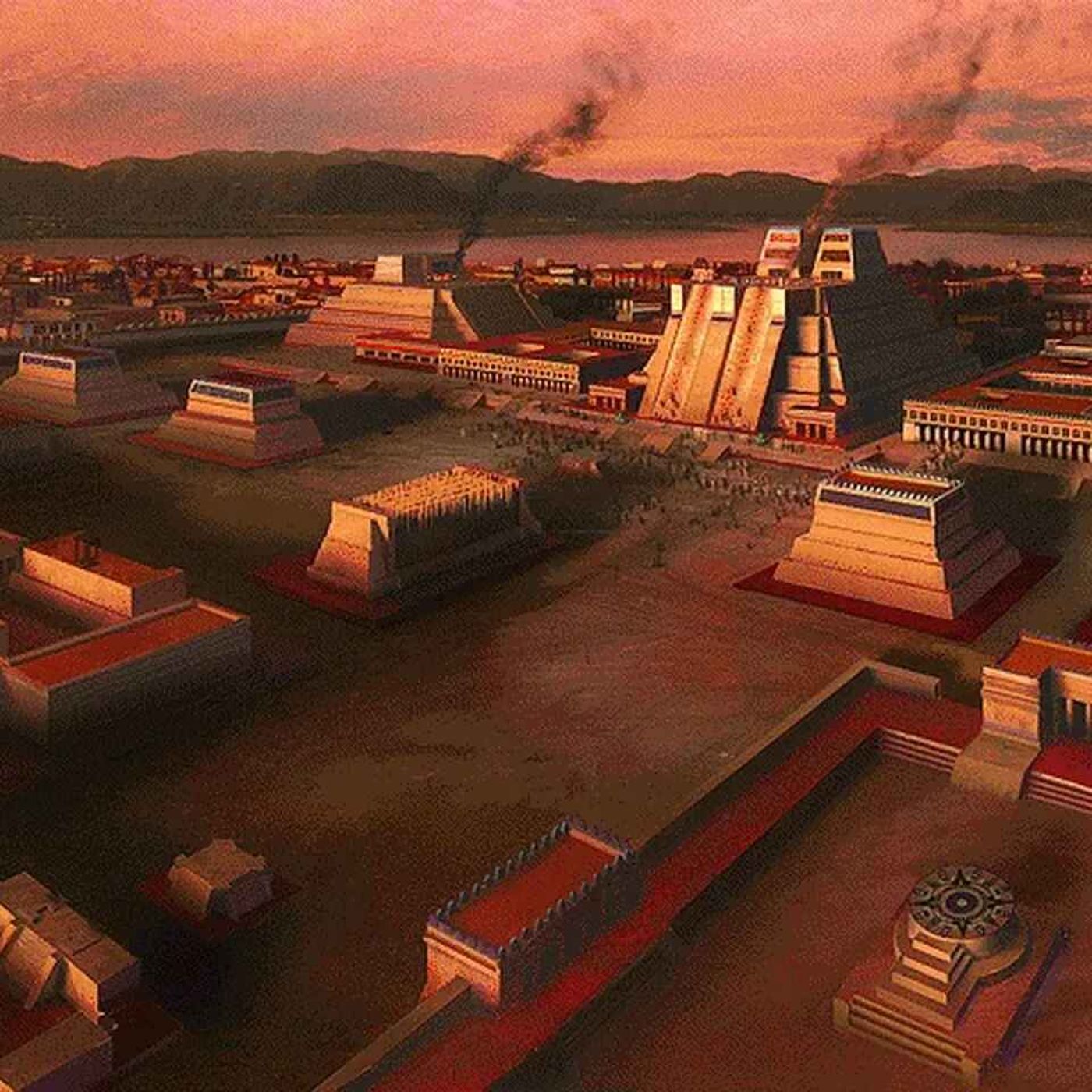
XIKOOVA EnglishWhat was the Postclassic Period in Mesoamerica? A new stage of changes and transformationsThe Mesoamerican Postclassic period marked a new stage after the collapse of the great Classic cities. It was a time of migrations, conflicts, political reorganization and the emergence of powerful states such as the Mexica. Far from being a dark period, it was an era of profound transformation and cultural expansion that prepared the ground for the great indigenous empires that Europeans would encounter centuries later. See the complete article here:https://www.xikoova.com/en/what-was-the-postclassic-period-in-mesoamerica-a-new-stage-of-changes-and-transformations/
2025-08-0105 min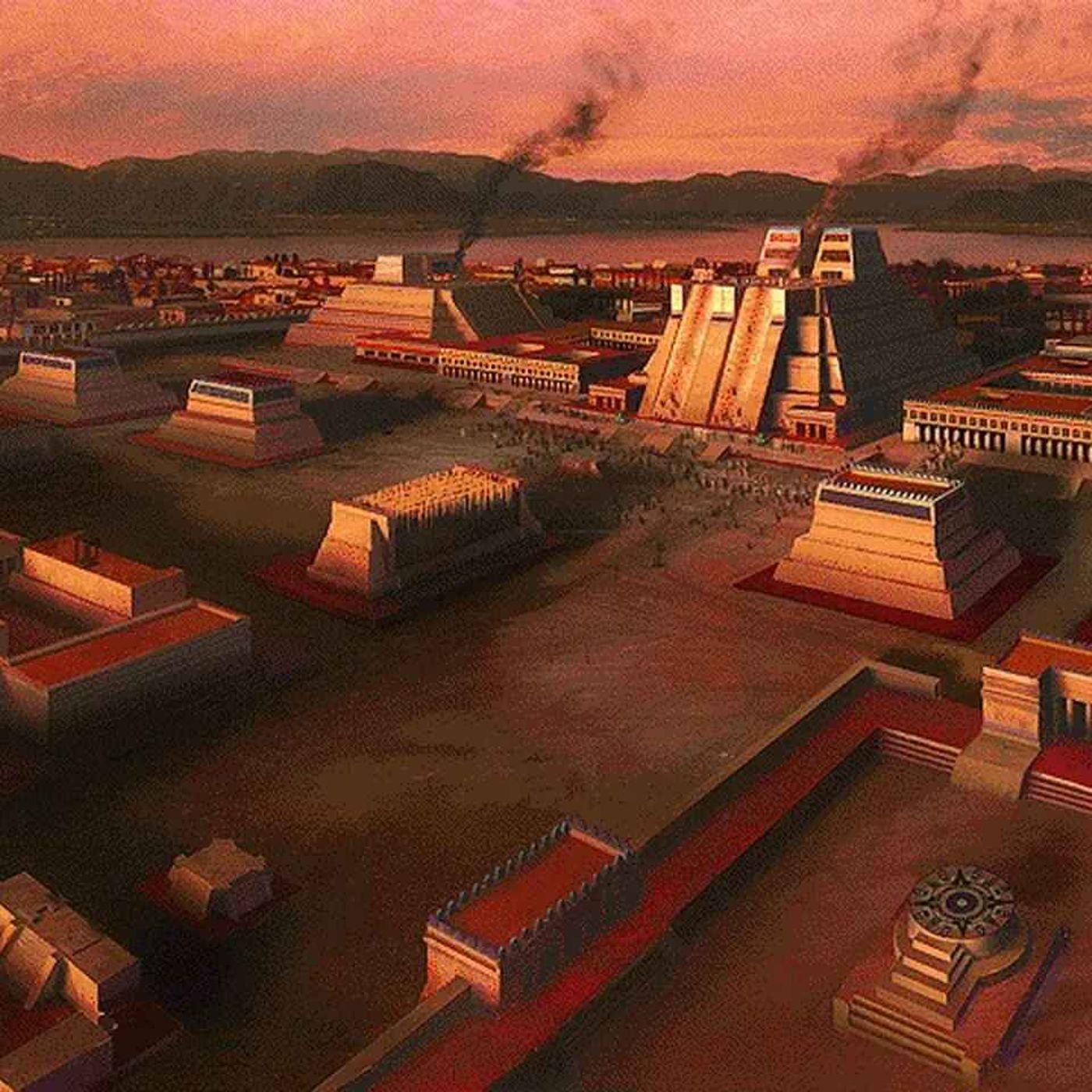
XIKOOVA¿Qué fue el Período Posclásico en Mesoamérica? Una nueva etapa de cambios y transformacionesEl período posclásico mesoamericano marcó una nueva etapa tras el colapso de las grandes ciudades del clásico. Fue un tiempo de migraciones, conflictos, reorganización política y surgimiento de poderosos estados como el de los mexicas. Lejos de ser una época oscura, fue una era de transformación profunda y expansión cultural que preparó el terreno para los grandes imperios indígenas que los europeos encontrarían siglos después.Ver el articulo completo aquí:https://www.xikoova.com/el-periodo-posclasico-en-mesoamerica/
2025-08-0104 min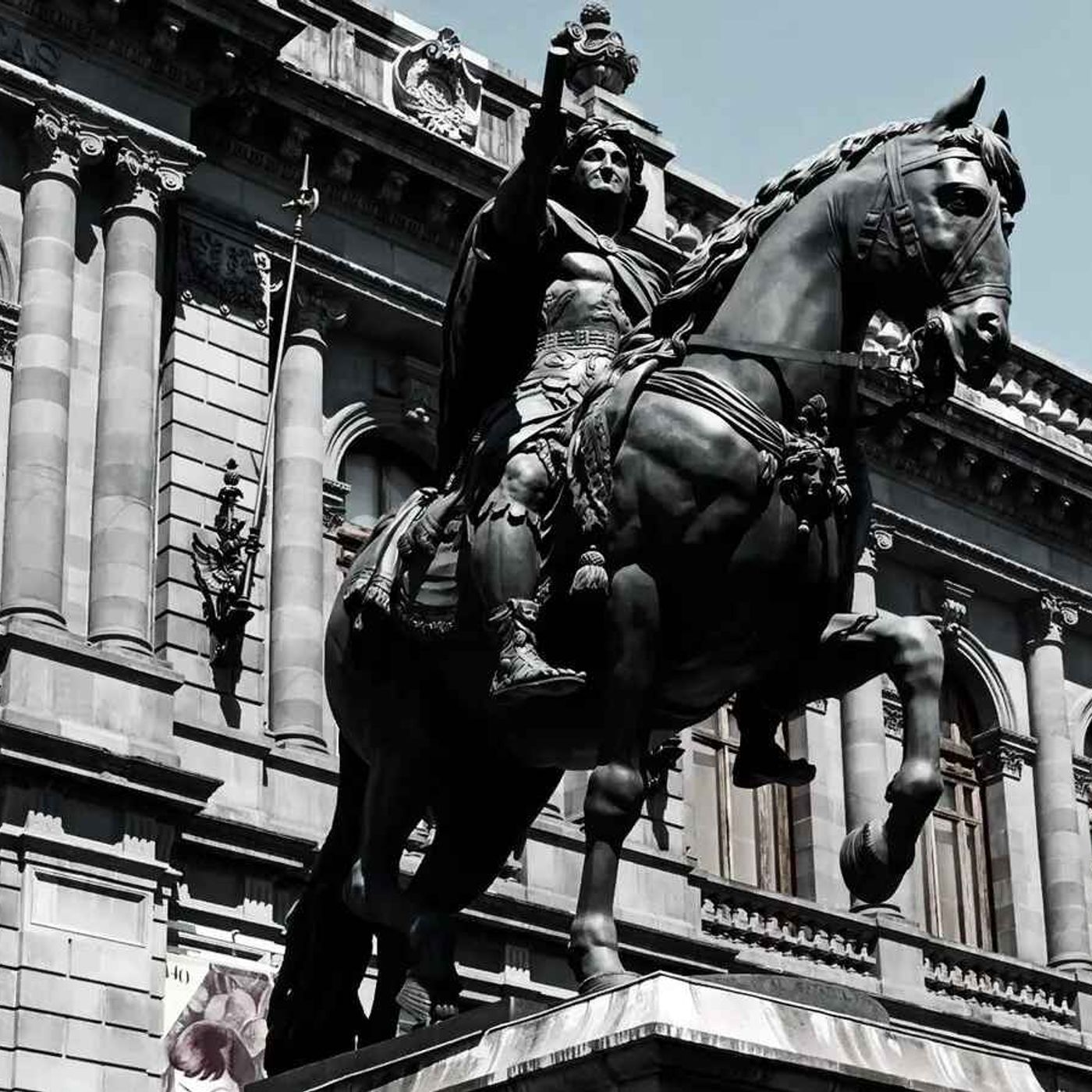
XIKOOVA EnglishManuel Tolsá the neoclassical architect who left his mark in MexicoManuel Tolsá is a visionary figure whose contribution was key to molding urban spaces under the precepts of the new era.See the complete article here:https://www.xikoova.com/en/manuel-tolsa-the-neoclassical-architect-who-left-his-mark-in-mexico/
2025-08-0104 min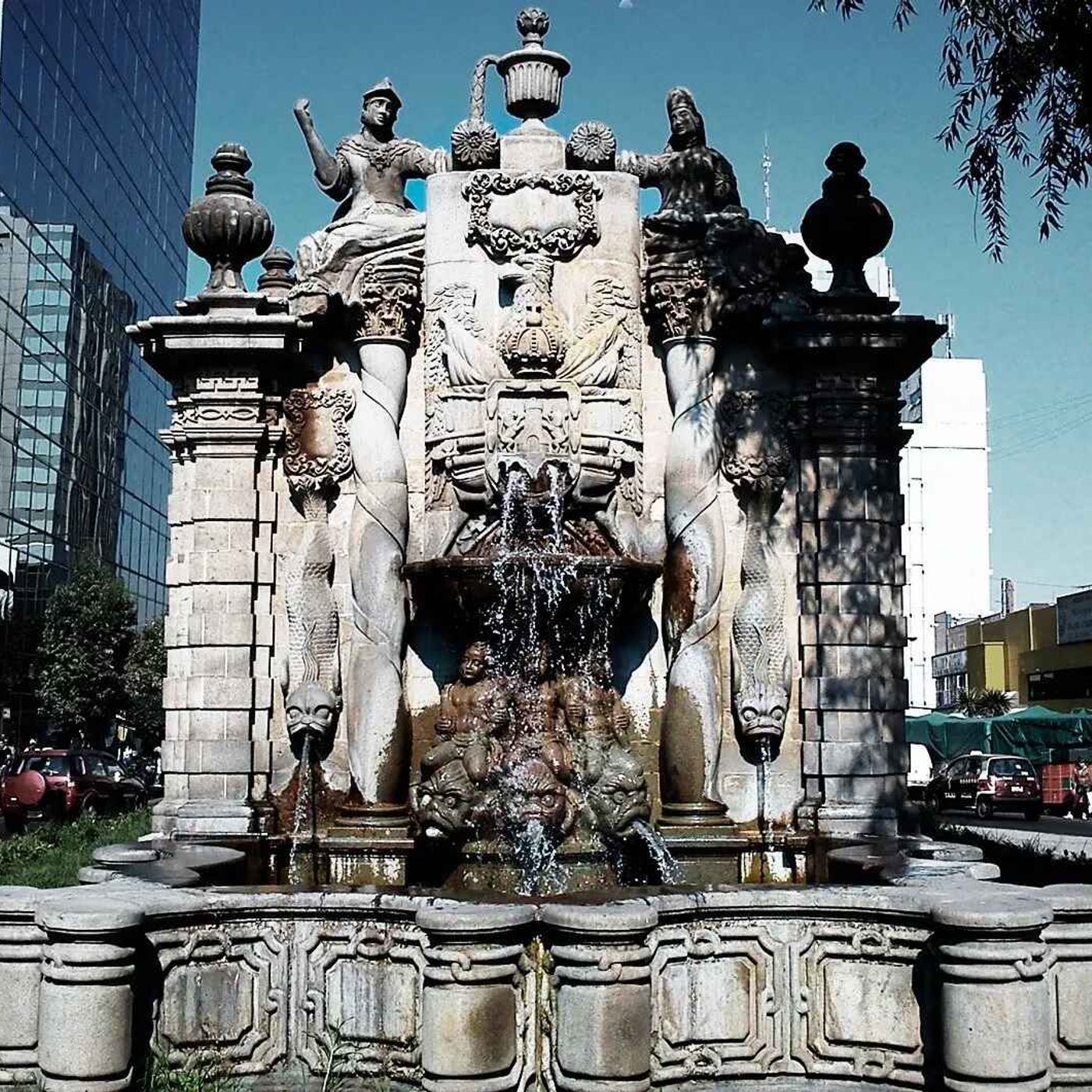
XIKOOVA EnglishMexico City the ancient city of waterIn the ancient region of the Anahuac Valley, life flowed in harmony with the numerous lakes, chinampas and irrigation ditches that crisscrossed the landscape.See the complete article here:https://www.xikoova.com/en/mexico-city-the-ancient-city-of-water/
2025-08-0117 min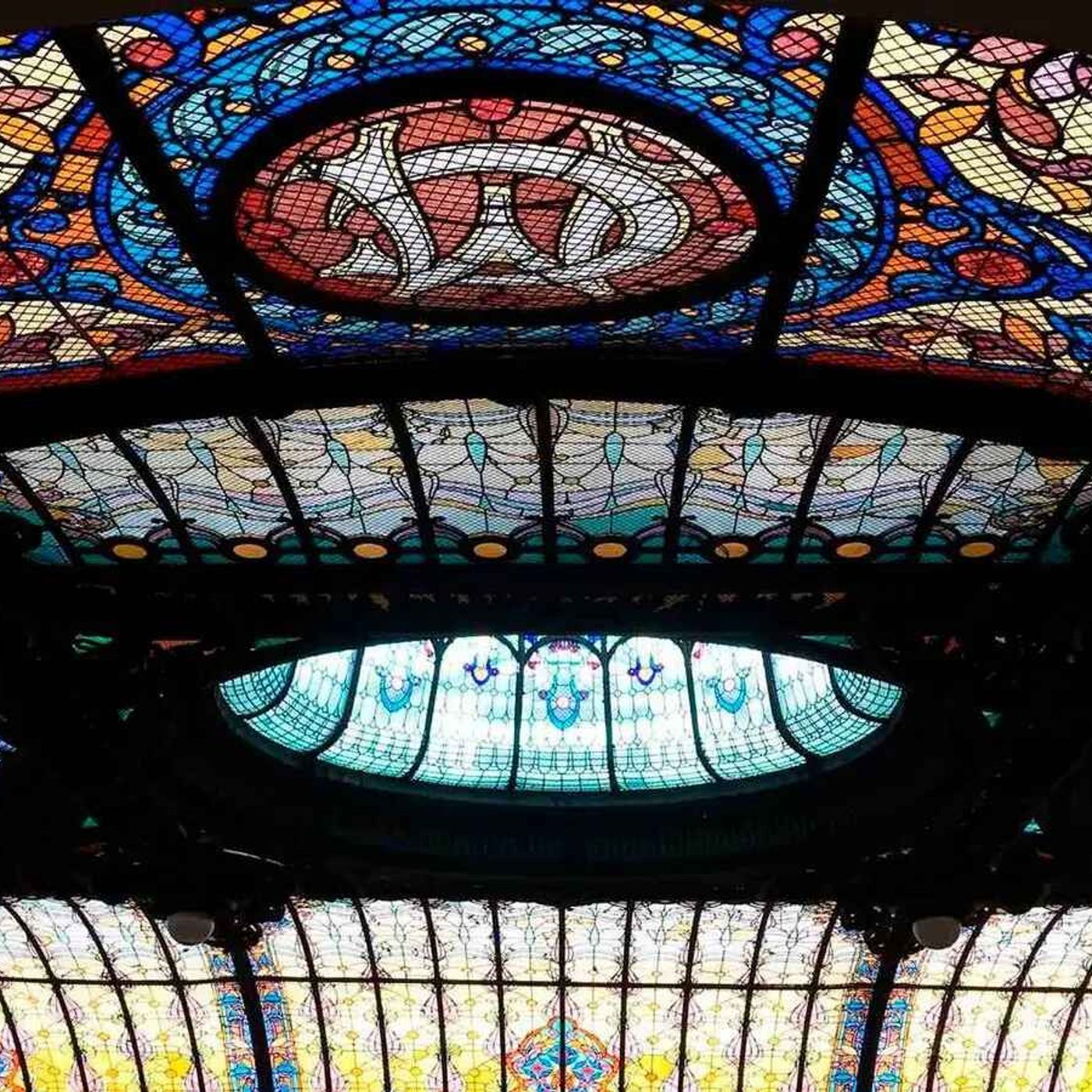
XIKOOVA EnglishFrench footprints in Mexico CityIn Mexico during the 19th century, French influences were evident in the country's capital, learn more about this period here. See the complete article here:https://www.xikoova.com/en/french-footprints-in-mexico-city/
2025-08-0108 min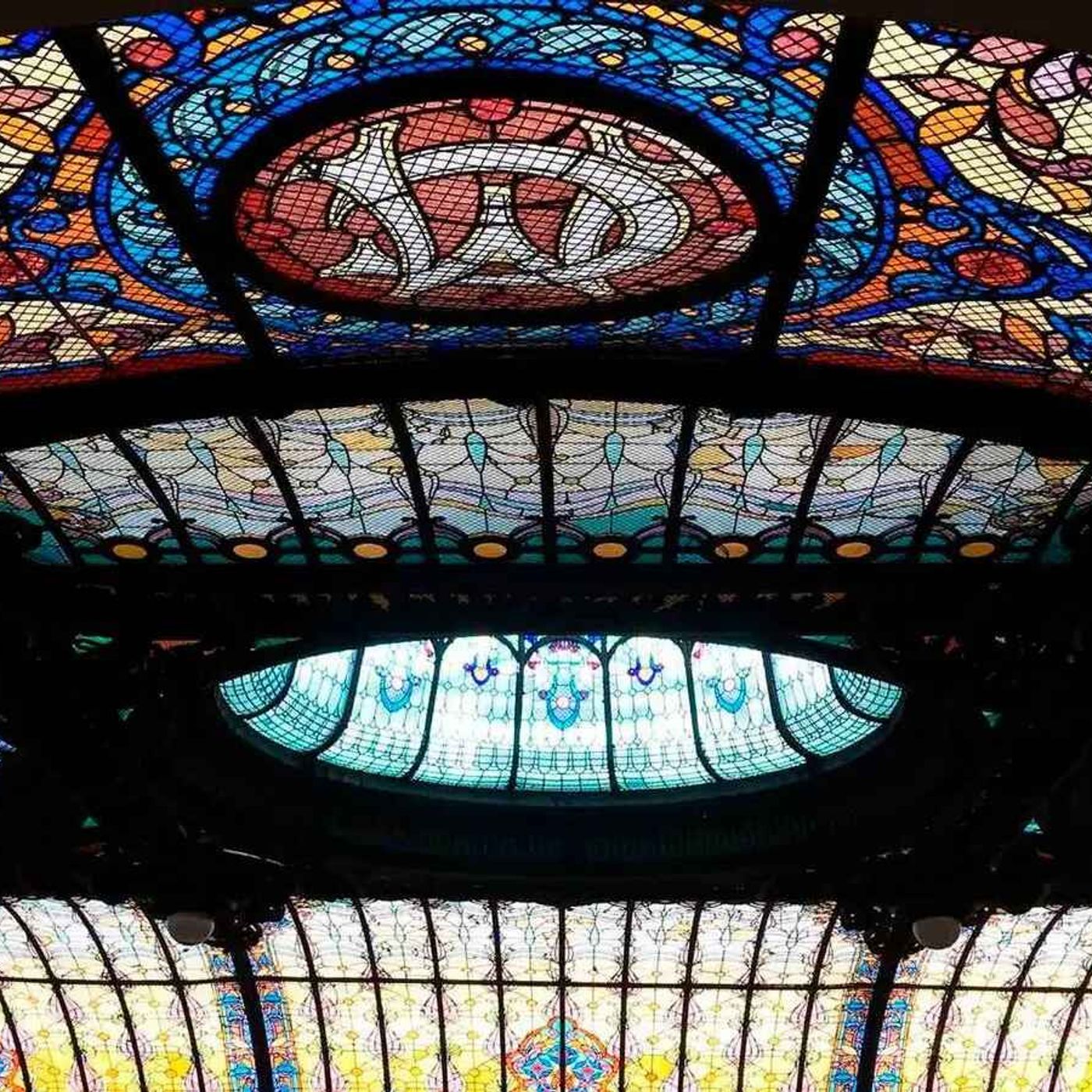
XIKOOVAHuellas francesas en la Ciudad de MéxicoEn México durante el siglo XIX, las influencias francesas se hicieron patentes en la capital del país, conoce aquí como fue este periodo. Ver el articulo completo aquí:https://www.xikoova.com/huellas-francesas-en-la-ciudad-de-mexico/
2025-08-0107 min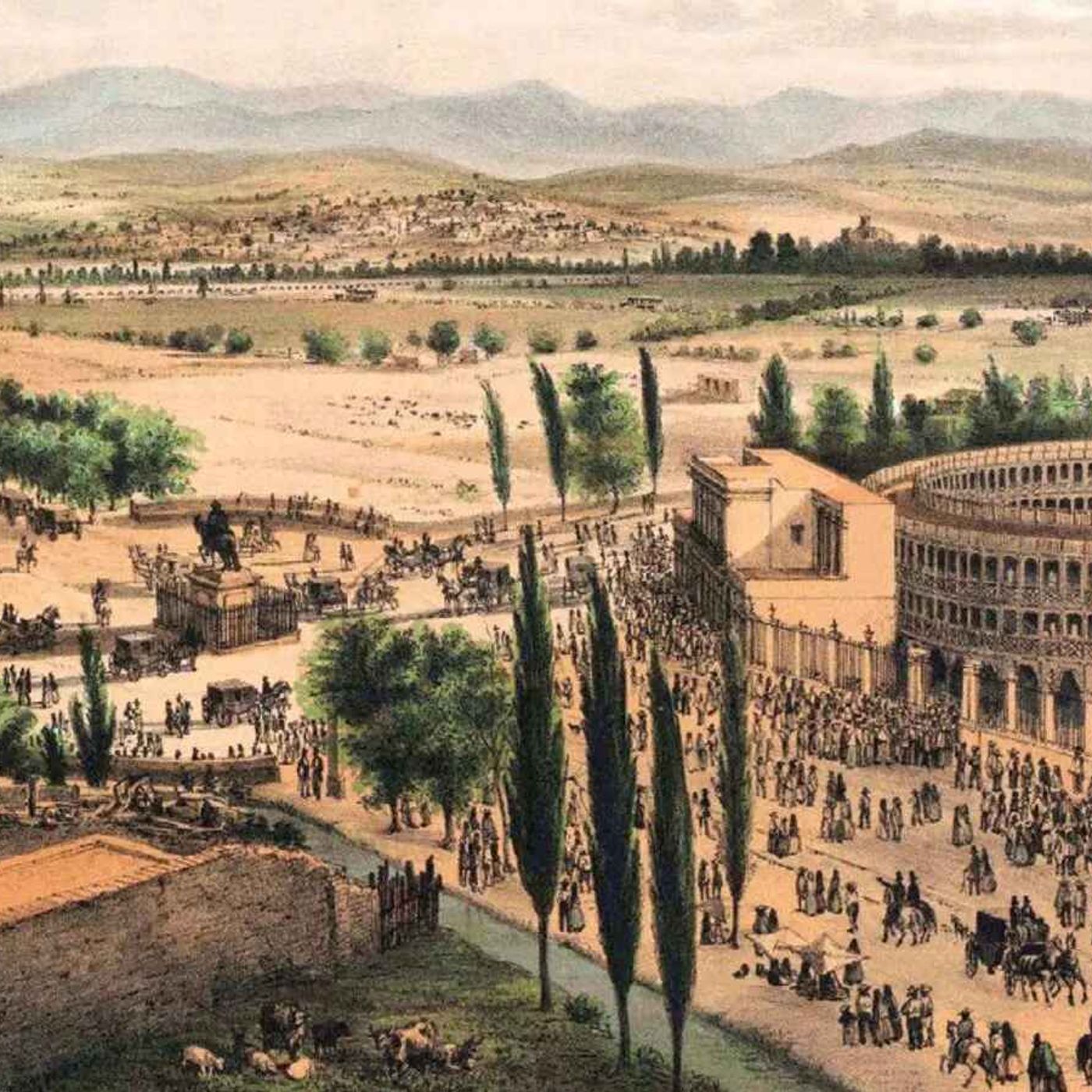
XIKOOVA EnglishDitches, canals and aqueducts of Mexico CityLearn about the most important irrigation ditches, canals and aqueducts that were part of Mexico City for a long time, in this detailed description. See the complete article here:https://www.xikoova.com/en/ditches-canals-and-aqueducts-of-mexico-city/
2025-08-0112 min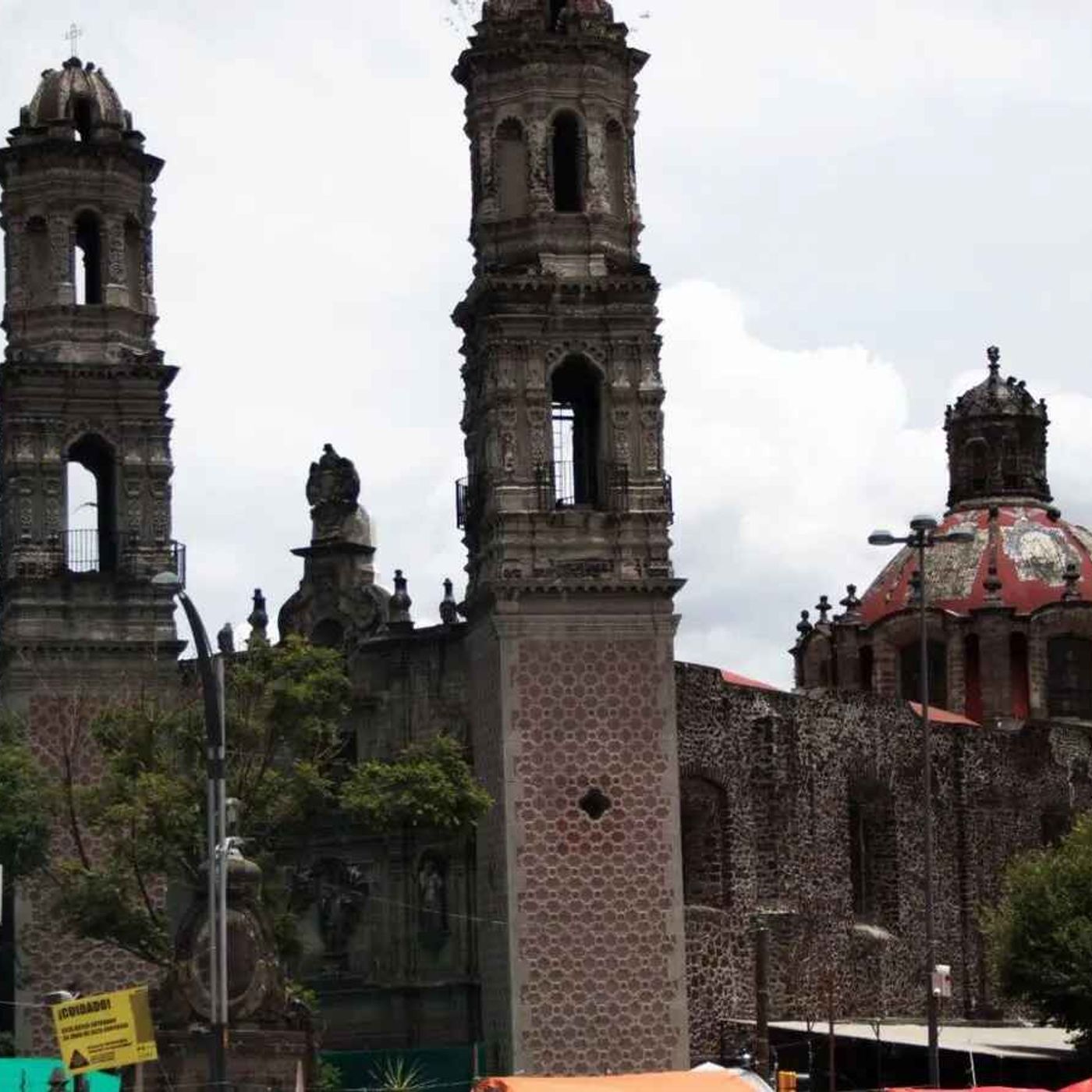
XIKOOVA EnglishTemple of St. HippolytusLearn here the history of the temple of San Hipolito, one of the oldest temples in Mexico City, which you should definitely know.See the complete article here:https://www.xikoova.com/en/temple-of-st-hippolytus/
2025-08-0106 min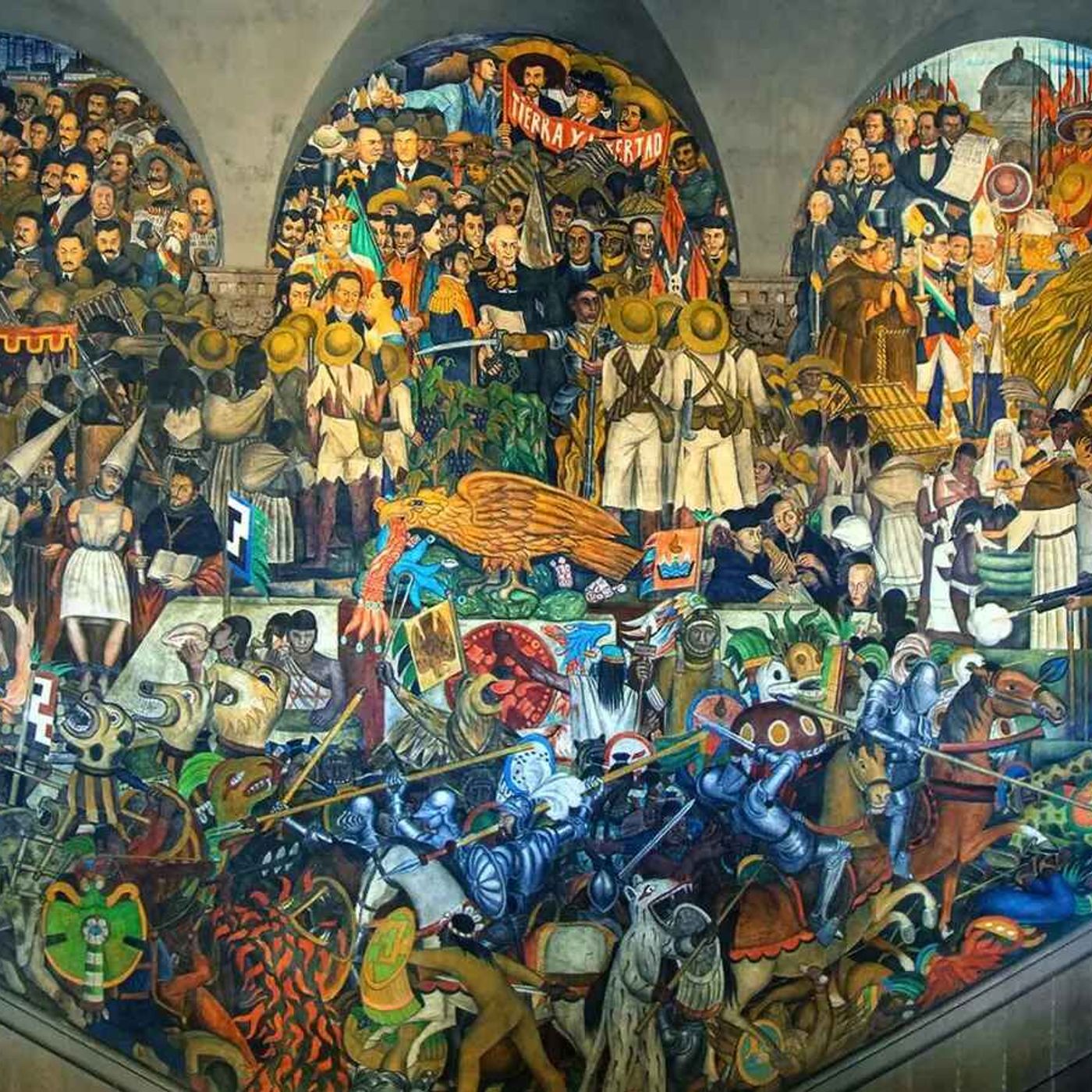
XIKOOVA EnglishDiego Rivera's muralsThe Historic Center houses the most outstanding civil building, which is resplendent with a significant collection of works by the influential artist of the twentieth century, that is, the murals of Diego Rivera. His mastery of the fresco painting technique played a crucial role in the construction of the identity of a nation in full transformation after the Revolution. See the complete article here:https://www.xikoova.com/en/diego-riveras-murals/
2025-08-0117 min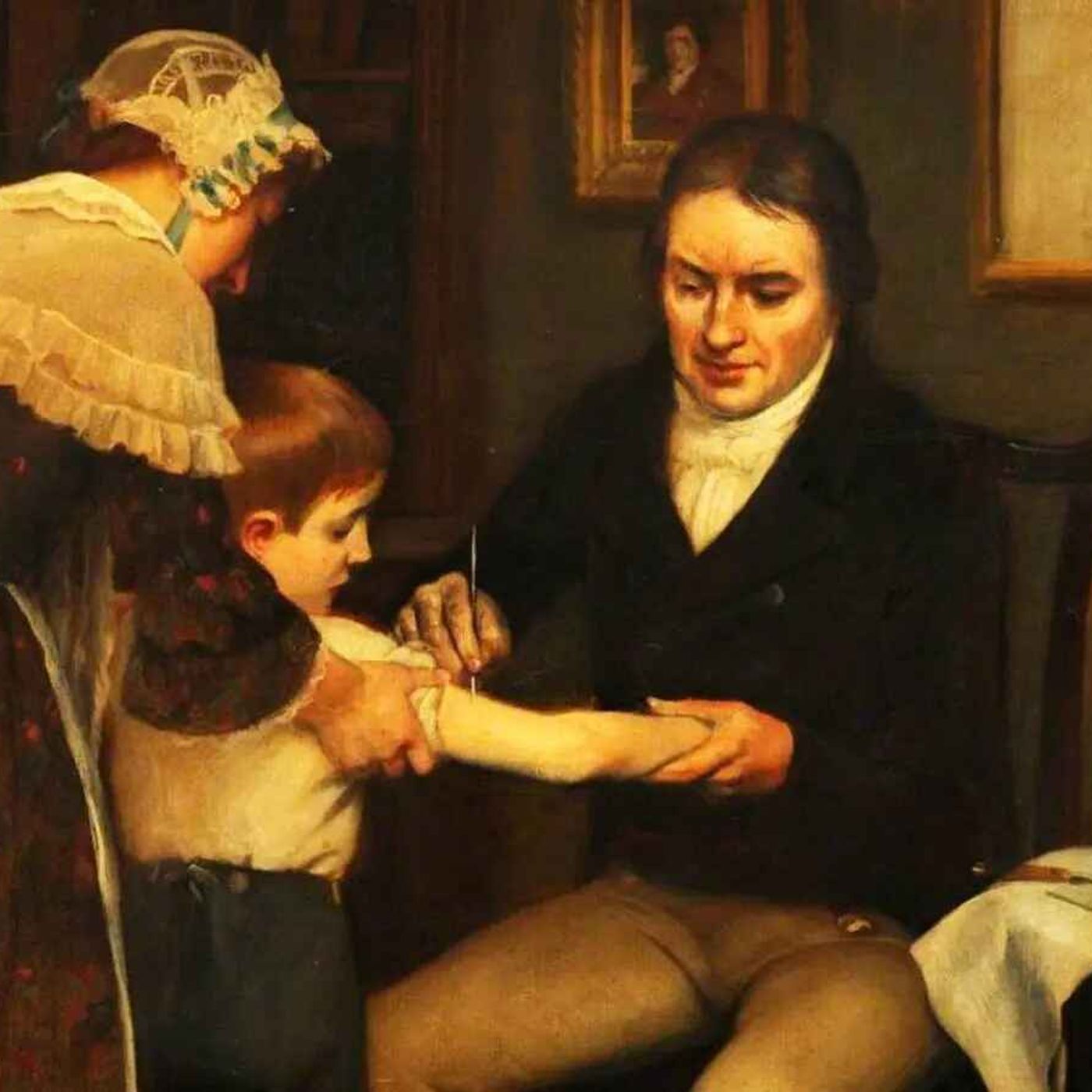
XIKOOVA EnglishDistrust and fear of vaccination in Mexico during the 19th centuryClick here to learn more about the arrival of vaccination in Mexico, how there was mistrust when it first arrived and how little by little people changed their minds.See the complete article here:https://www.xikoova.com/en/distrust-and-fear-of-vaccination-in-mexico-during-the-19th-century/
2025-08-0111 min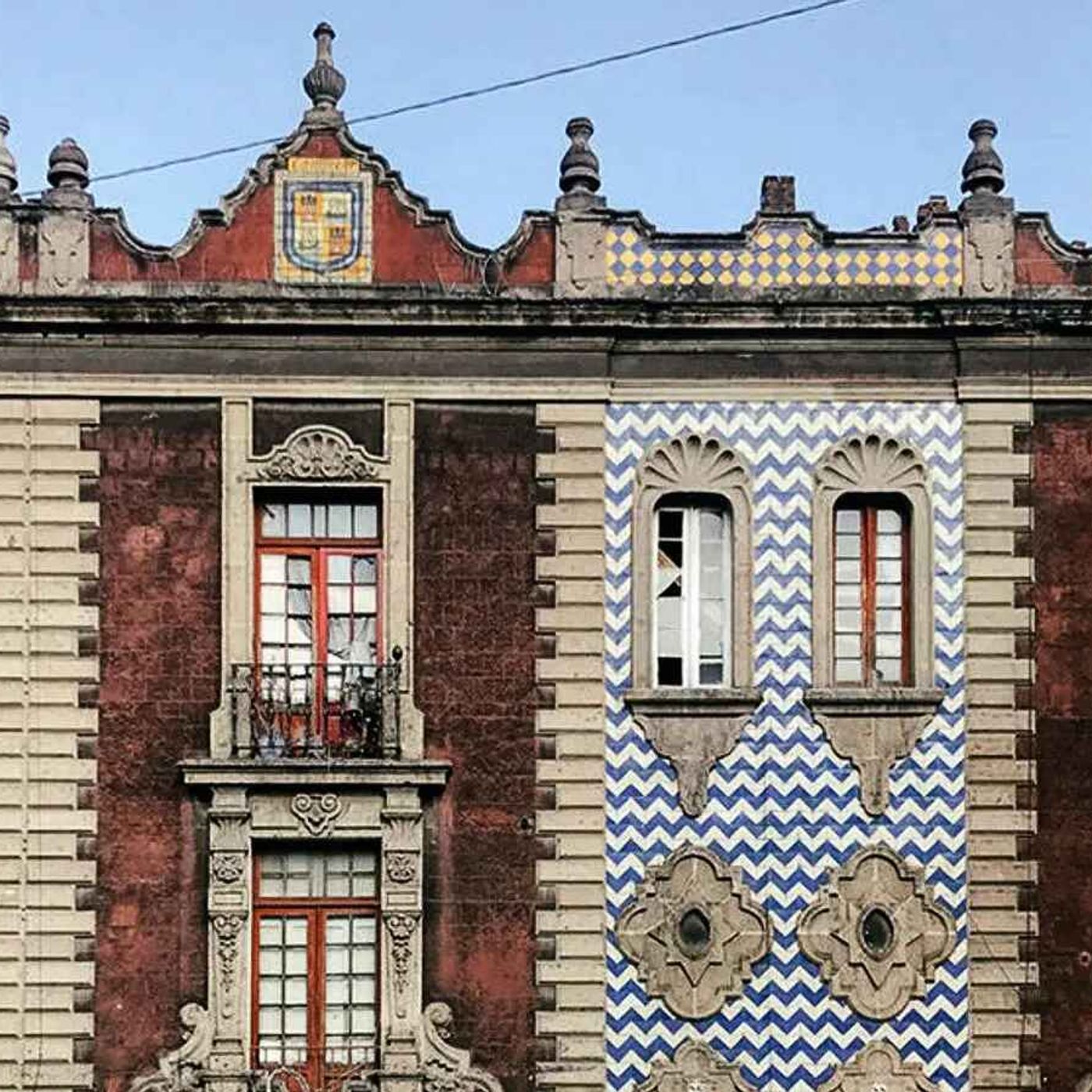
XIKOOVA EnglishBucareli Historical Tour: Discover the Magic of Bucareli in a Unique StrollIn the initial chronicles, this site was described as a charming place surrounded by trees, offering picturesque views of majestic mountains. Discovering its fascinating history demands a willingness to take a journey of more than a thousand steps, stopping along the way to unravel enigmas of the past and experience up close the architectural essence characteristic of the Porfiriato period. See the complete article here:https://www.xikoova.com/en/bucareli-historical-tour-discover-the-magic-of-bucareli-in-a-unique-stroll/
2025-08-0116 min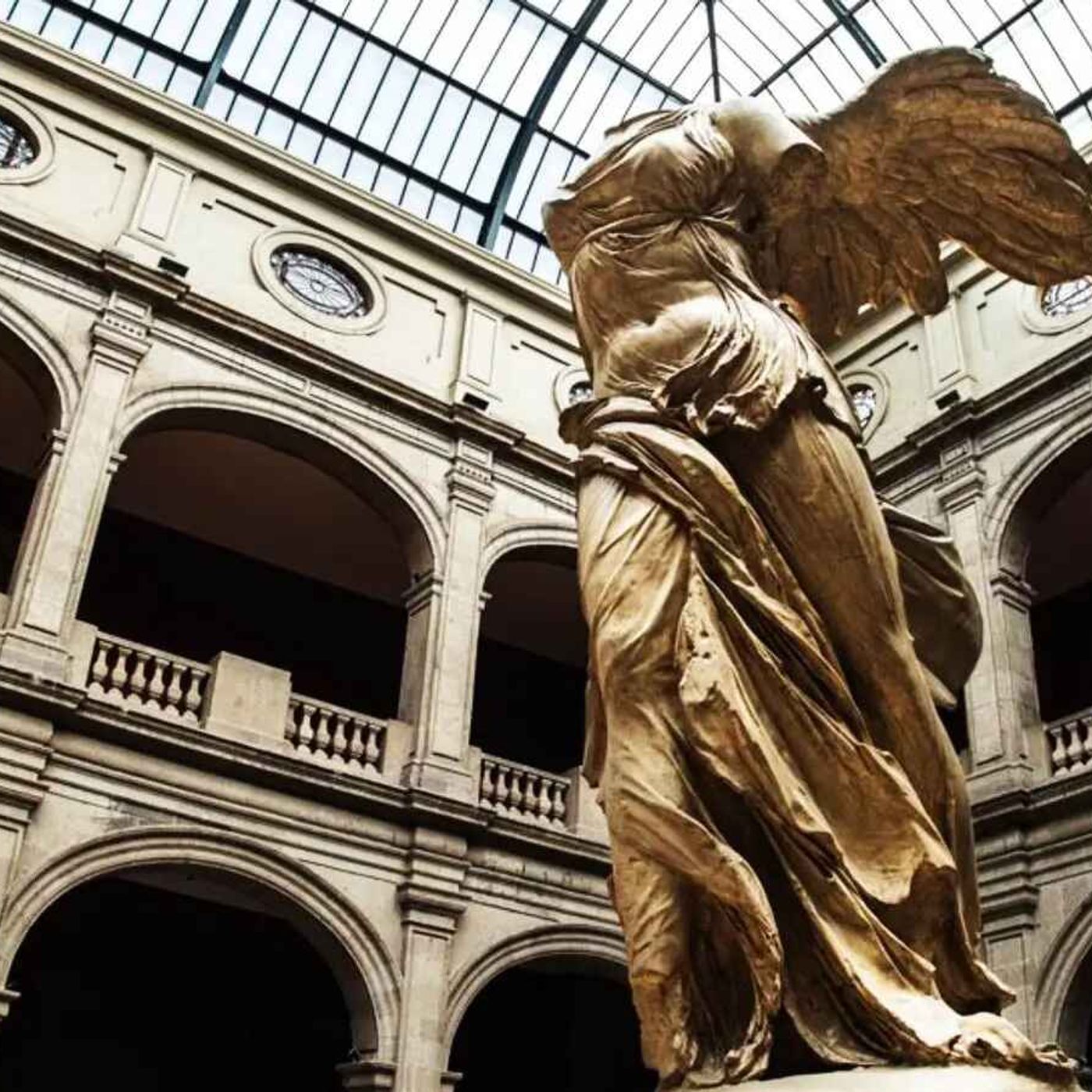
XIKOOVA EnglishSan Carlos AcademyThroughout the centuries, from the 16th century to the present, the Academy of San Carlos has been the crucible where successive generations of creators have been molded, many of whom played a fundamental role in the configuration of a large part of the cultural heritage rooted in the very heart of the Historic Center.See the complete article here:https://www.xikoova.com/en/san-carlos-academy/
2025-08-0107 min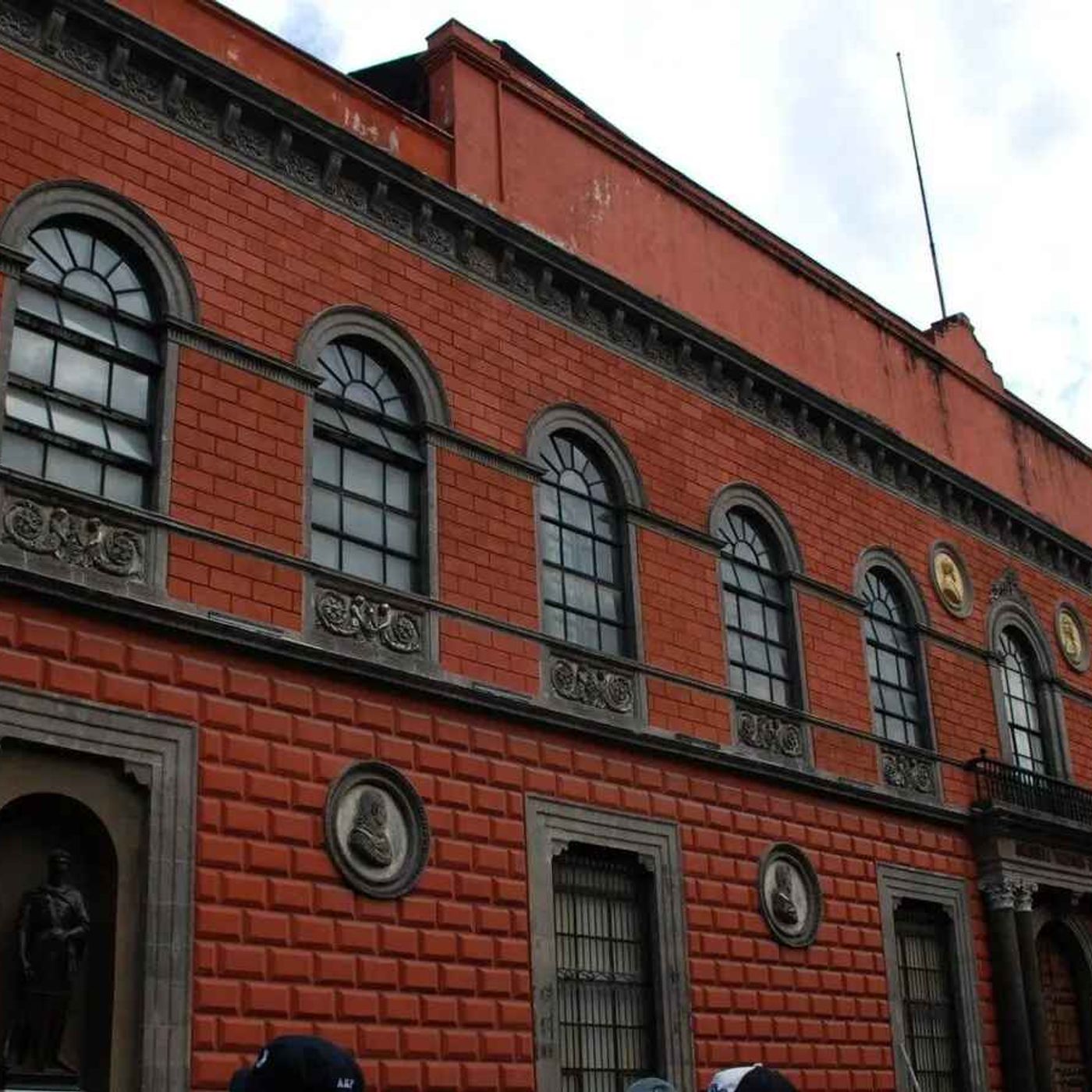
XIKOOVA EnglishFirst hospitals in the historic center of Mexico City and the AmericasLearn about the first hospitals that operated in Mexico City and therefore in America since the time of the viceroyalty. See the complete article here:https://www.xikoova.com/en/first-hospitals-in-the-historic-center-of-mexico-city-and-the-americas/
2025-08-0117 min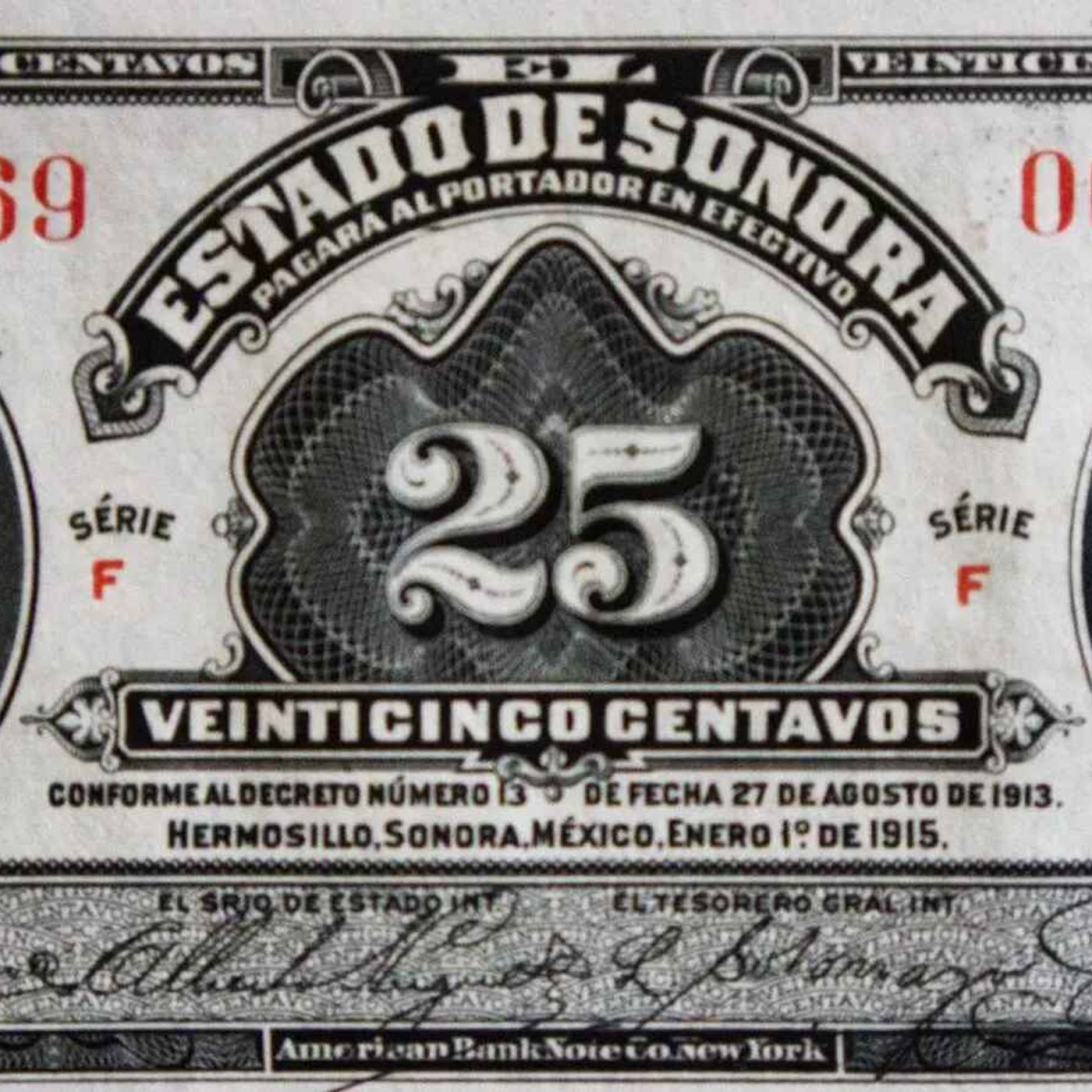
XIKOOVA EnglishBanknotes of the Mexican RevolutionThe banknotes of the Mexican Revolution are a unique collector's item for any fan of Mexican numismatics and in this article I will try to give you as much information as possible about the banknotes of that era.First, the million dollar question when you start collecting banknotes of the Mexican Revolution and you realize that there are a lot of them.See the complete article here:https://www.xikoova.com/en/banknotes-of-the-mexican-revolution/
2025-08-0105 min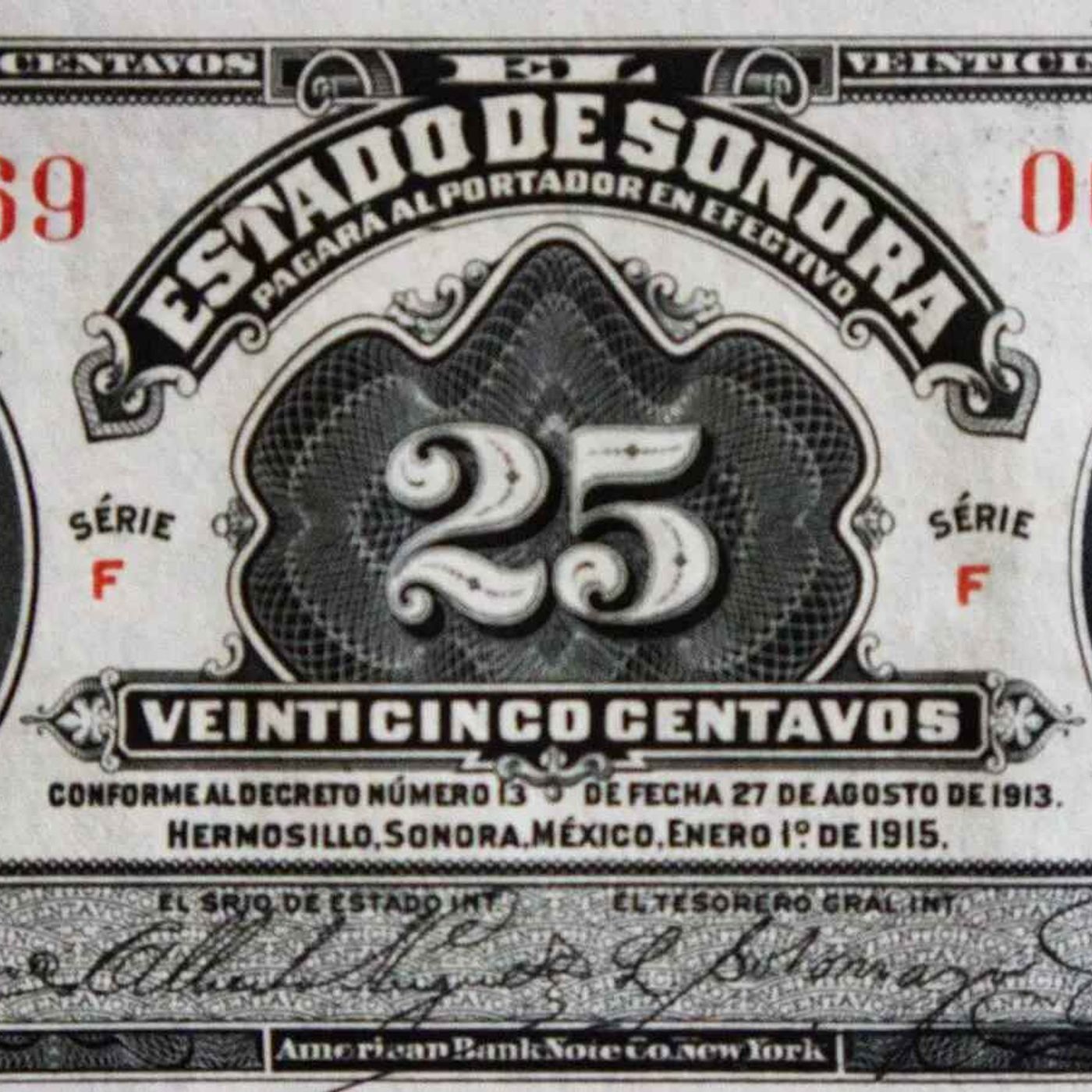
XIKOOVABilletes de la revolución mexicanaLos billetes de la revolución mexicana son una pieza de colección inigualable para cualquier fan de la numismática mexicana y en este artículo trataré de darte los más posible de información sobre los billetes de esa época.See the complete article here:https://www.xikoova.com/billetes-de-la-revolucion-mexicana/
2025-08-0104 min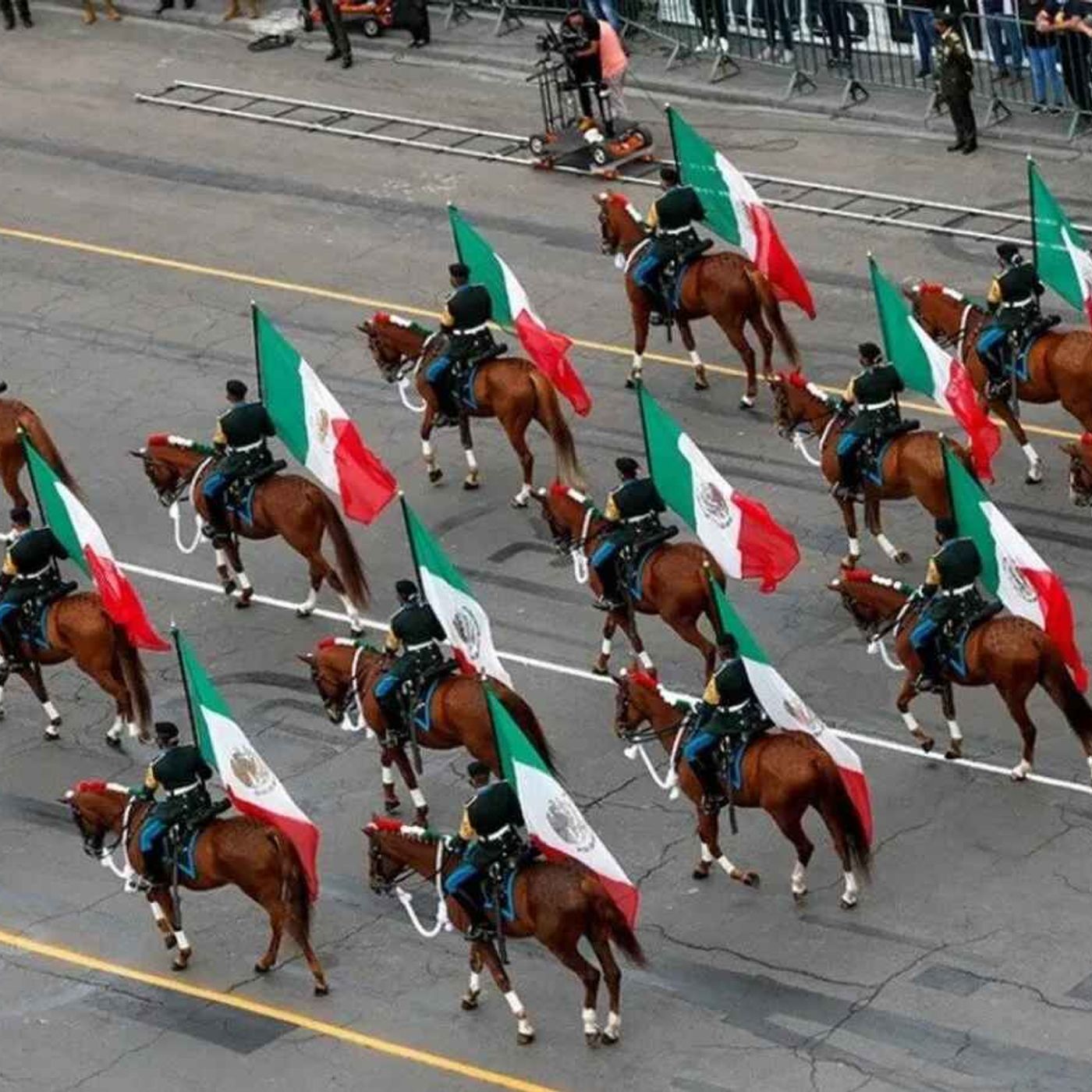
XIKOOVA EnglishCurious details about the September 16 military parade in MexicoEnter here and learn these curious details about the military parade of September 16 in Mexico, why it is celebrated and what meanings it has.See the complete article here:https://www.xikoova.com/en/curious-details-about-the-september-16-military-parade-in-mexico/
2025-08-0104 min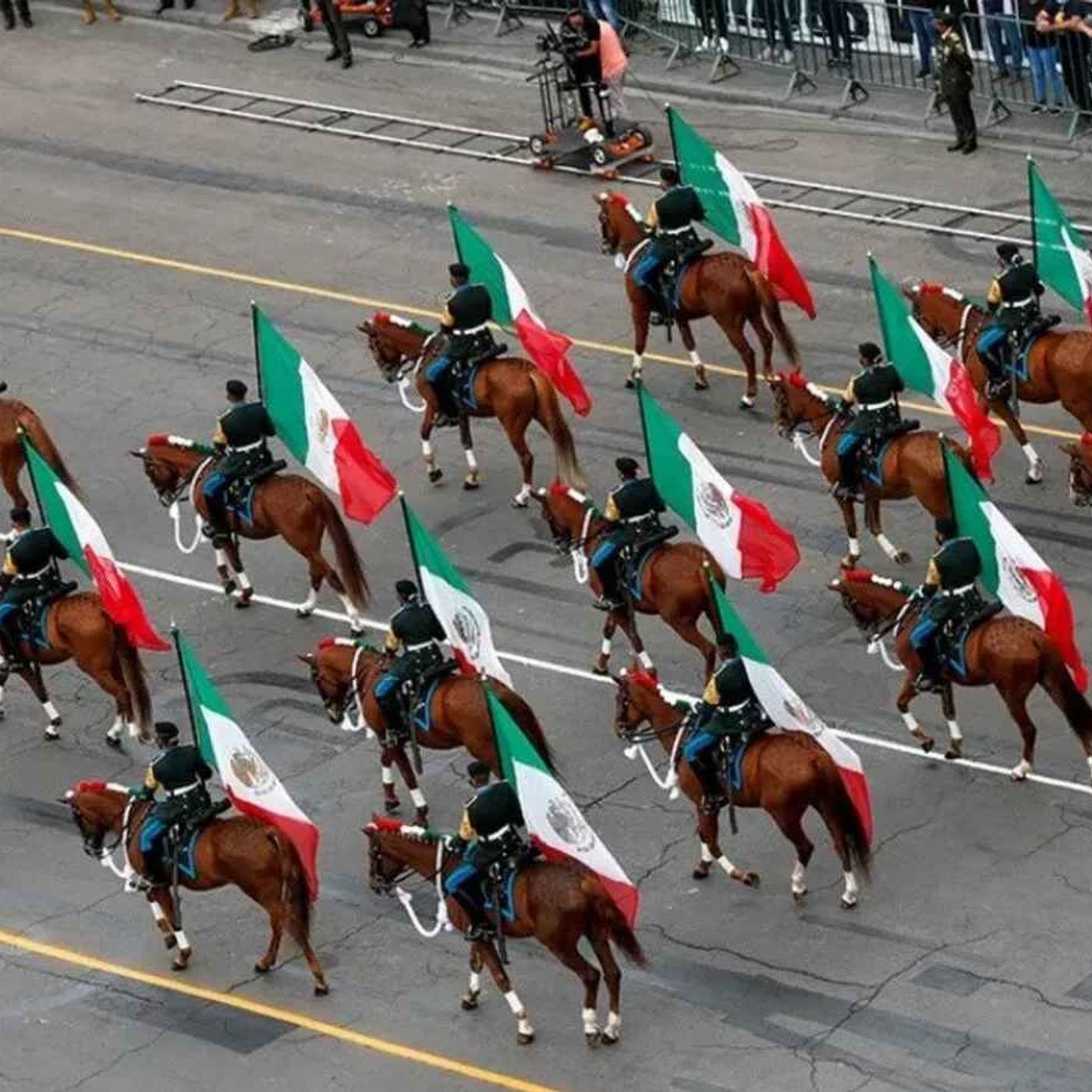
XIKOOVADetalles curiosos sobre el desfile militar del 16 de septiembre en MéxicoEntra aquí y conoce estos detalles curiosos sobre el desfile militar del 16 de septiembre en México, por que se celebra y que significados tieneVer el articulo completo aquí:https://www.xikoova.com/desfile-militar-del-16-de-septiembre/
2025-08-0104 min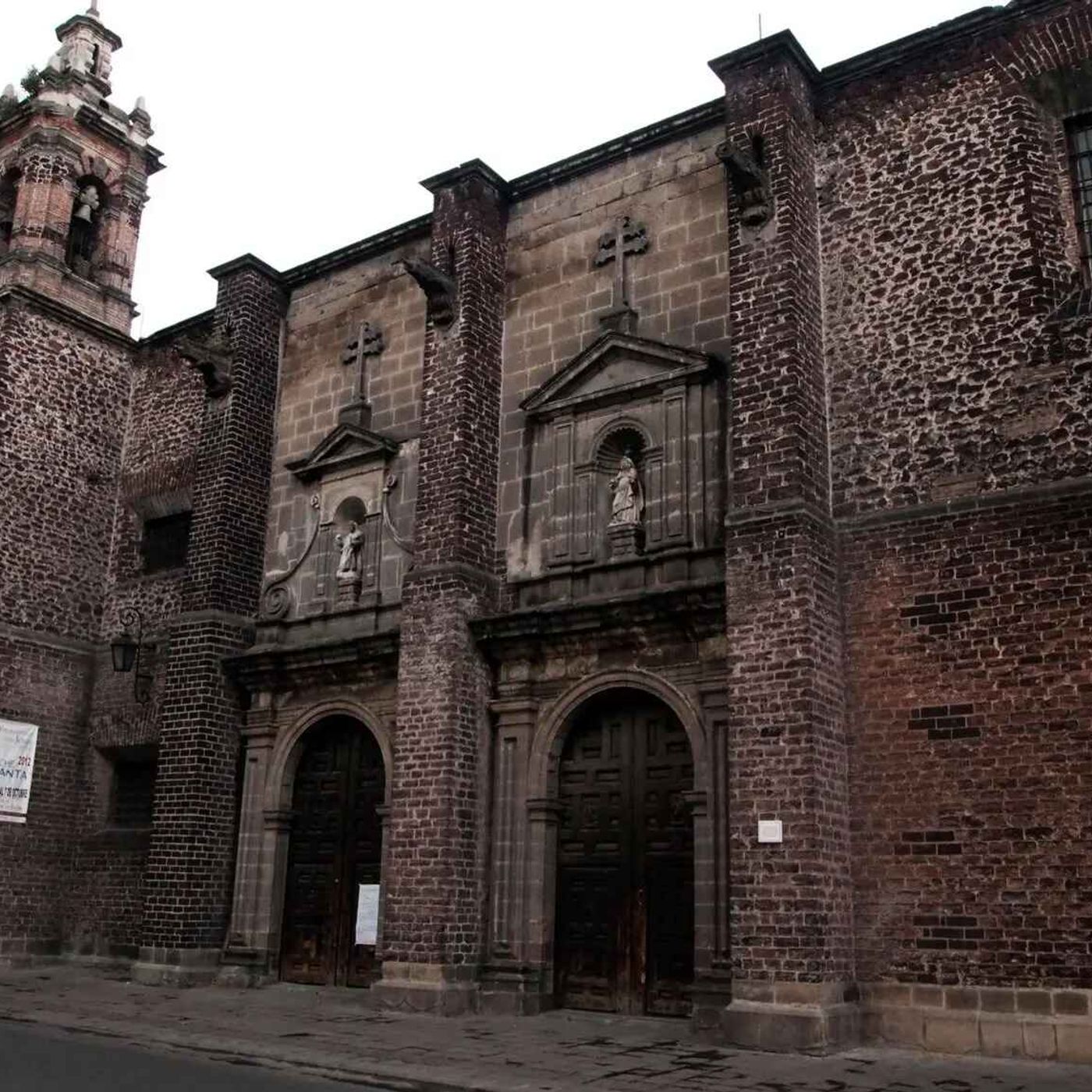
XIKOOVA EnglishSanta teresa la nuevaOn the eastern side of the Historic Center, is located this impressive temple, which has its roots in the historic convent of the Order of Discalced Carmelites, whose construction dates back to the dawn of the eighteenth century. This site embodies the richness of our architectural heritage and is a living testimony of our cultural history. See the complete article here:https://www.xikoova.com/en/santa-teresa-la-nueva/
2025-08-0105 min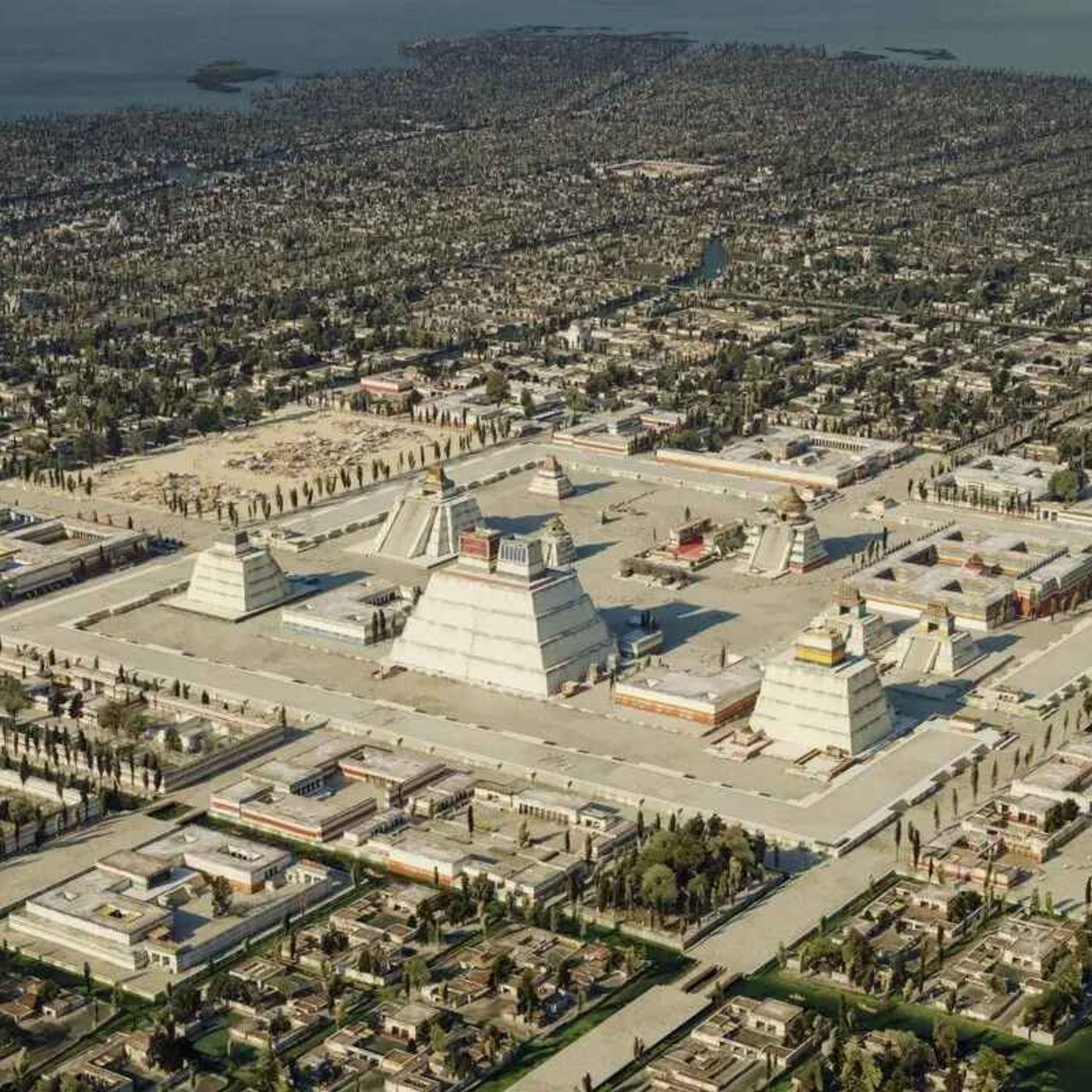
XIKOOVA English3D reconstruction of TenochtitlanDiscover here all the 3D images and videos that have been made about the 3D reconstruction of Tenochtitlan.See the complete article here:https://www.xikoova.com/en/3d-reconstruction-of-tenochtitlan/
2025-08-0107 min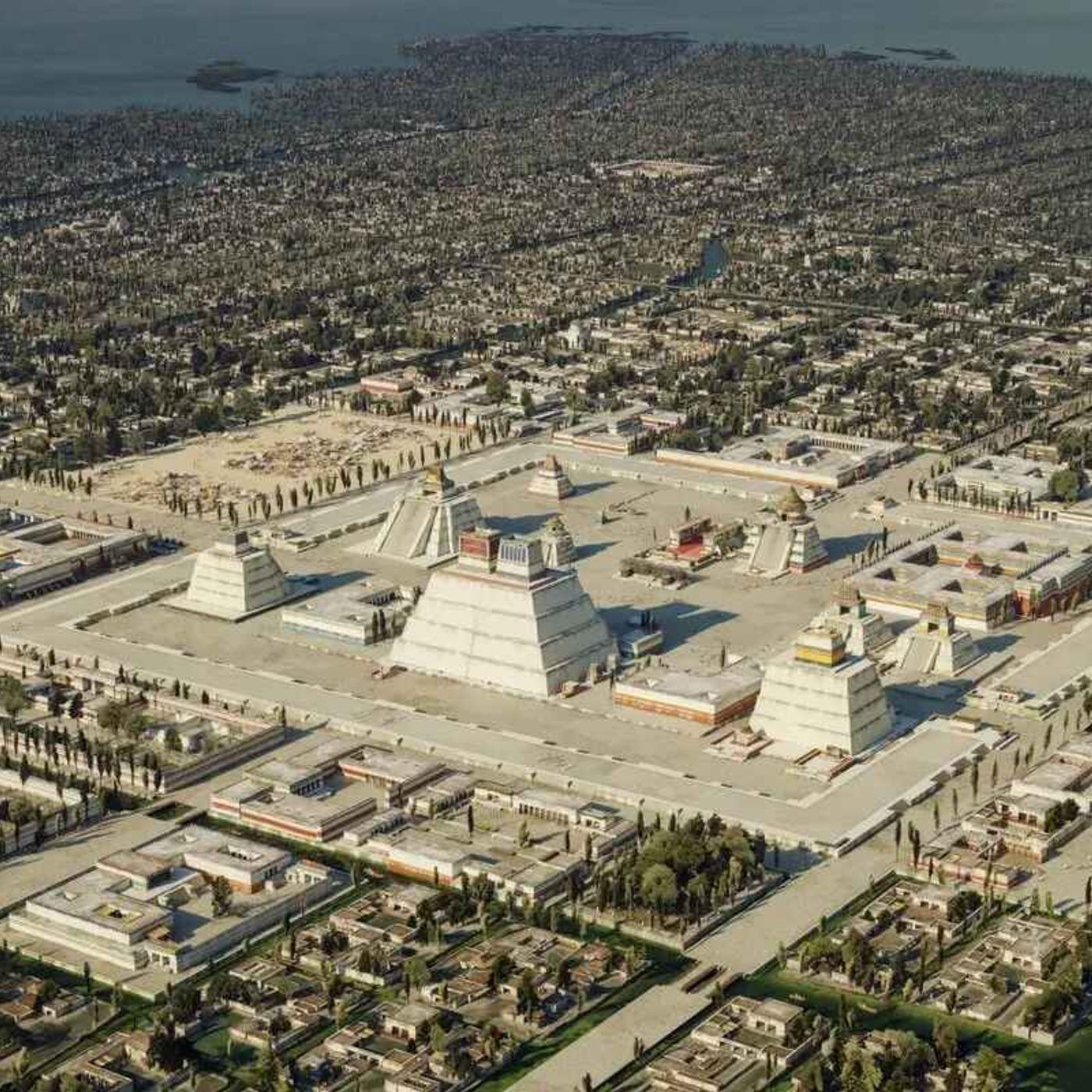
XIKOOVAReconstrucción en 3D de TenochtitlanDescubre aquí todas las Imágenes y videos en 3D que se han hecho sobre la reconstrucción en 3D de TenochtitlanVer el articulo completo aquí:https://www.xikoova.com/reconstruccion-en-3d-tenochtitlan/
2025-08-0107 min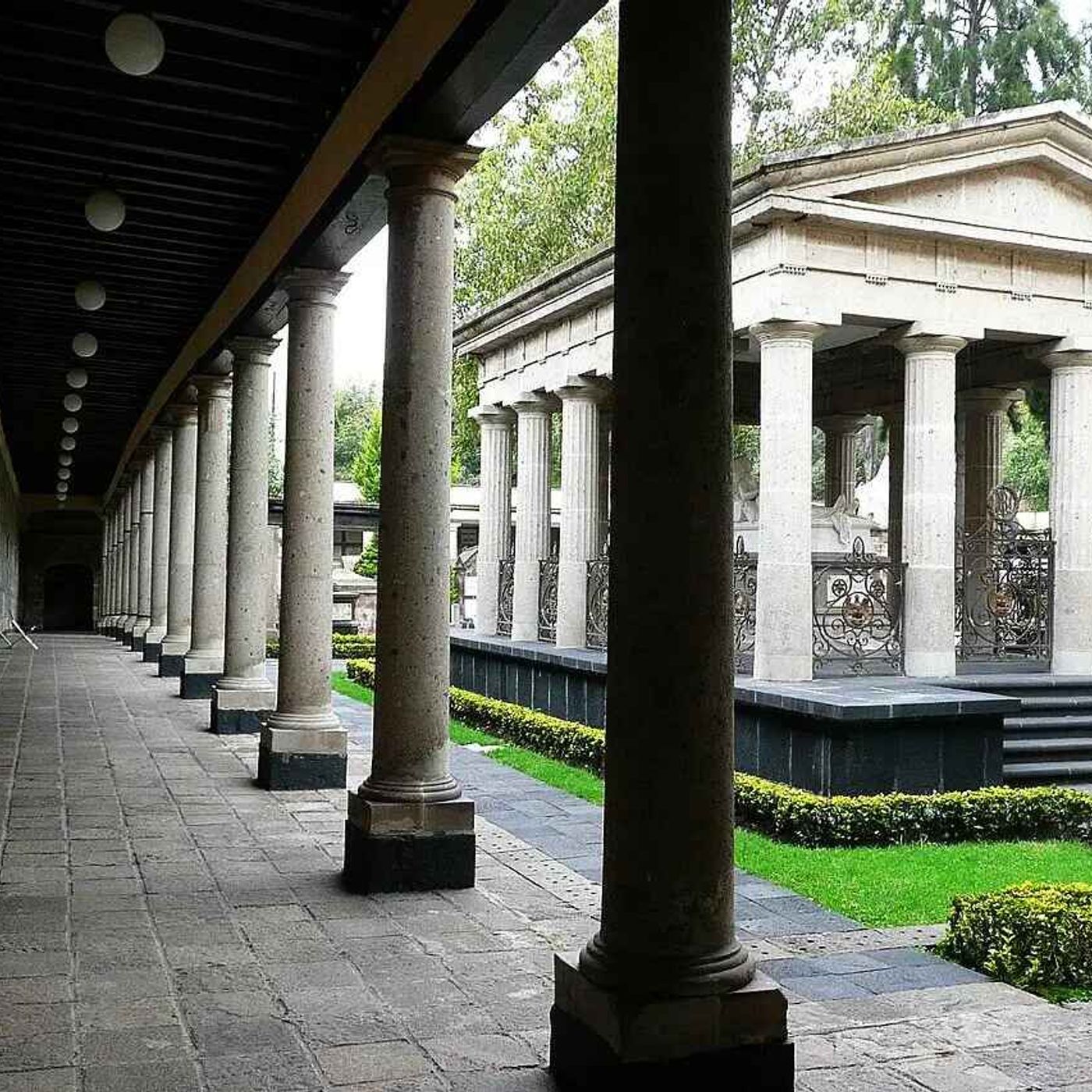
XIKOOVA EnglishSan Fernando Pantheon MuseumThe San Fernando Pantheon Museum is a historic cemetery located in Mexico City. It was founded in 1786 by Viceroy Bernardo de Gálvez y Madrid, and is the final resting place of a large number of important figures in the history of Mexico, both colonial and republican. See the complete article here:https://www.xikoova.com/en/san-fernando-pantheon-museum/
2025-08-0104 min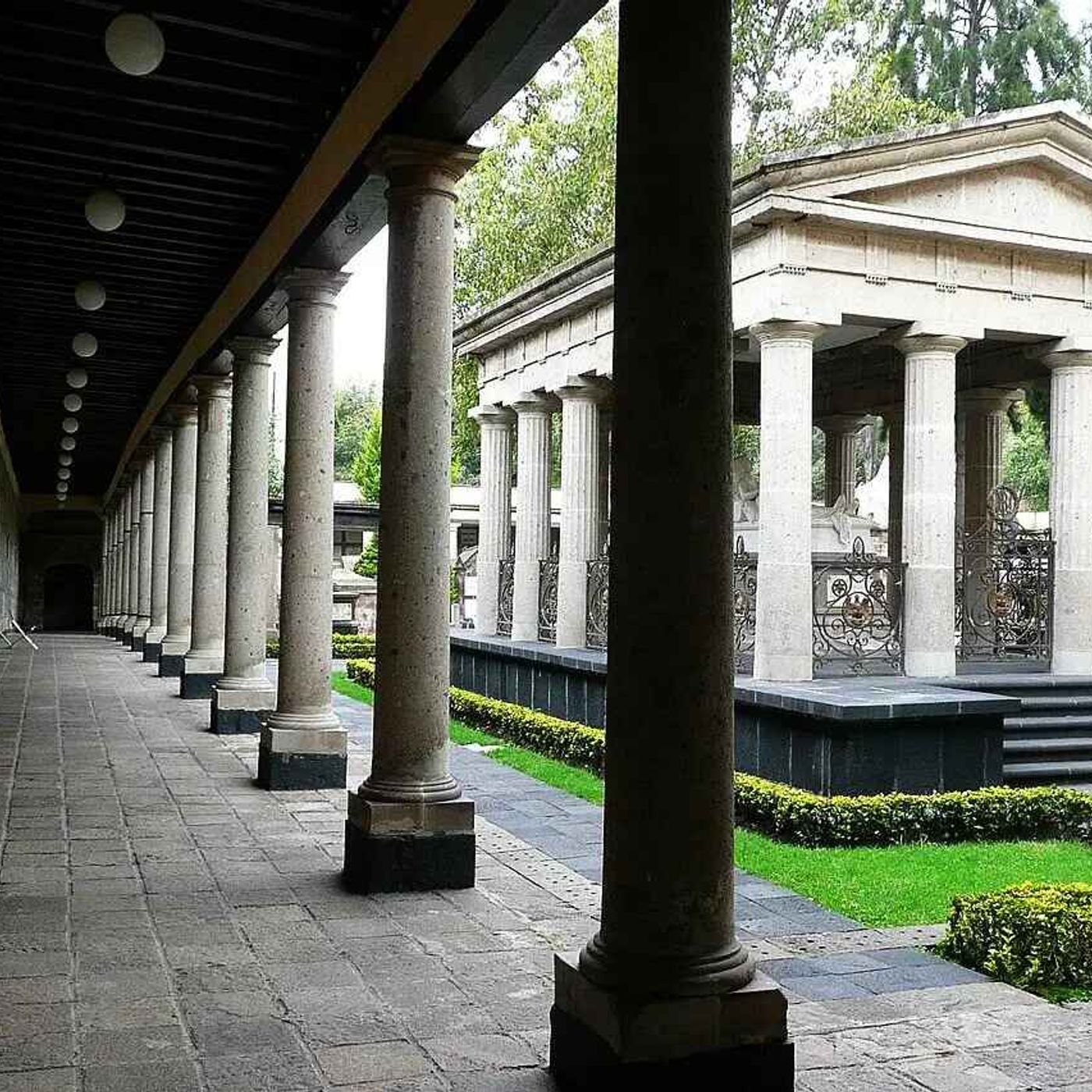
XIKOOVAMuseo Panteón de San FernandoEl Museo Panteón de San Fernando es un cementerio histórico ubicado en la Ciudad de México. Fue fundado en 1786 por el virrey Bernardo de Gálvez y Madrid, y es el lugar de descanso final de una gran cantidad de personajes importantes de la historia de México, tanto de la época colonial como de la república.Ver el articulo completo aquí:https://www.xikoova.com/museo-panteon-de-san-fernando/
2025-08-0104 min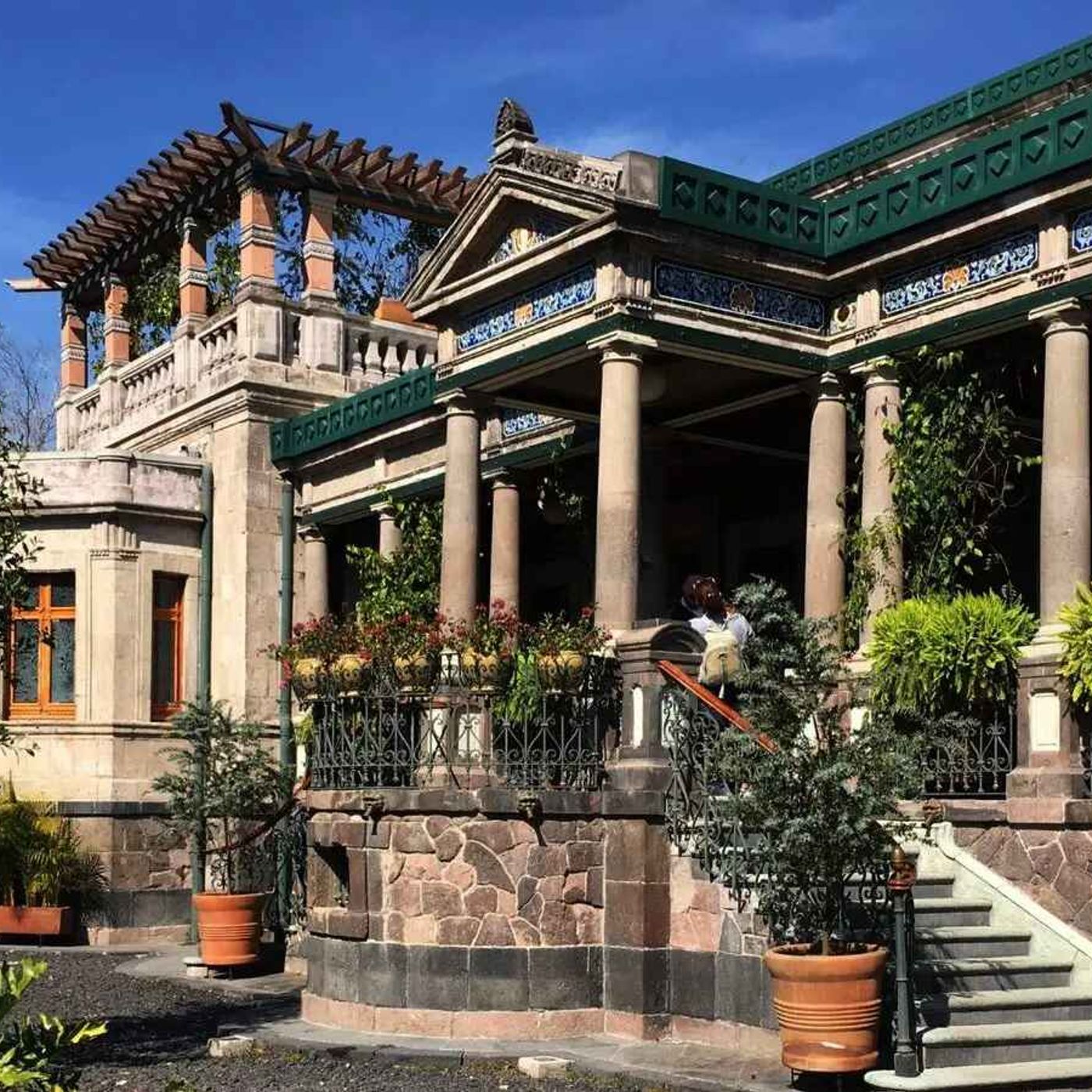
XIKOOVA EnglishCasa Rivas Mercado: An Architectural Treasure in Mexico CityThe Rivas Mercado House is a building of great architectural and historical value located in the Guerrero neighborhood. It was here where Rivas Mercado designed the monument of the winged victory, better known as the Angel of Independence, which represented 100 years of independence during the Porfiriato. See the complete article here:https://www.xikoova.com/en/casa-rivas-mercado-an-architectural-treasure-in-mexico-city/
2025-08-0104 min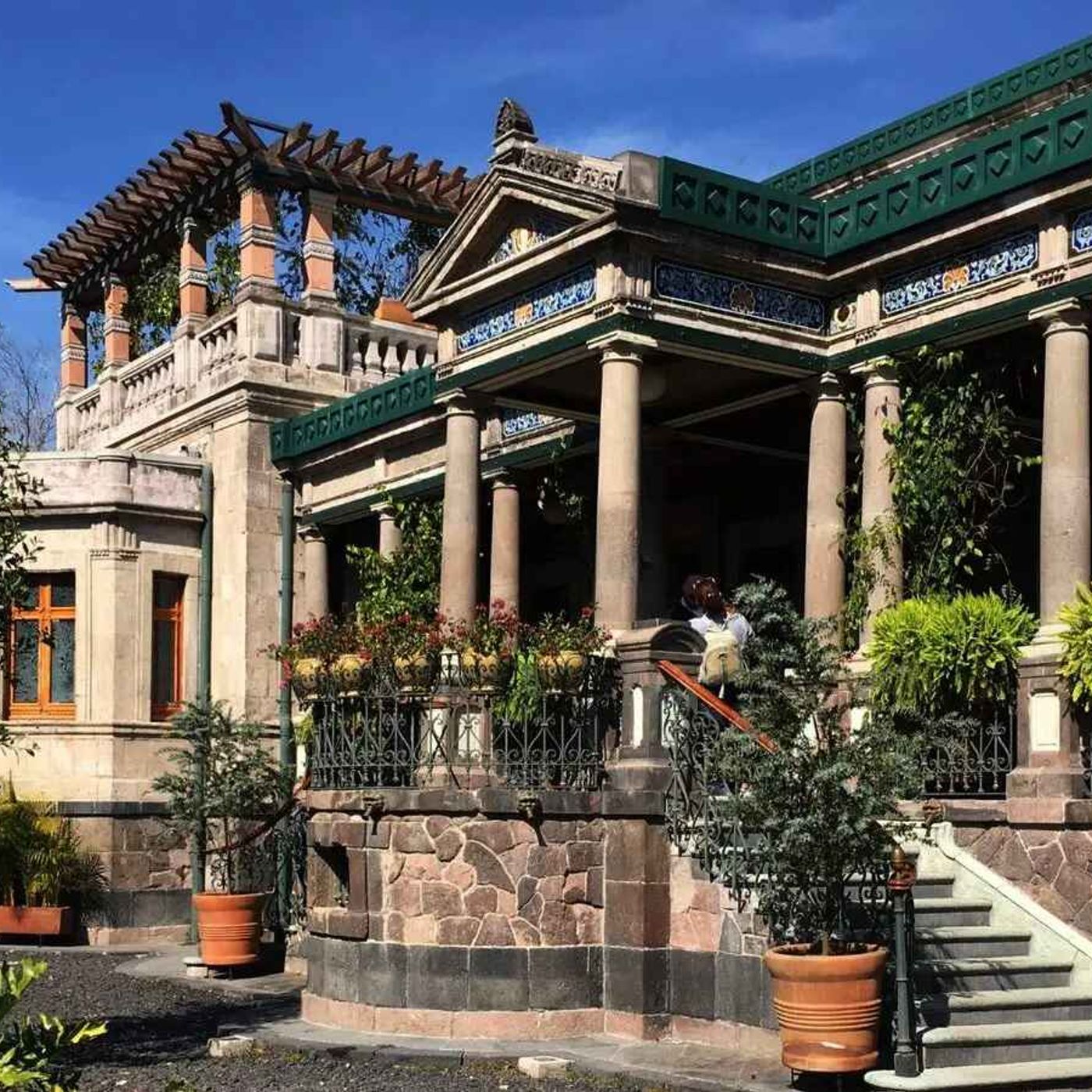
XIKOOVACasa Rivas Mercado: Un tesoro arquitectónico en la Ciudad de MéxicoLa Casa Rivas Mercado es un inmueble de gran valor arquitectónico e histórico ubicado en la colonia Guerrero, Fue aquí donde Rivas Mercado diseño el monumento de la victoria alada mejor conocido como Angel de la independencia que representaba 100 años de independencia en el porfiriato Ver el articulo completo aquí:https://www.xikoova.com/casa-rivas-mercado/
2025-08-0105 min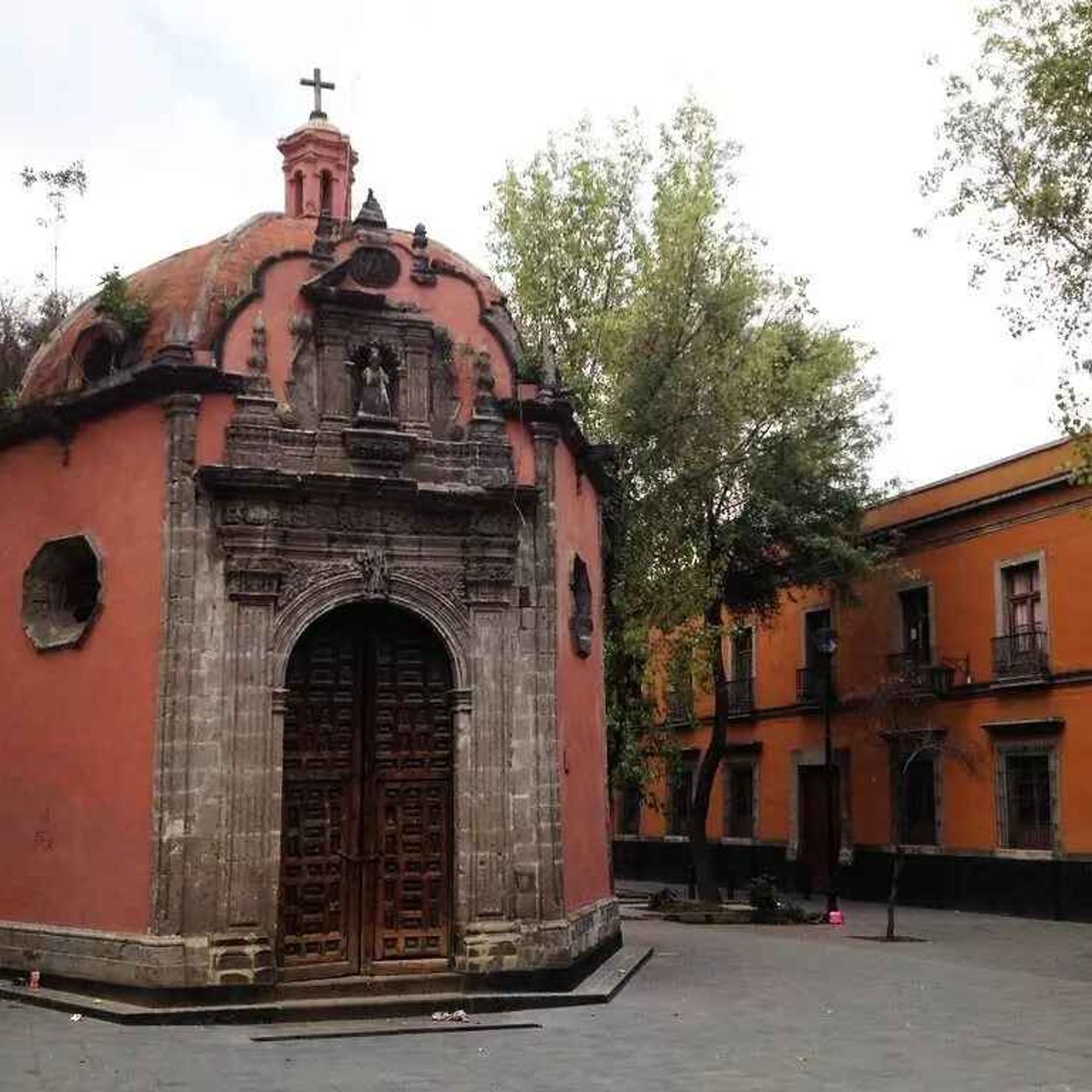
XIKOOVA EnglishHistory of República de Cuba StreetThe historical tour of this street is impregnated with transcendental moments, highlighting the periods of the Viceroyalty and the Reform. Today, it stands as an area of remarkable diversity, offering a variety of options for entertainment and culture. See the complete article here:https://www.xikoova.com/en/history-of-republica-de-cuba-street/
2025-08-0104 min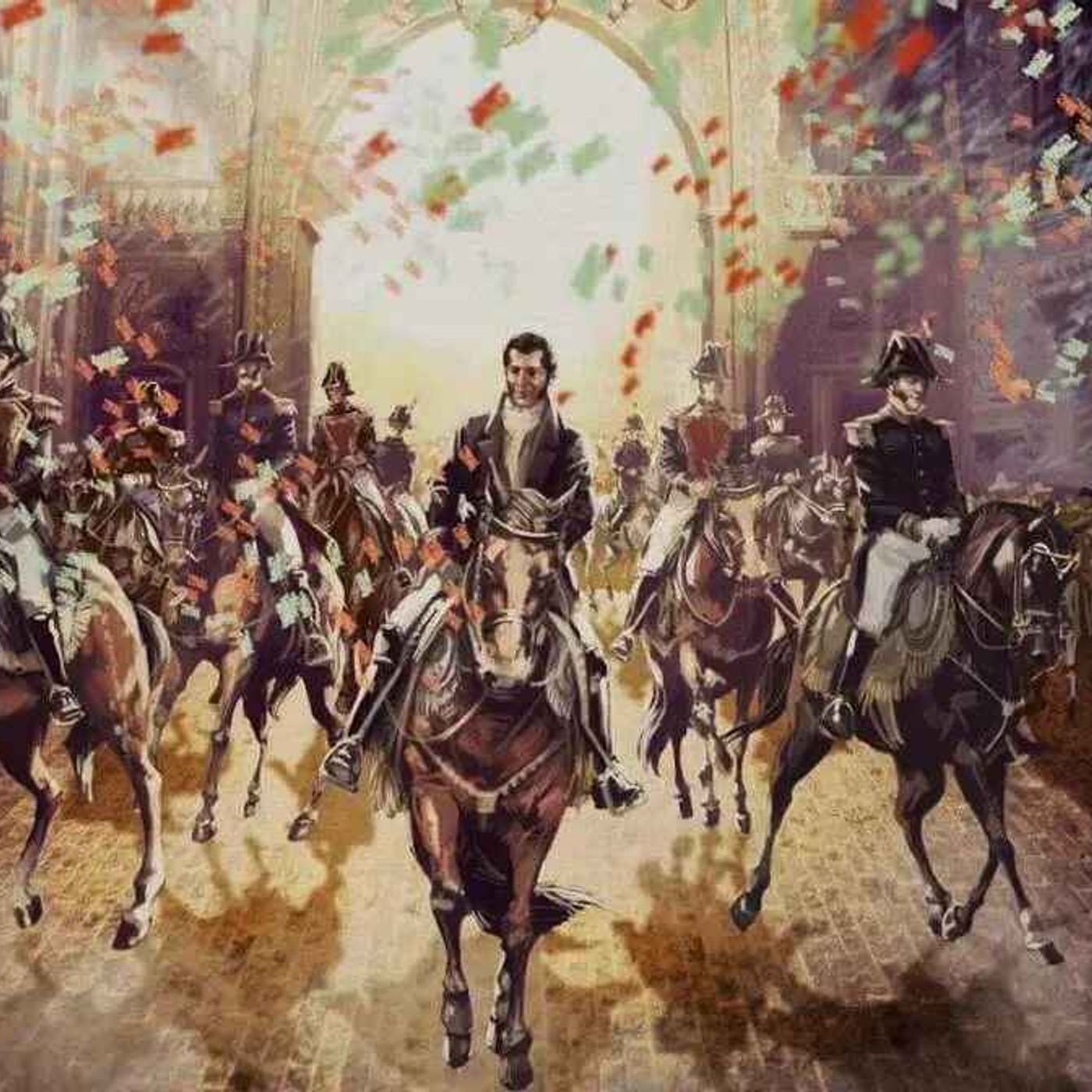
XIKOOVA EnglishDetails about the September 16 celebrationsClick here to learn some little-known details about the celebrations that take place on September 16 in Mexico City. See the complete article here:https://www.xikoova.com/en/details-about-the-september-16-celebrations/
2025-08-0104 min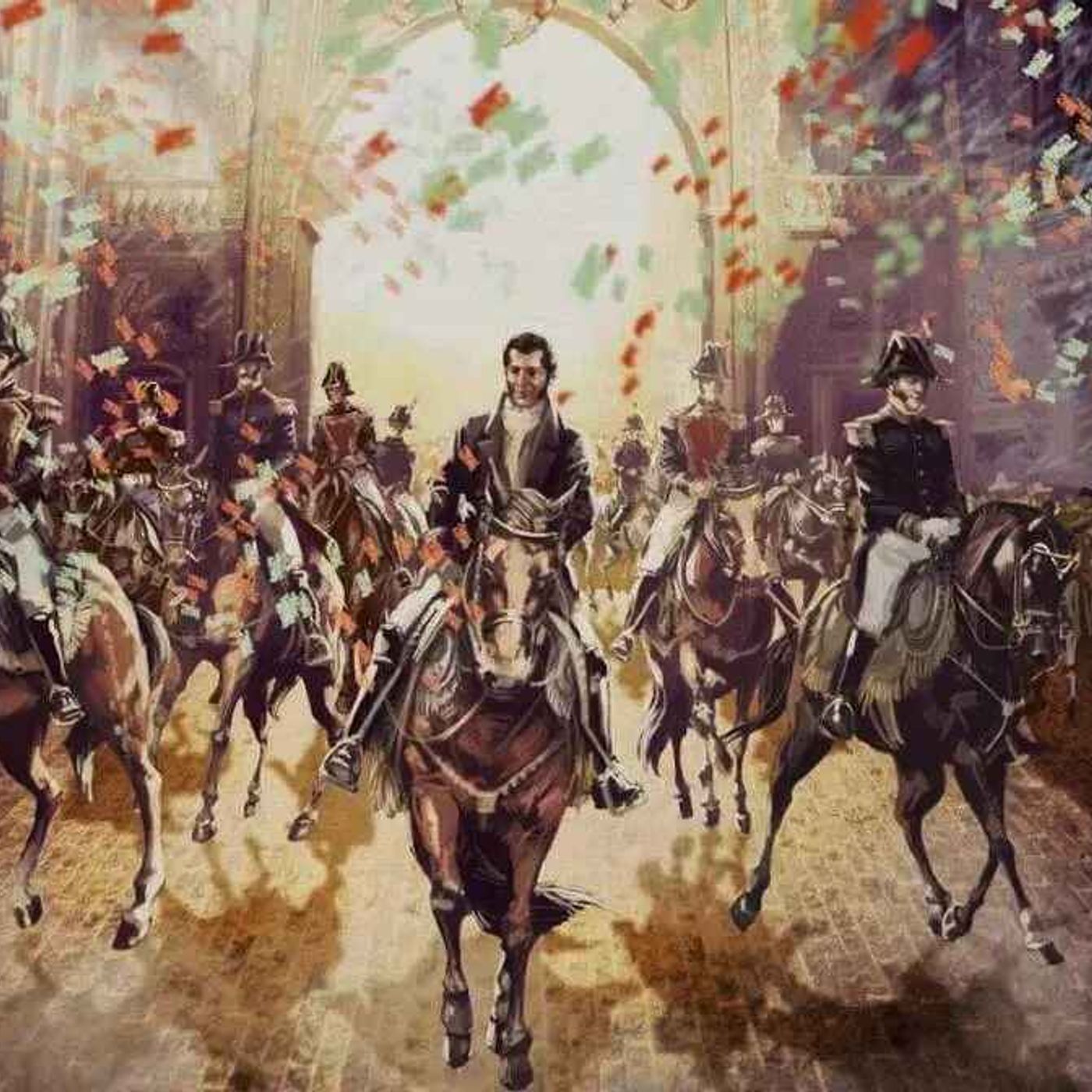
XIKOOVADetalles sobre las celebraciones del 16 septiembreEntra aquí y conoce algunos detalles poco conocidos de las celebraciones que se llevan a cabo el 16 de septiembre en Ciudad de México Ver el articulo completo aquí:https://www.xikoova.com/celebraciones-del-16-septiembre/
2025-07-3103 min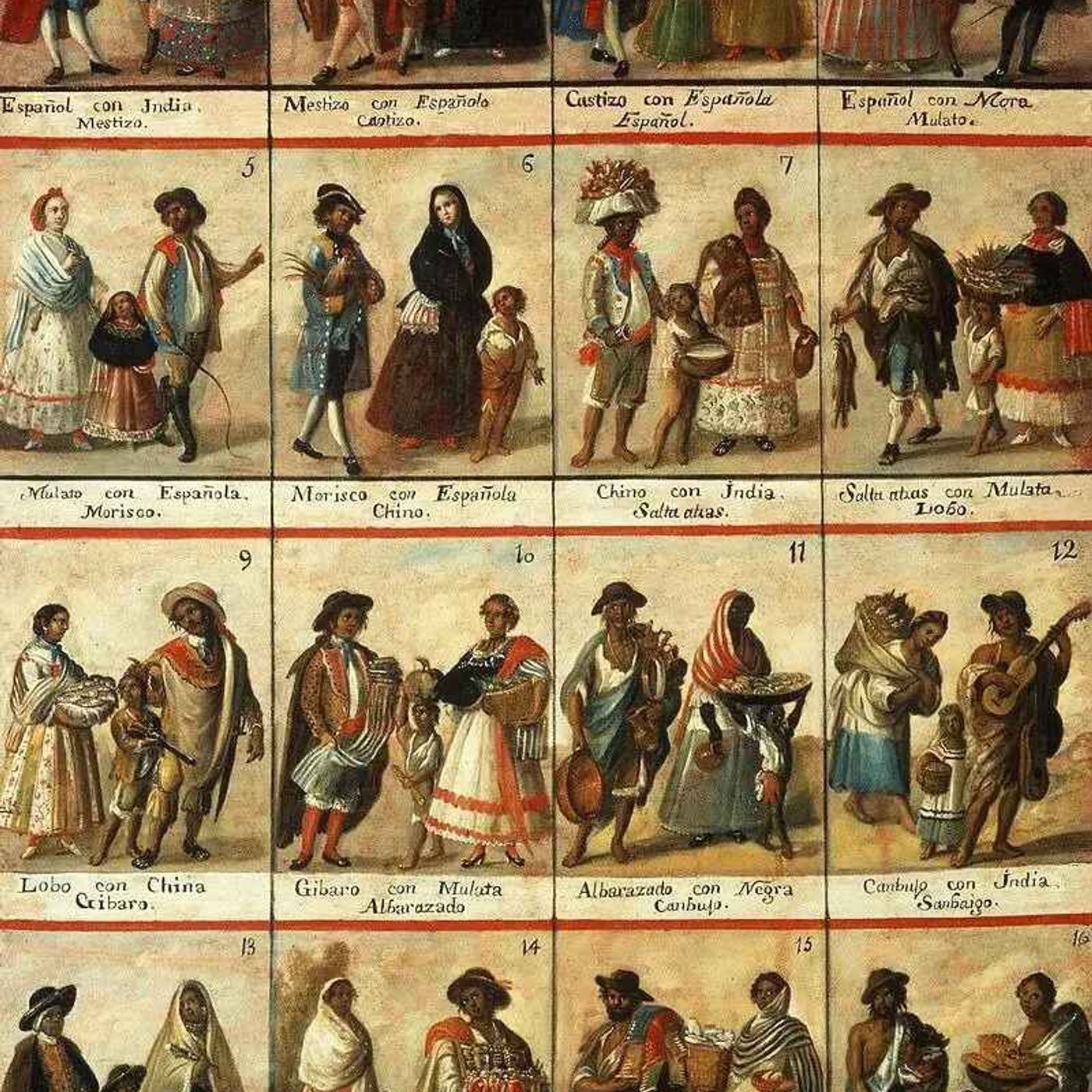
XIKOOVA EnglishFootprint of Afro-descendants in MexicoThe Historical Archive of Mexico City houses a rich collection of evidence that illustrates how, over the centuries, the different Afro-descendant communities that have populated the capital have managed to expand their social spheres and gain rights, despite having faced marginalization in the beginning.See the complete article here:https://www.xikoova.com/en/footprint-of-afro-descendants-in-mexico/
2025-07-3112 min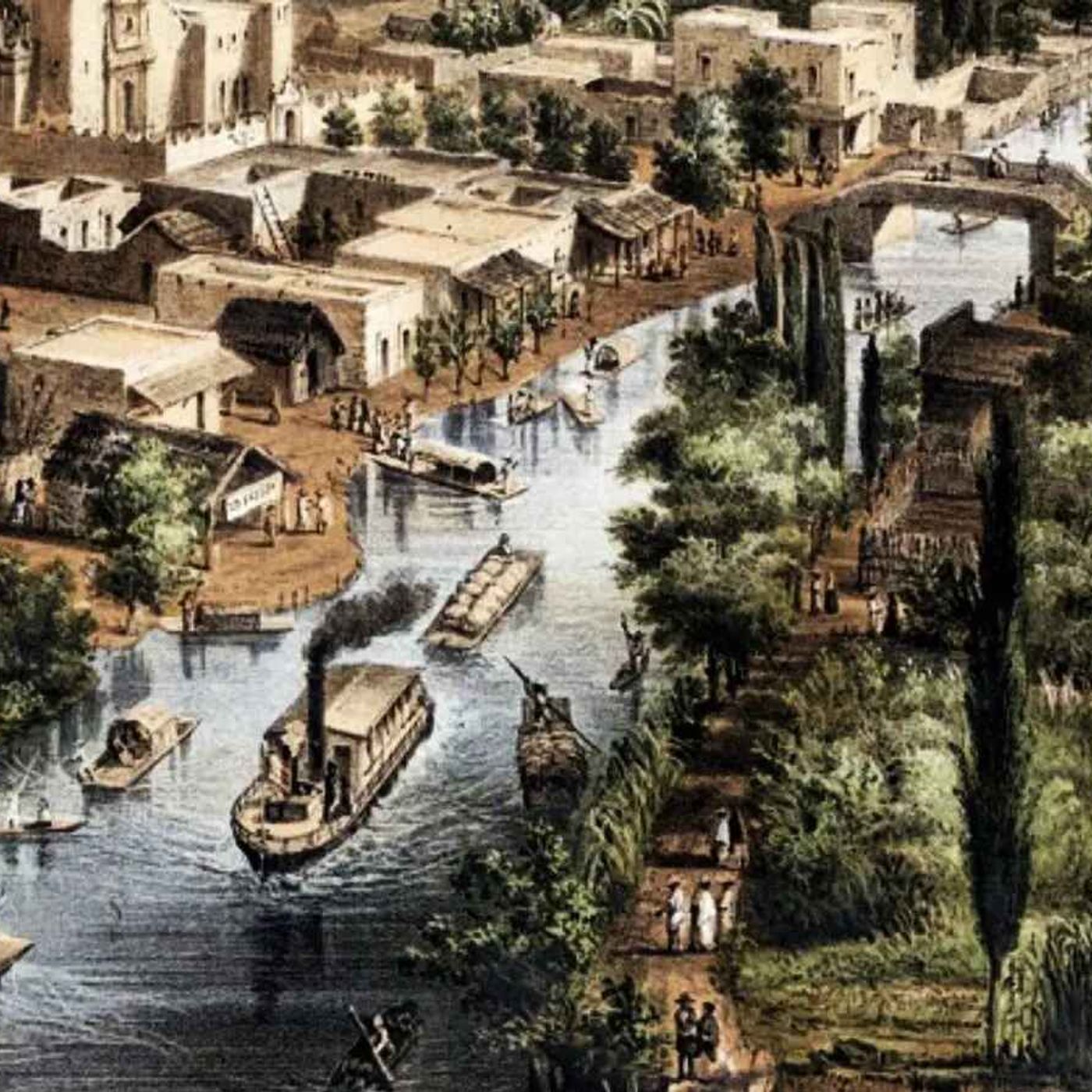
XIKOOVA EnglishLakes, canals and irrigation ditches in Mexico City and TenochtitlánLearn about the history of the lake's past from ancient Tenochtitlán to the last vestiges of the irrigation ditches in Mexico City.See the complete article here:https://www.xikoova.com/en/lakes-canals-and-irrigation-ditches-in-mexico-city-and-tenochtitlan/
2025-07-3131 min
XIKOOVA EnglishLakes, canals and irrigation ditches in Mexico City and TenochtitlánLearn about the history of the lake's past from ancient Tenochtitlán to the last vestiges of the irrigation ditches in Mexico City.See the complete article here:https://www.xikoova.com/en/lakes-canals-and-irrigation-ditches-in-mexico-city-and-tenochtitlan/
2025-07-3131 min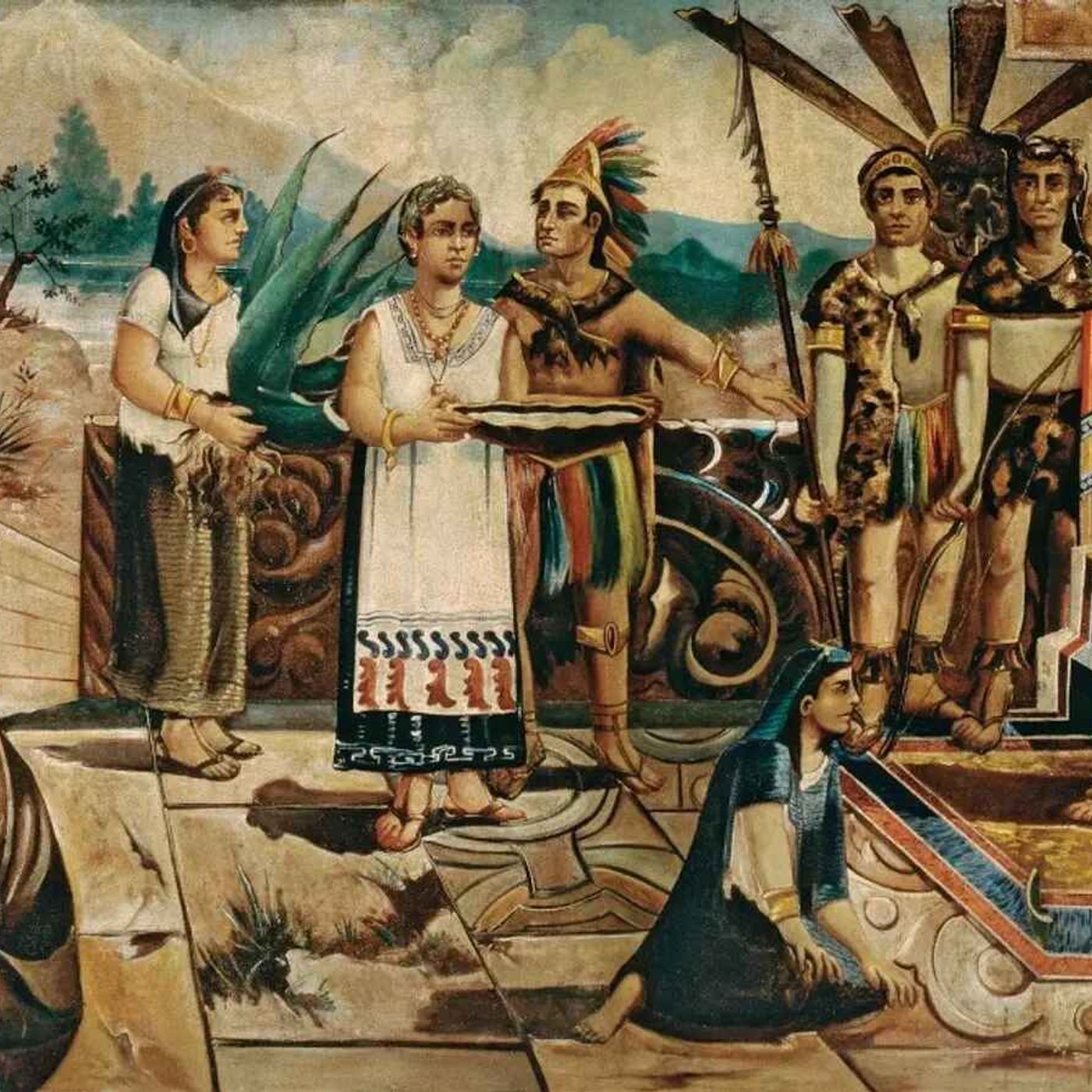
XIKOOVA EnglishA brief history of the PulqueríasWith a heritage dating back to pre-Hispanic times, this fascinating beverage has played a fundamental role in our rich culture. Its deep-rooted presence in the heart of the Centro Histórico has been meticulously explored in this revealing article, which focuses on the period spanning from the 18th to the 20th century. Find out more about this deep-rooted tradition and its prominent place in our history in the following lines. See the complete article here:https://www.xikoova.com/en/a-brief-history-of-the-pulquerias/
2025-07-3106 min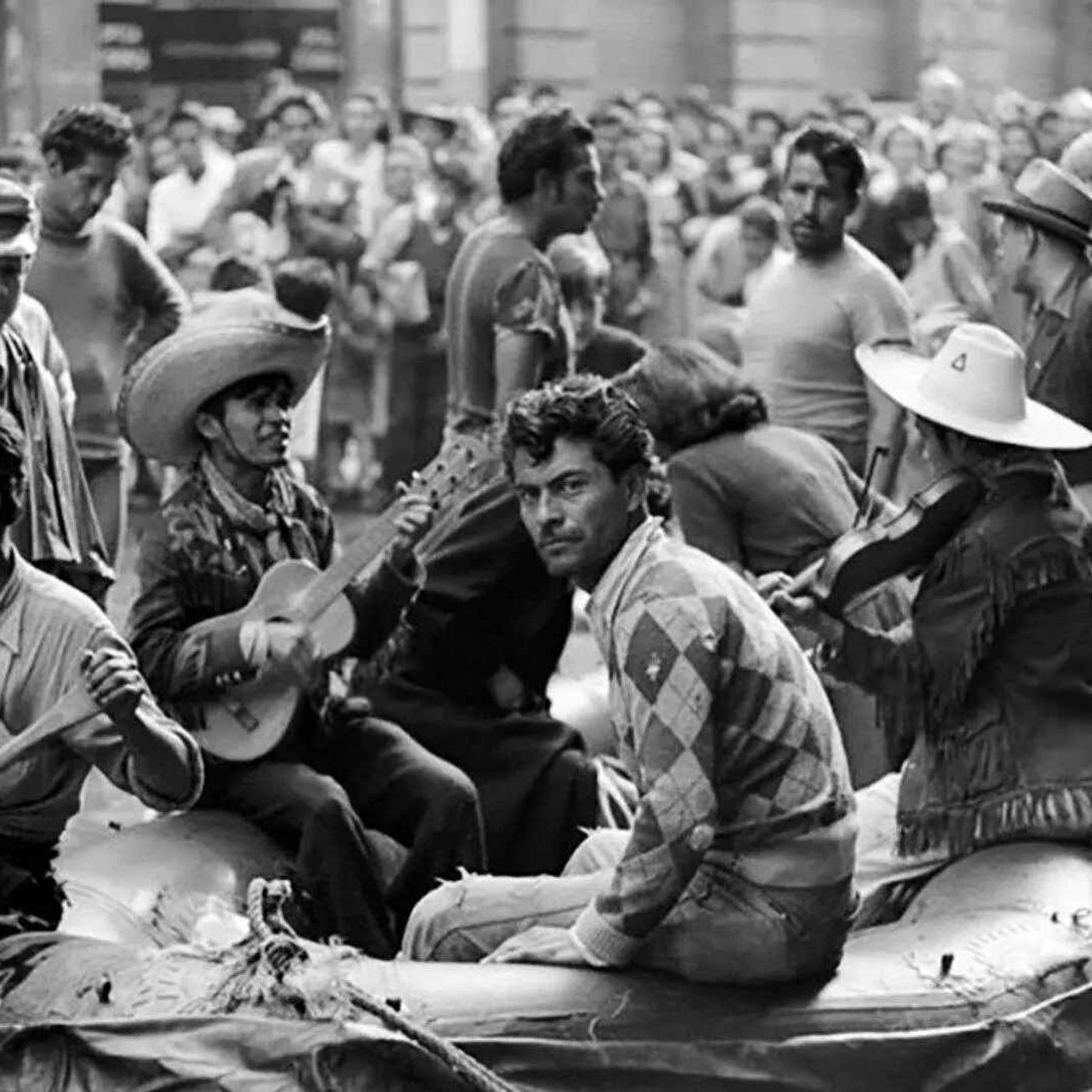
XIKOOVA EnglishThe Great Mexico City Flood of 1951The great Mexico City flood of 1951 one of the most surreal events with photographs documenting what it was like. ✍https://www.xikoova.com/en/the-great-mexico-city-flood-of-1951-with-photos/
2025-07-3104 min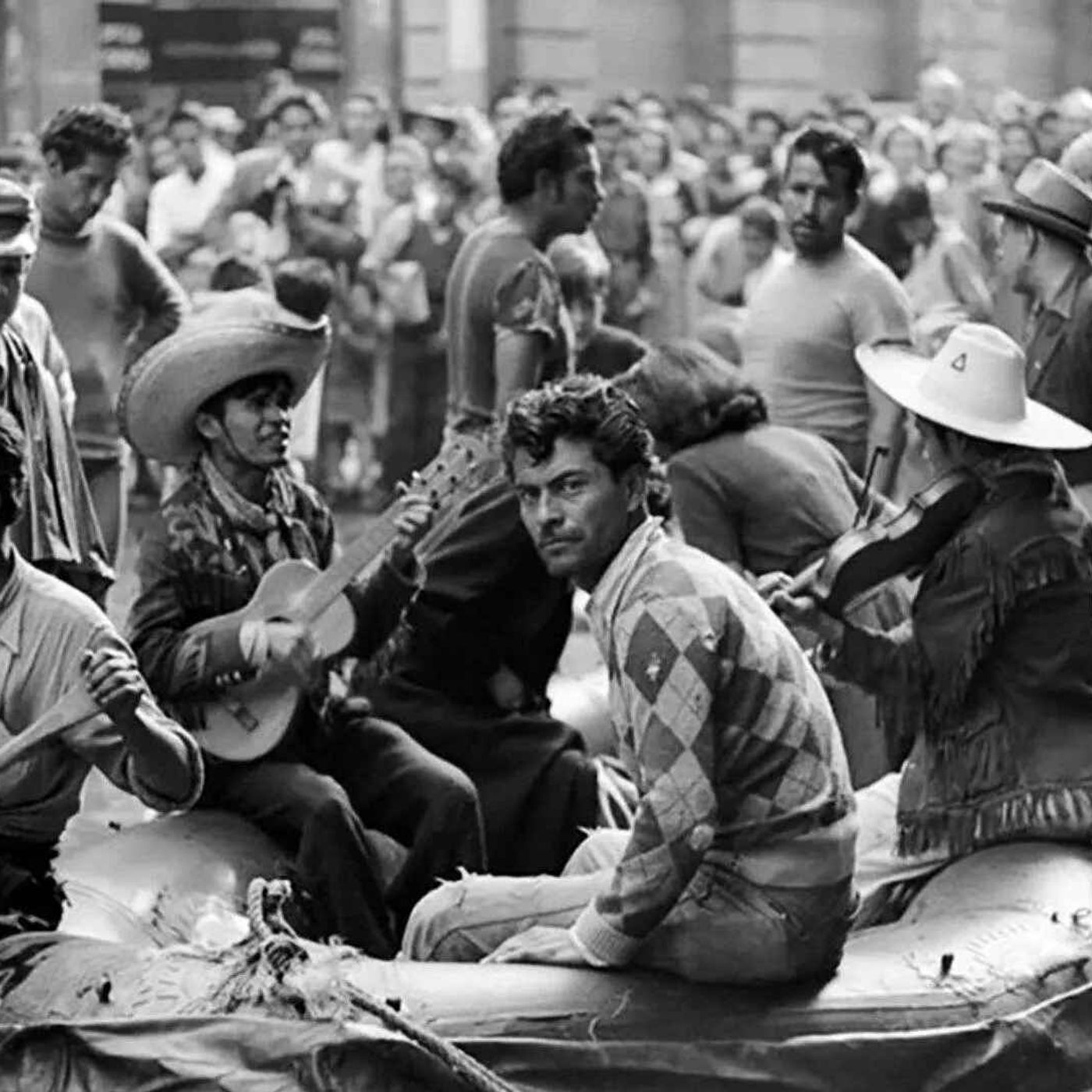
XIKOOVALa gran inundación de la Ciudad de México de 1951La gran inundación de la Ciudad de México de 1951 uno de los acontecimientos más surrealistas con fotografías que documentan como fue. ✍Ver el articulo completo aquí:https://www.xikoova.com/inundacion-de-la-ciudad-de-mexico-de-1951/
2025-07-3103 min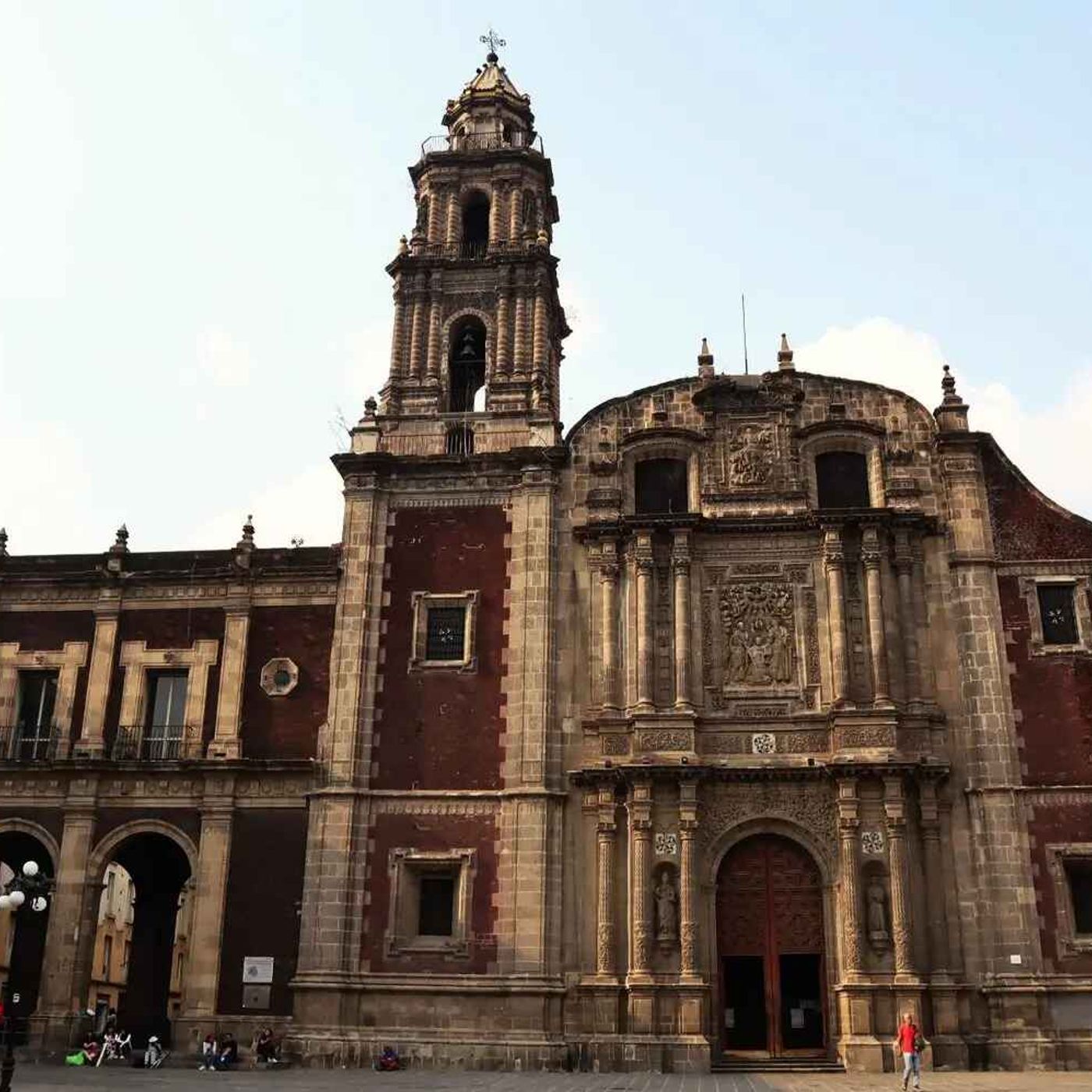
XIKOOVA EnglishSanto Domingo Church in Mexico CityThe church of Santo Domingo or Exconvento de Santo Domingo is one of the most important cultural and historical sites in Mexico. See the complete article here:https://www.xikoova.com/en/santo-domingo-church-in-mexico-city/
2025-07-3108 min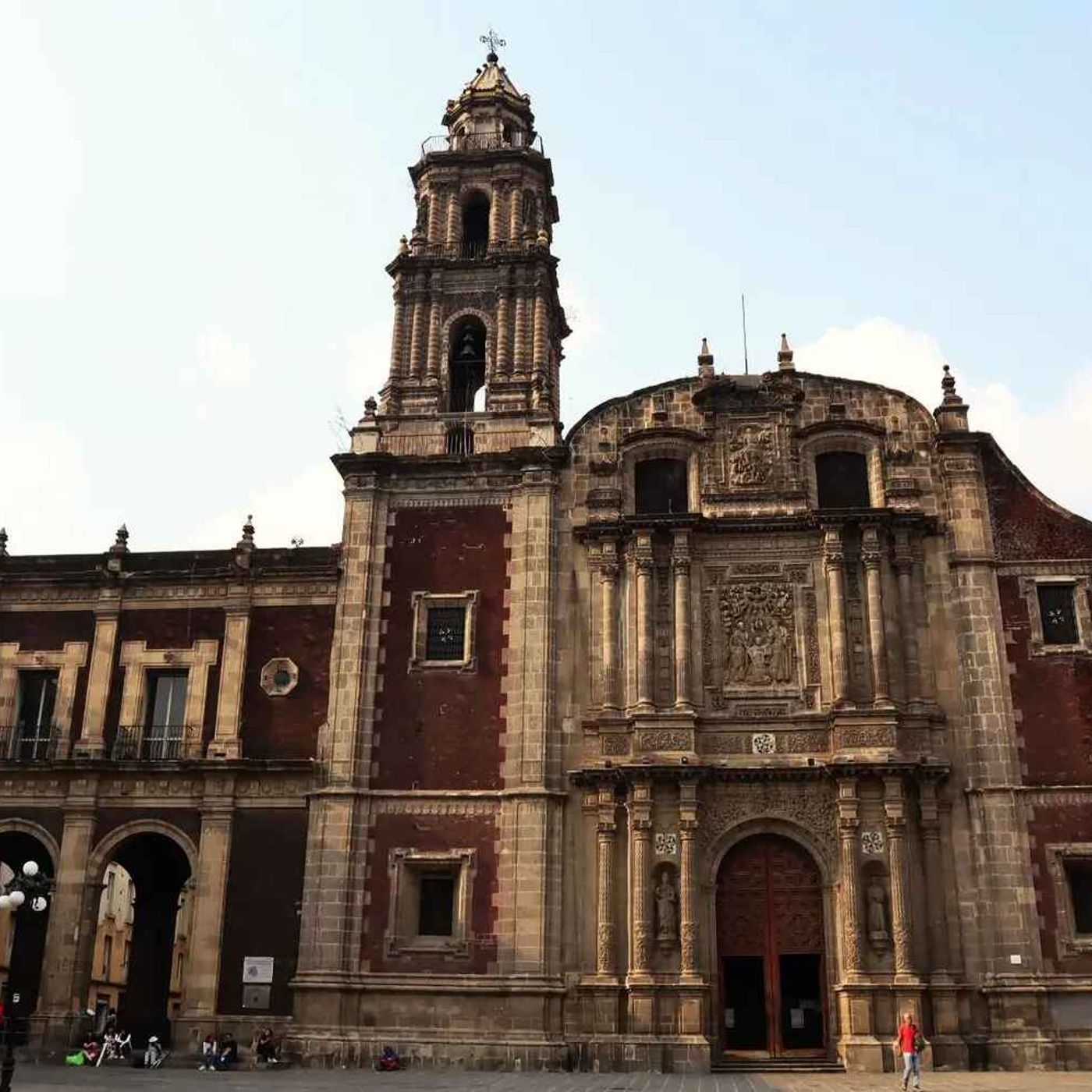
XIKOOVAIglesia de Santo Domingo en Ciudad de MéxicoLa iglesia de Santo Domingo o Exconvento de Santo domingo es uno de los recintos culturales e históricos más importantes de México. Ver el articulo completo aquí:https://www.xikoova.com/iglesia-de-santo-domingo-ciudad-de-mexico/
2025-07-3107 min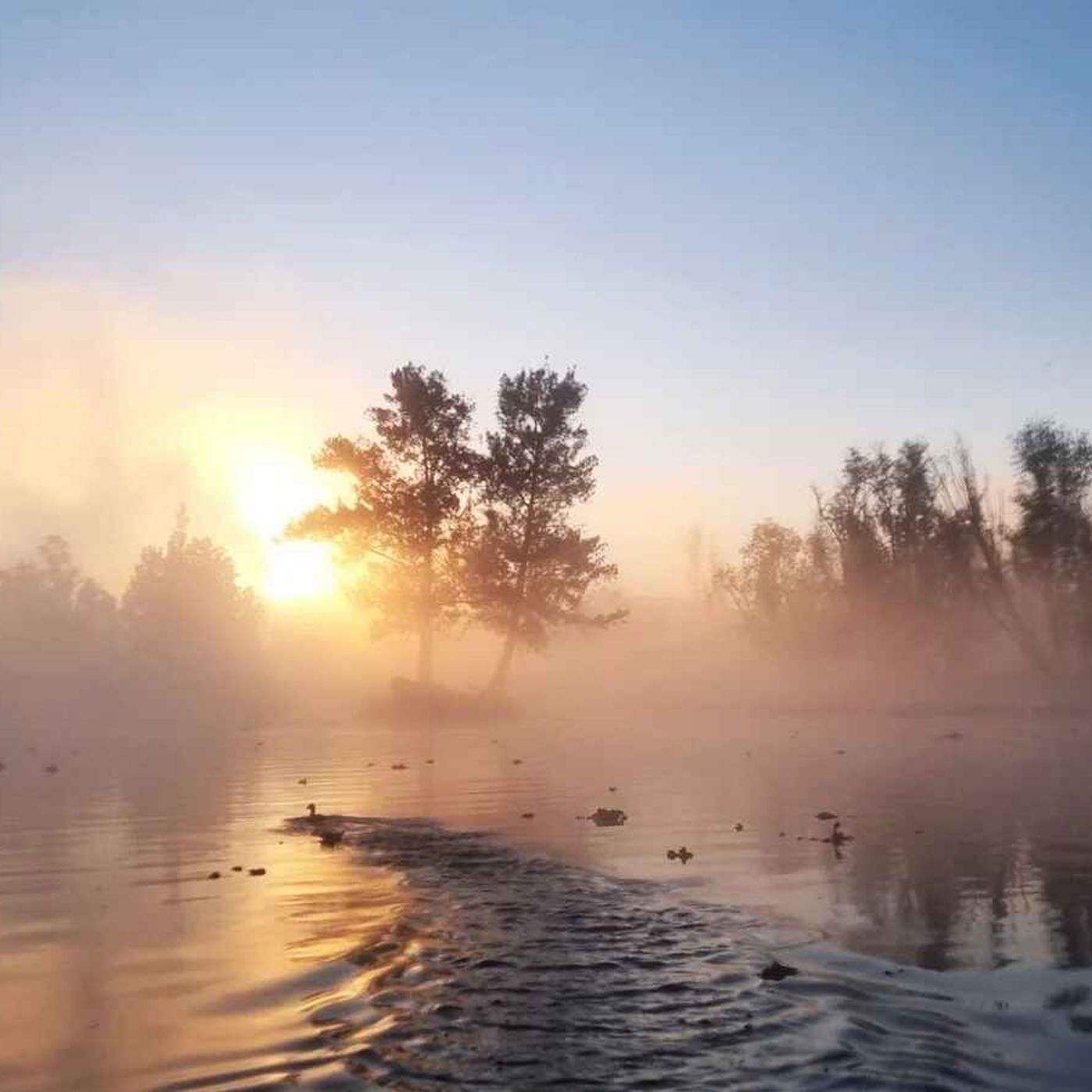
XIKOOVA EnglishSunrise in Xochimilco, a magic experienceMeet the Sunrise in Xochimilco, one of the most amazing experiences that Mexico City has and that you will undoubtedly enjoy. See the complete article here:https://www.xikoova.com/en/sunrise-in-xochimilco-a-magic-experience/
2025-07-3105 min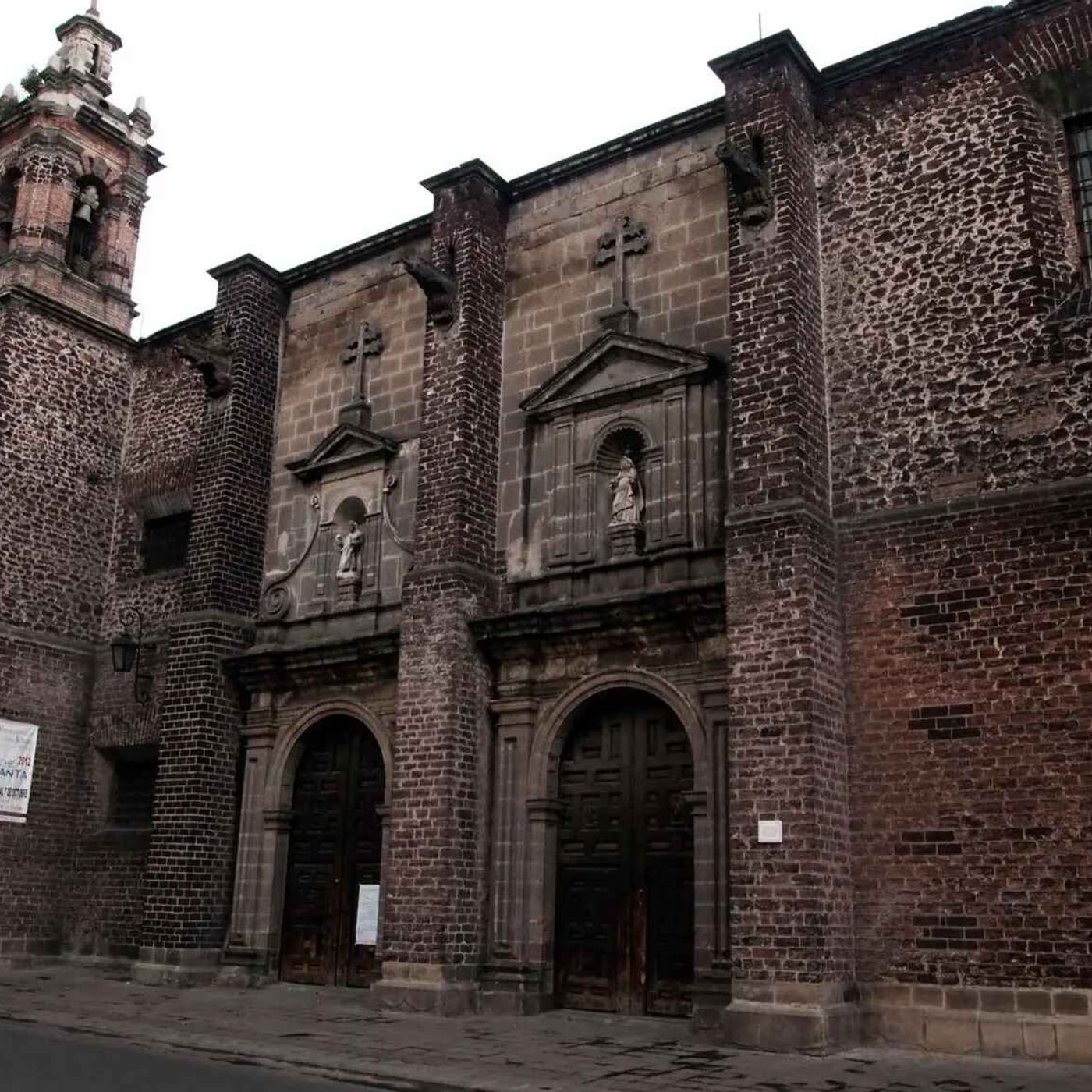
XIKOOVASanta teresa la nuevaEn el lado oriental de la pintoresca Plaza de Loreto, entre las encantadoras calles de Justo Sierra y San Ildefonso, se alza el majestuoso Templo de Santa Teresa la Nueva. Este nombre se le atribuye para distinguirlo de su homónimo, el Templo de Santa Teresa la Antigua, que se encuentra más al sur, en la calle Licenciado Primo de Verdad, a un lado del icónico Palacio Nacional.https://www.xikoova.com/santa-teresa-la-nueva/
2023-09-1405 min